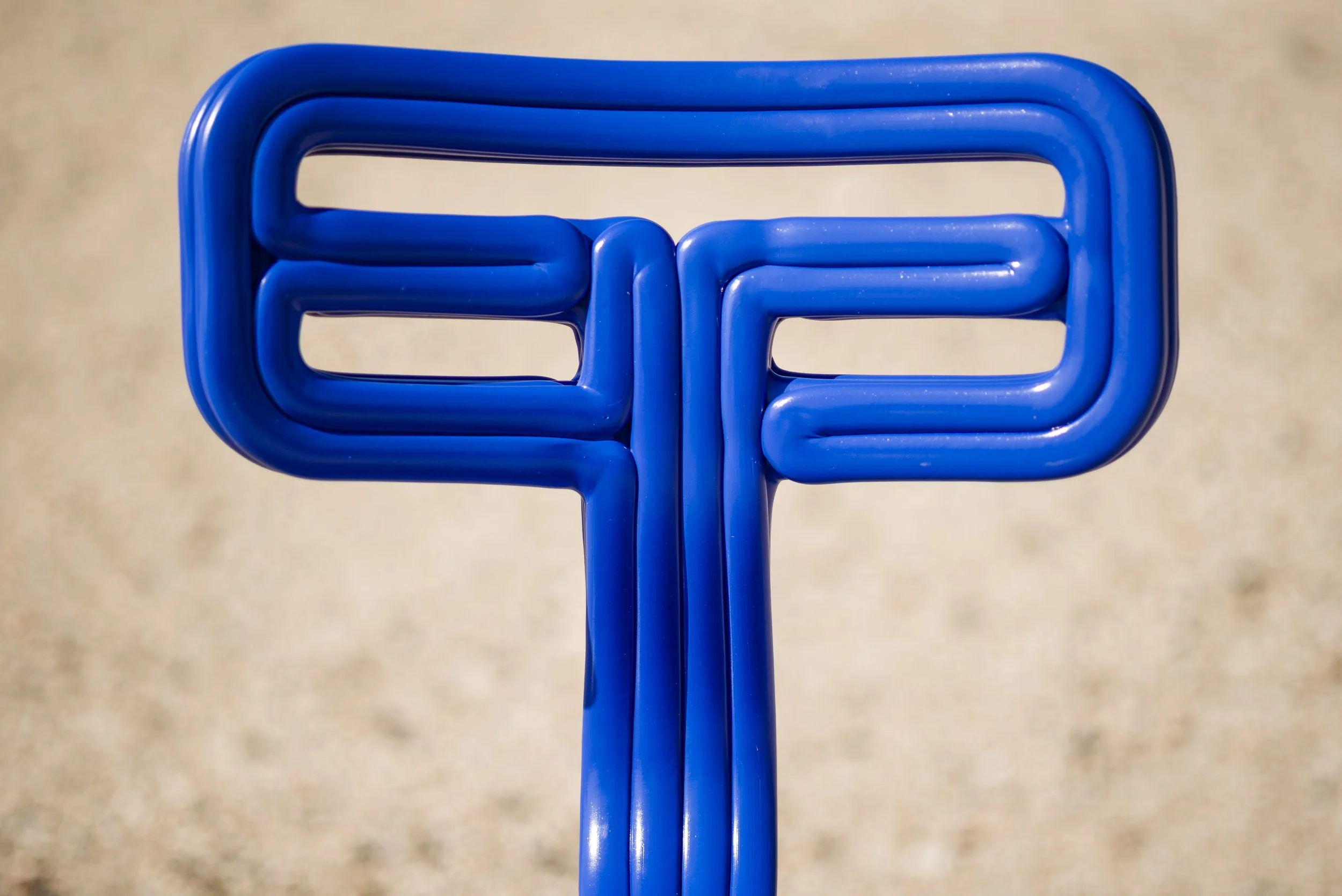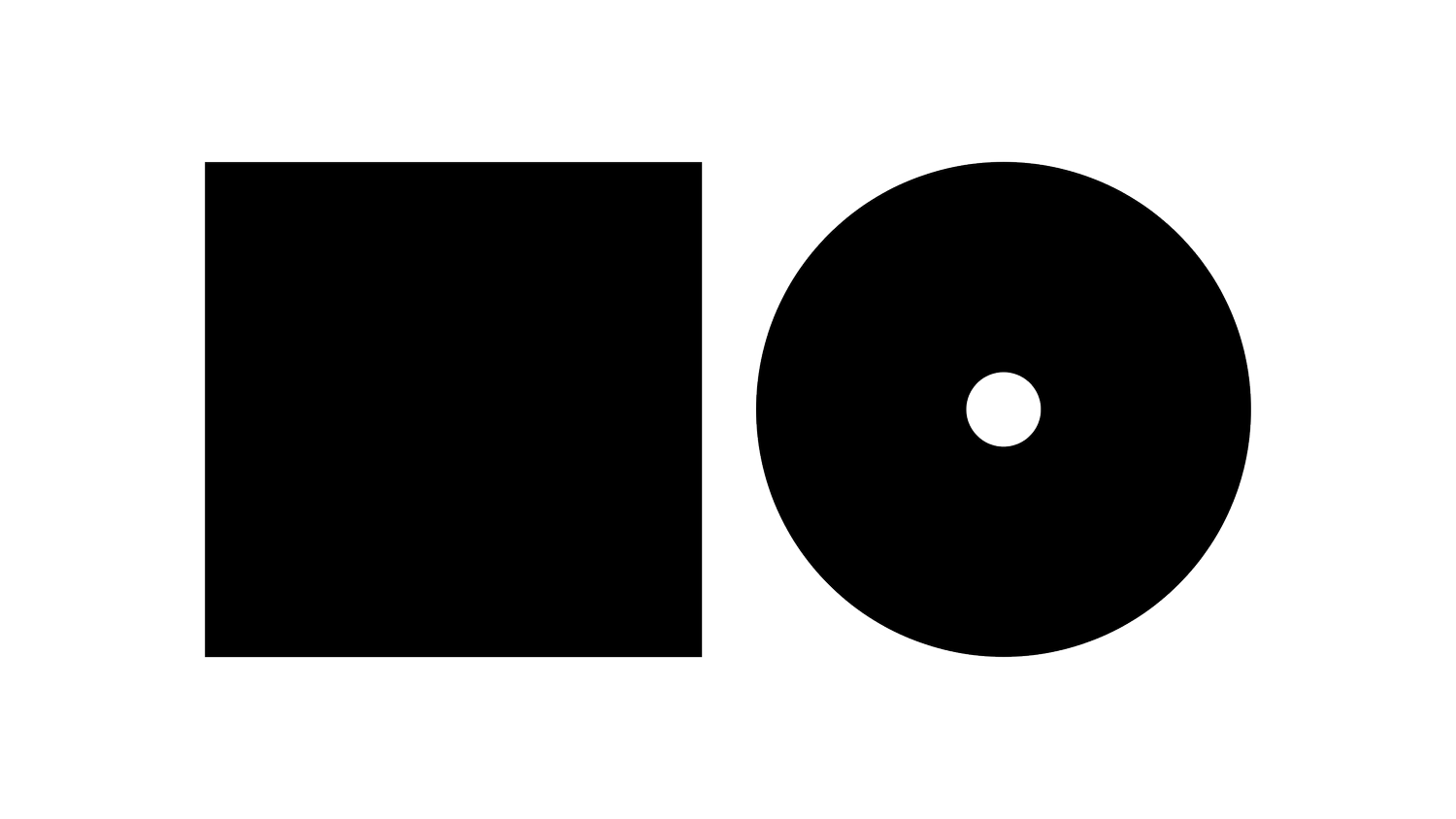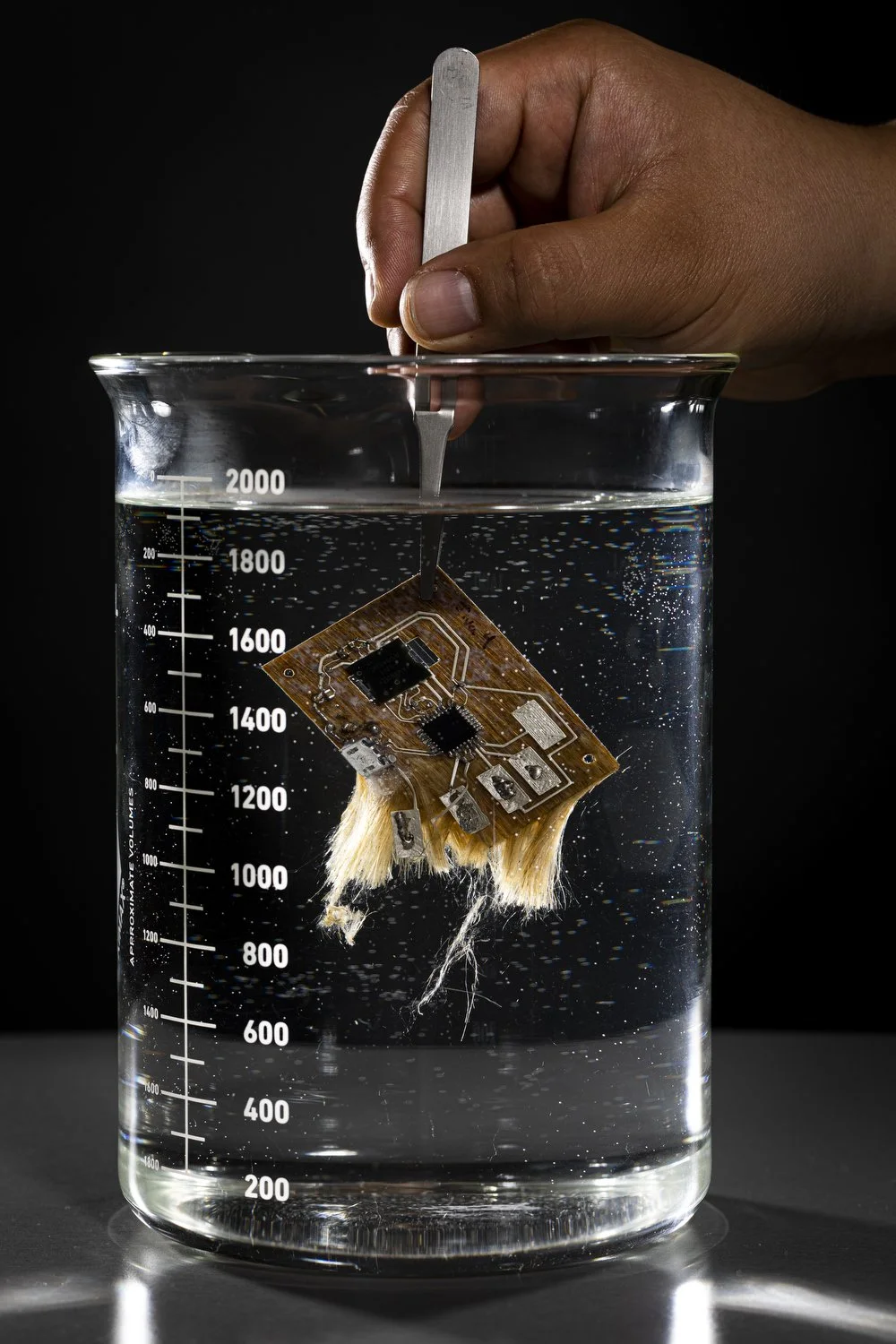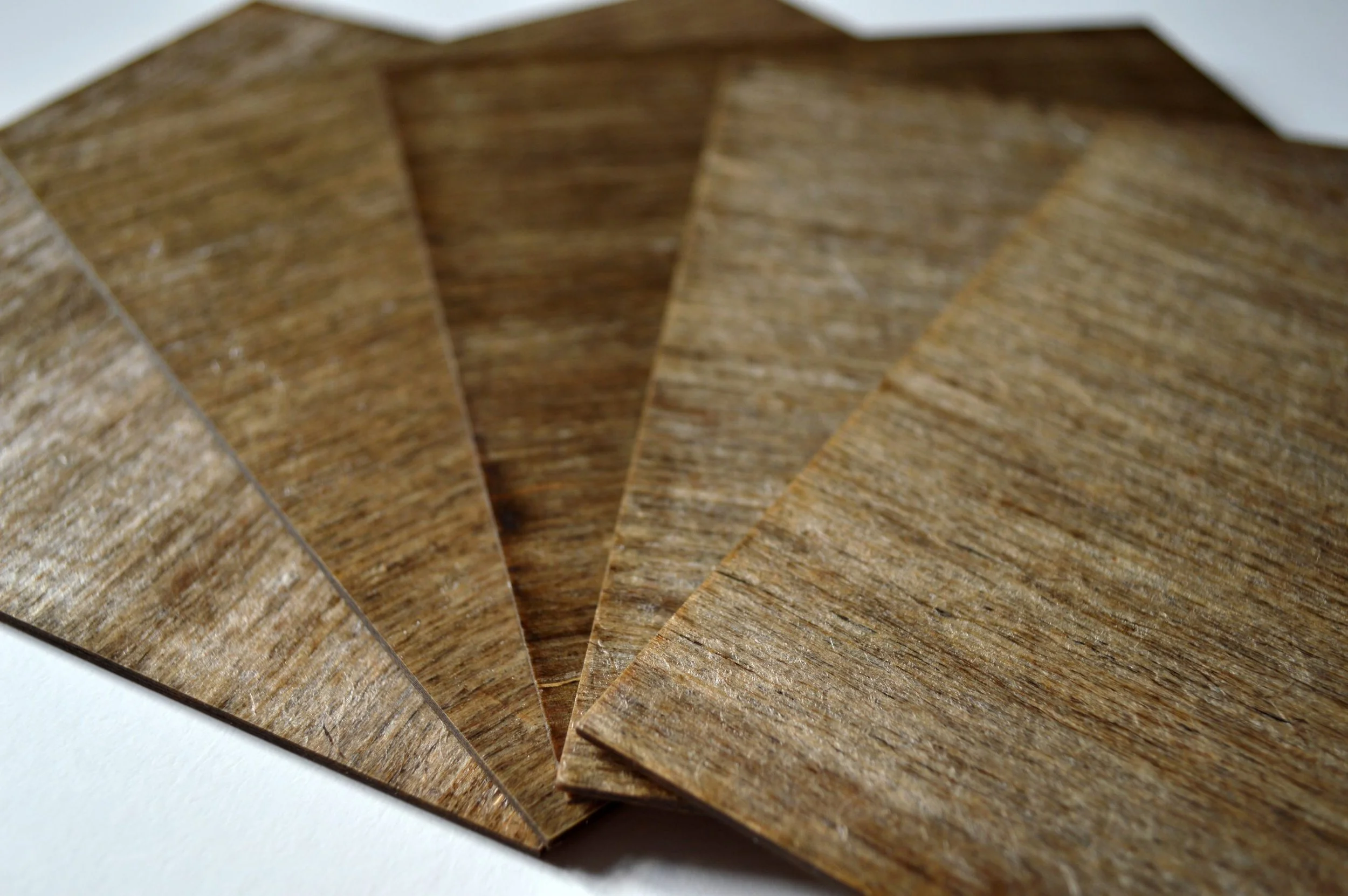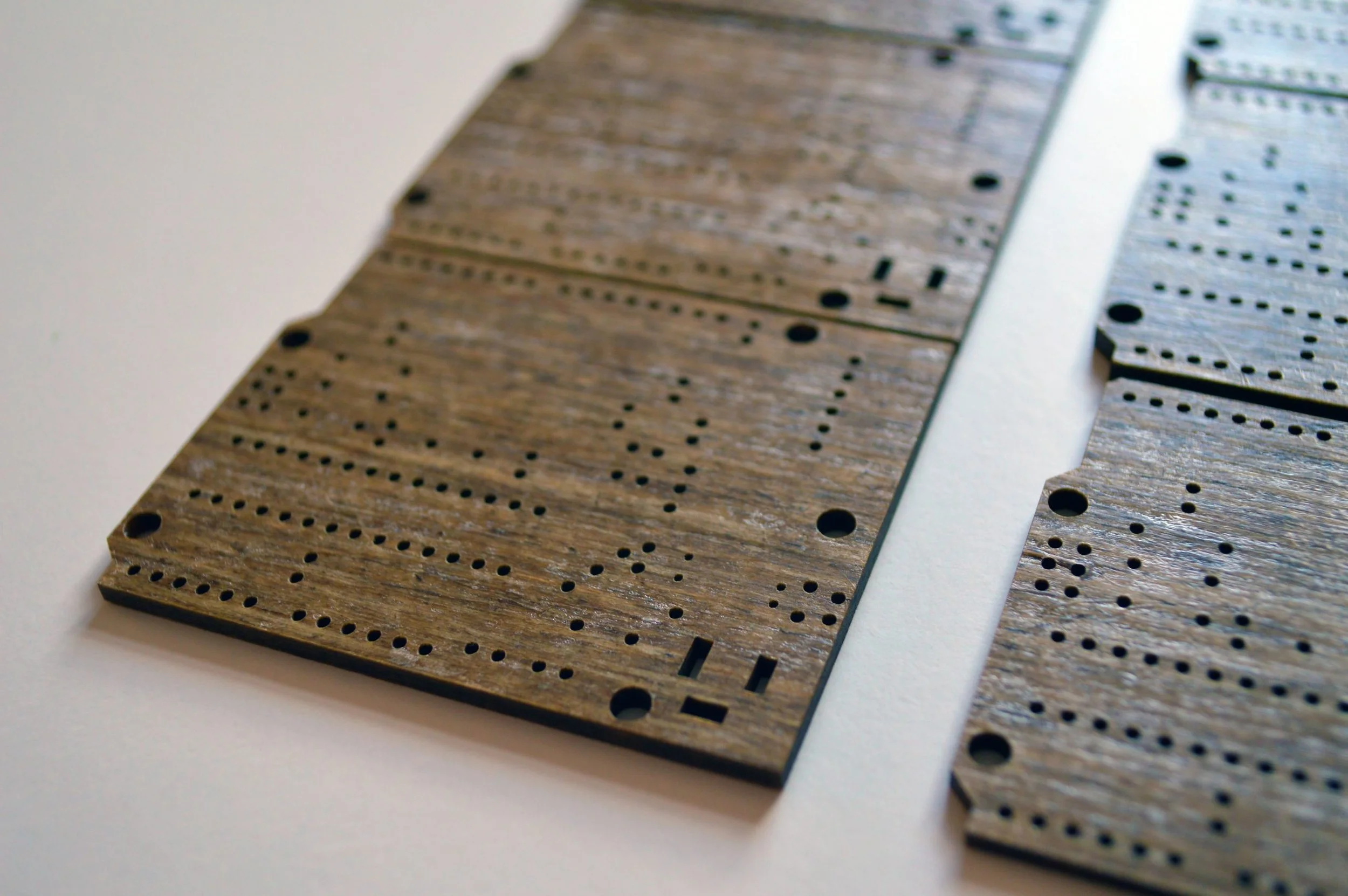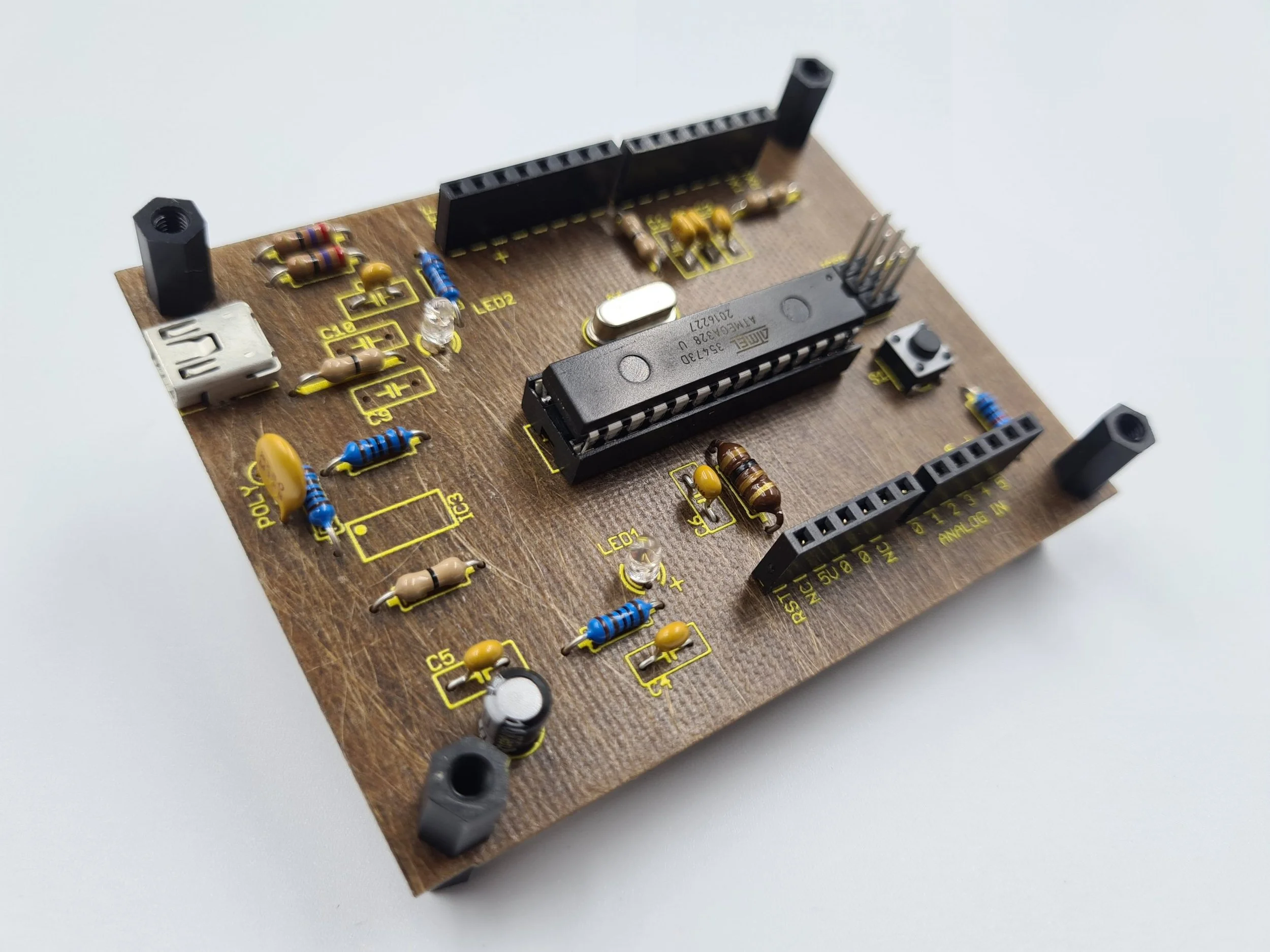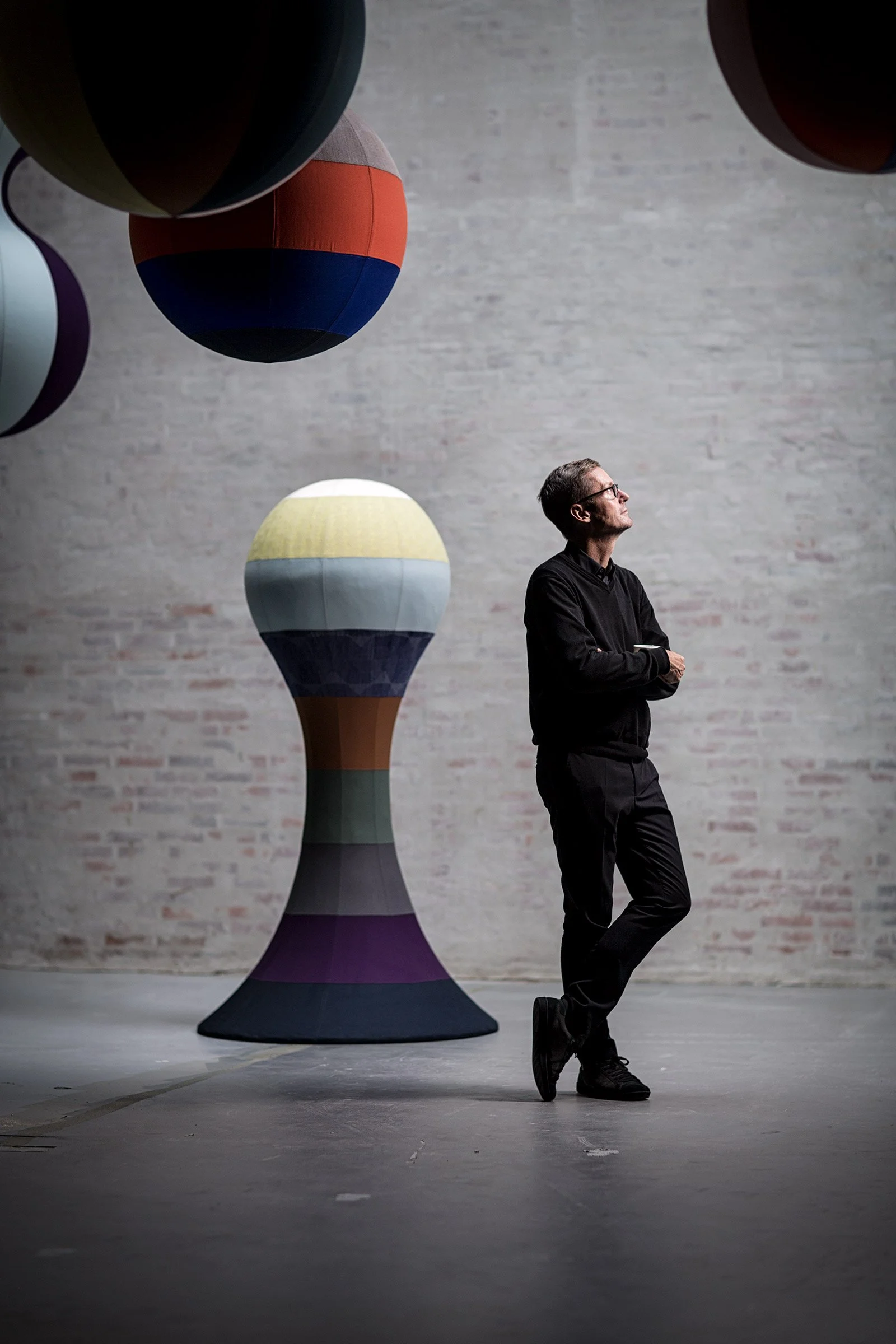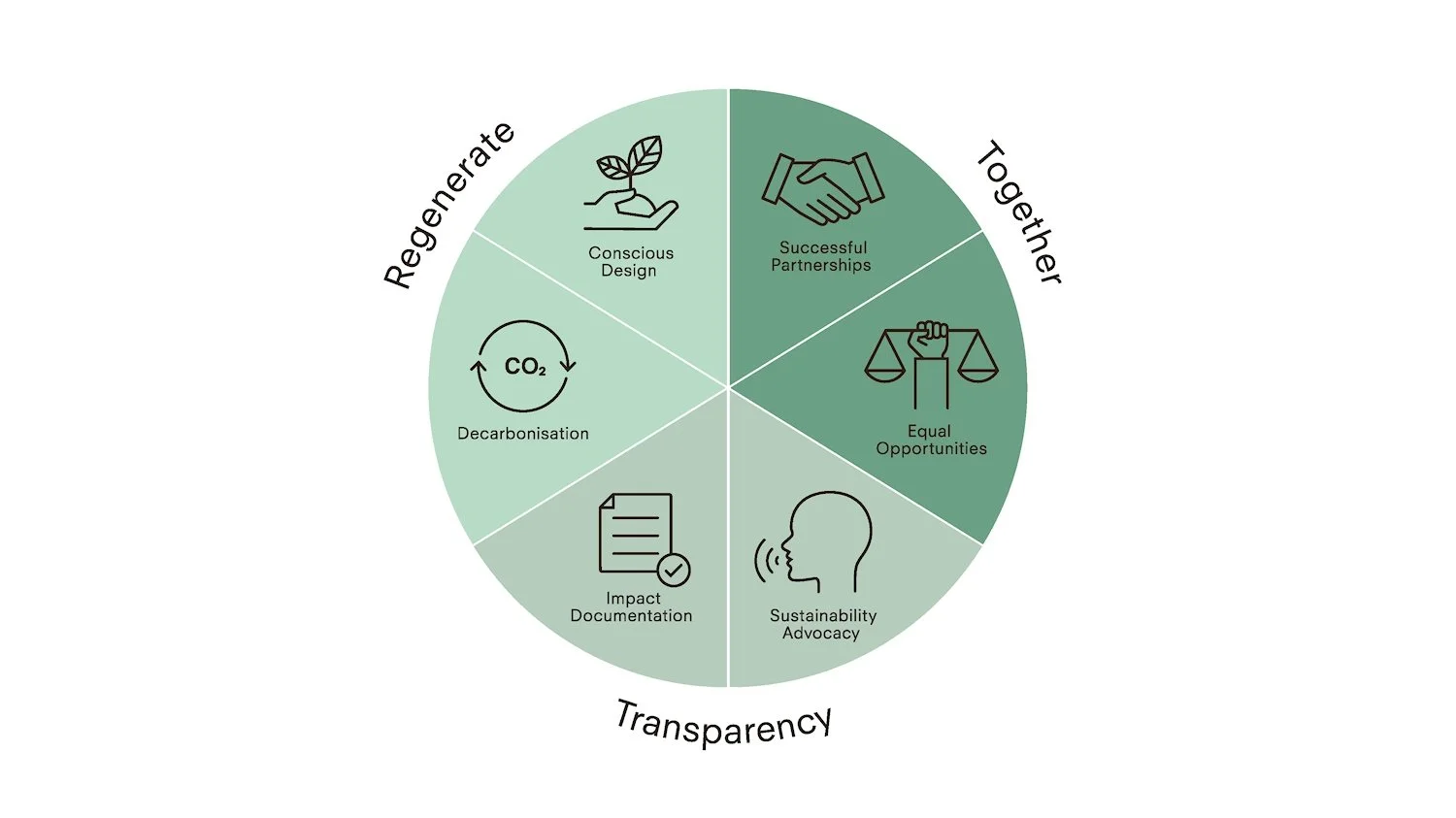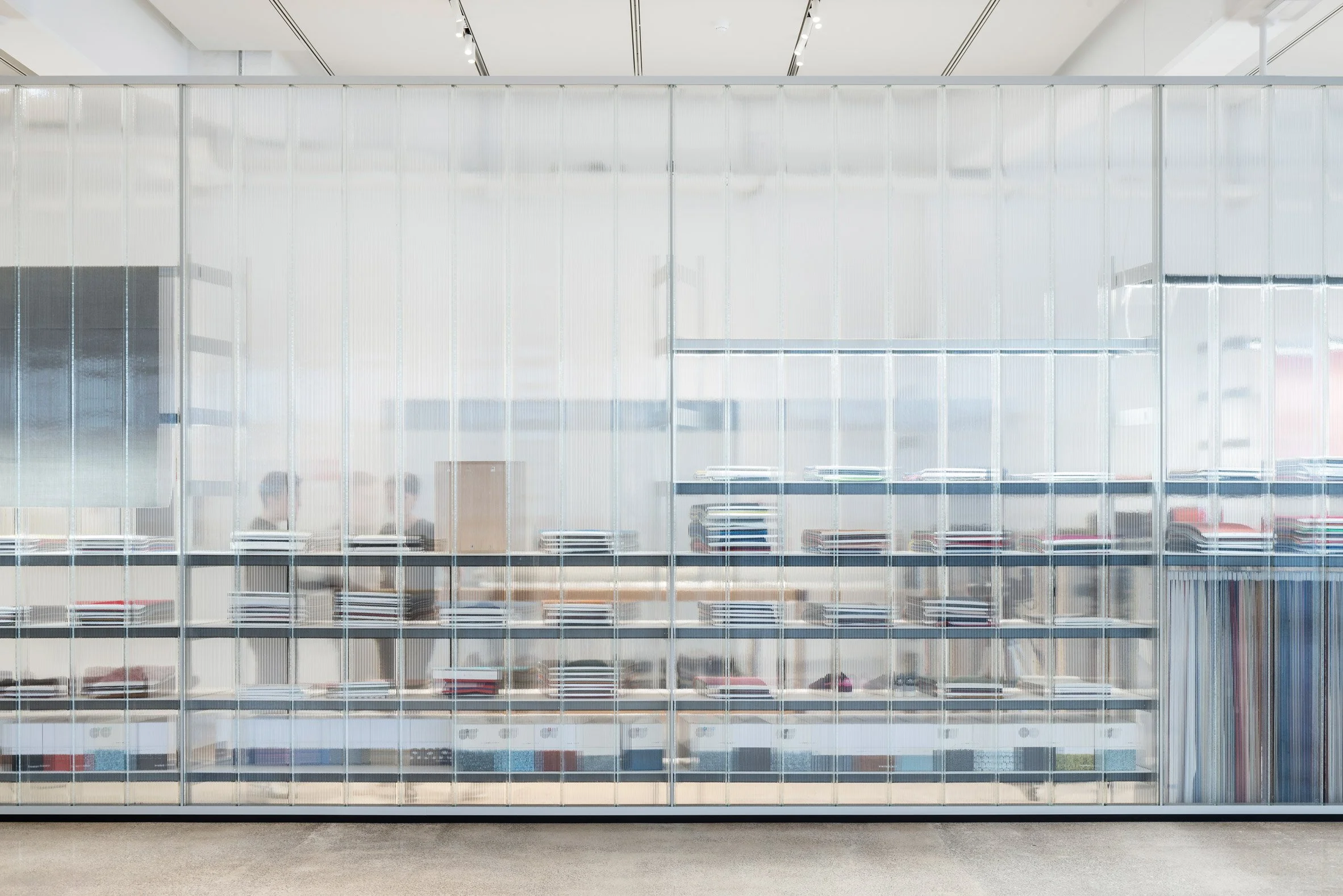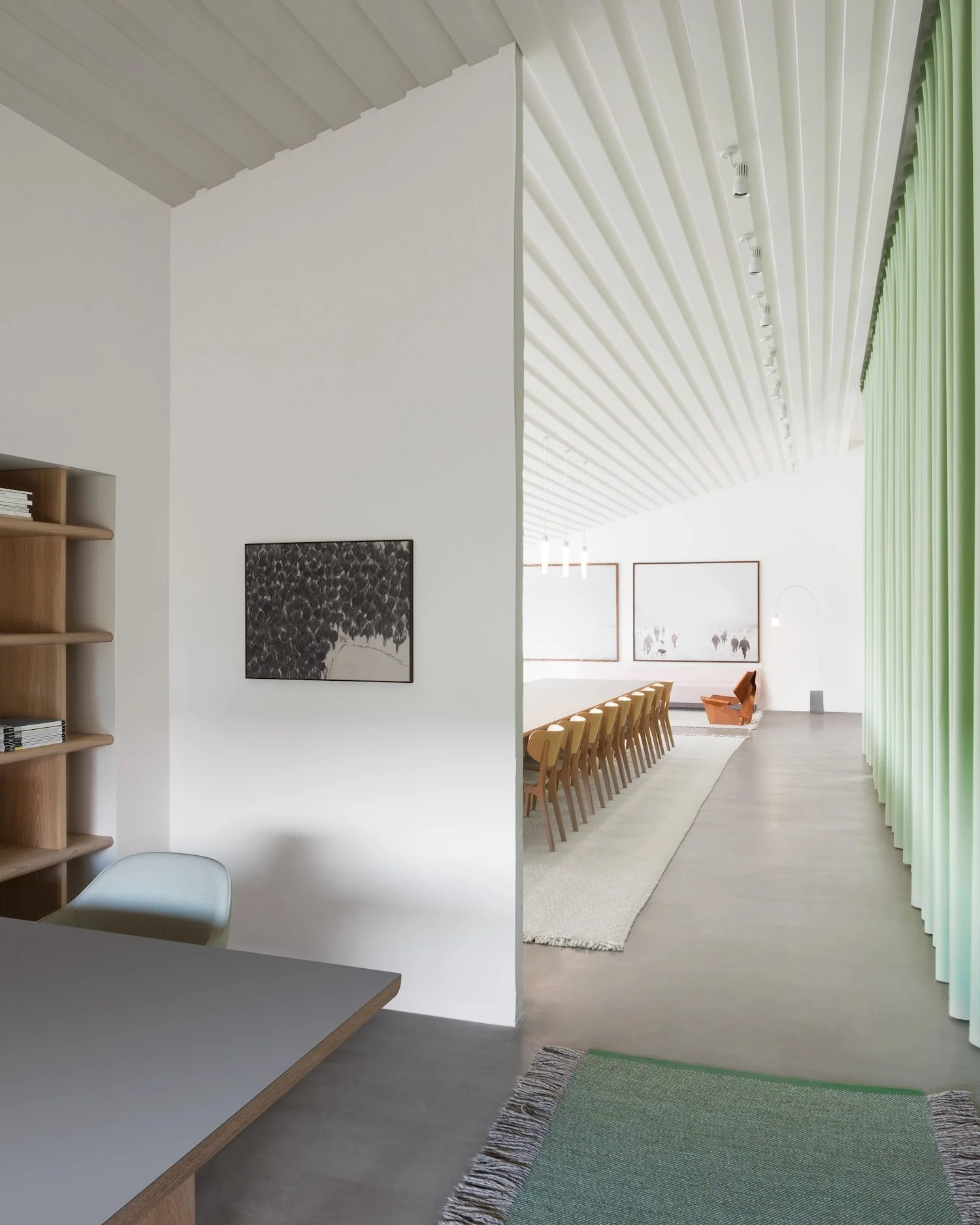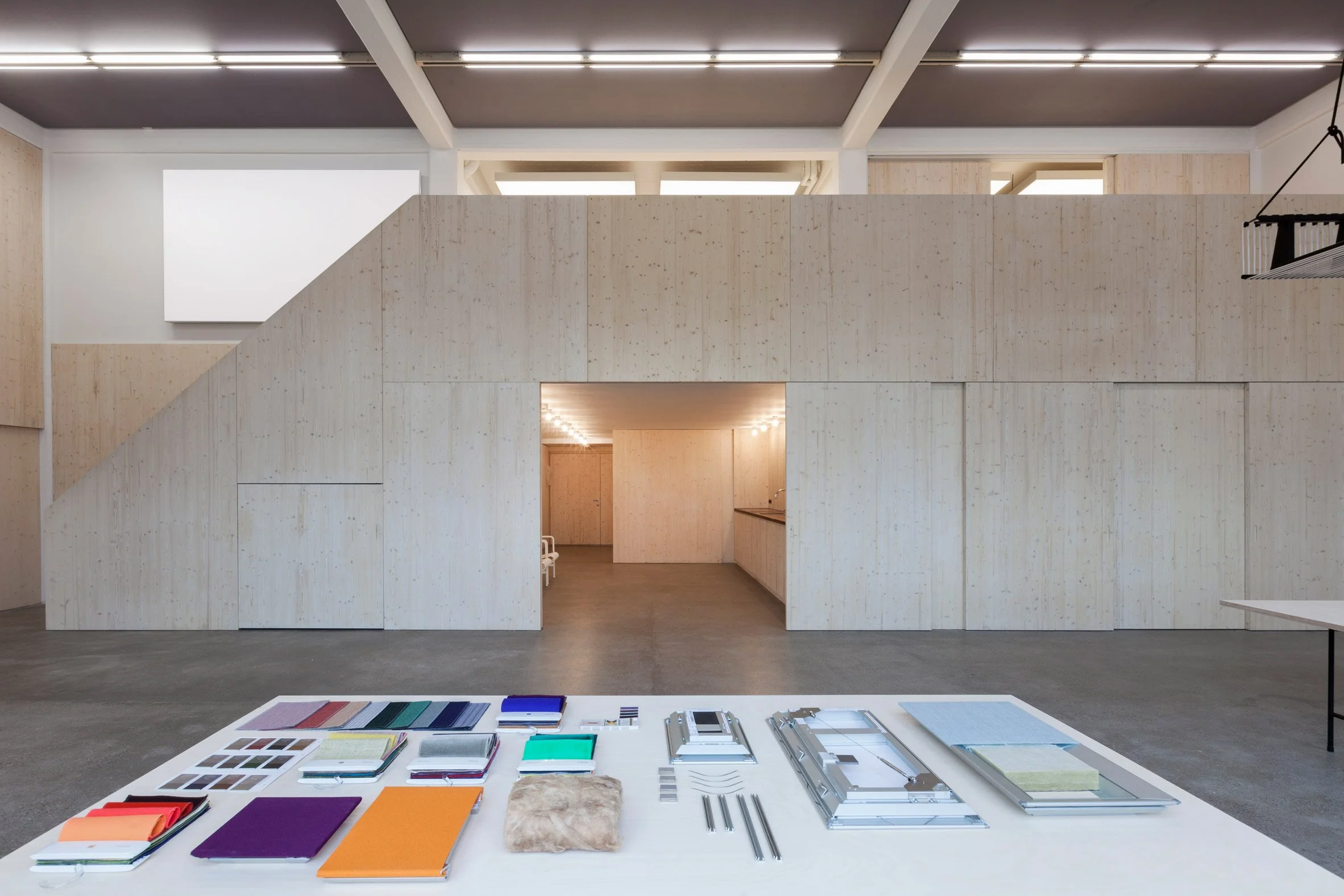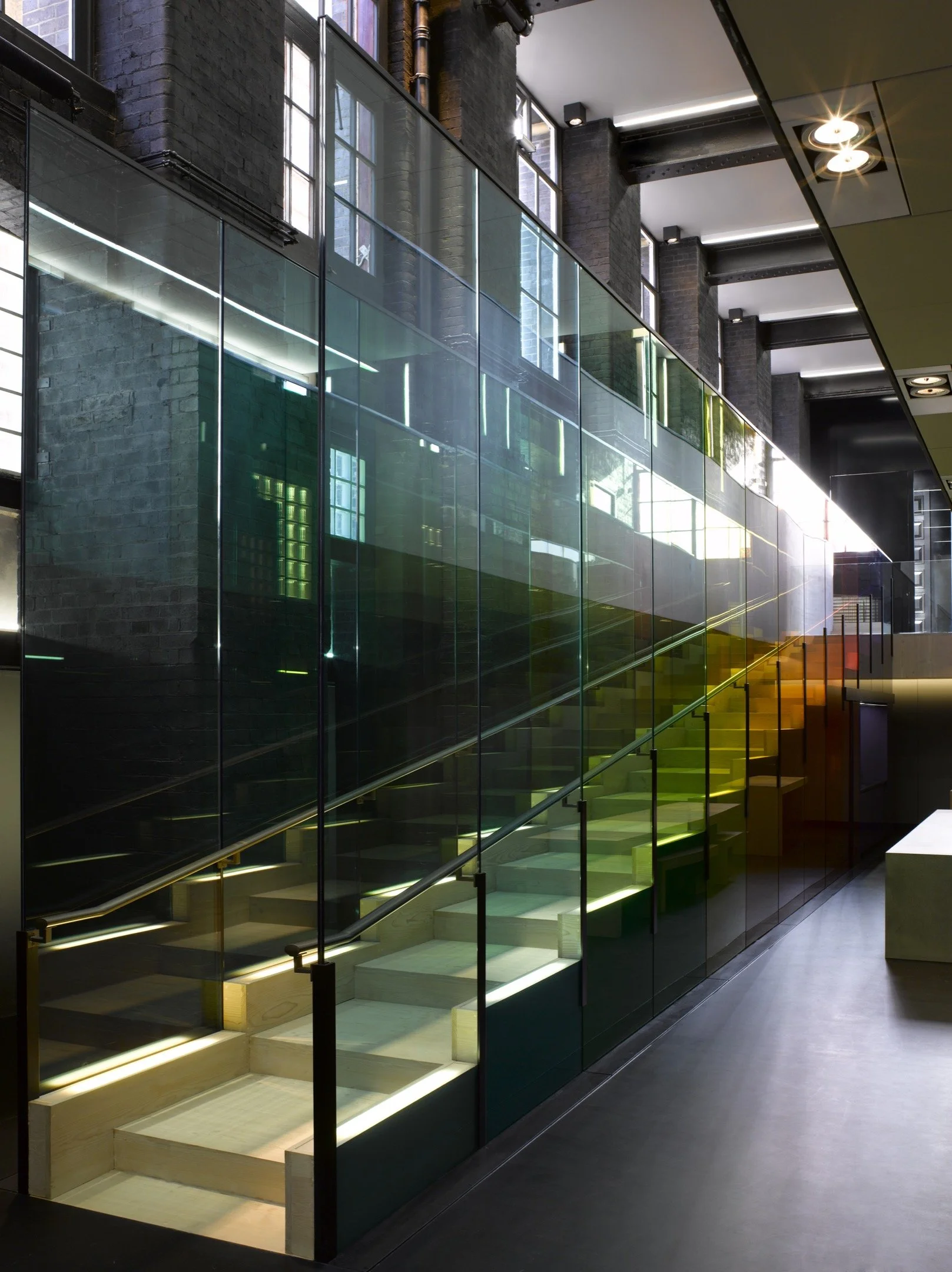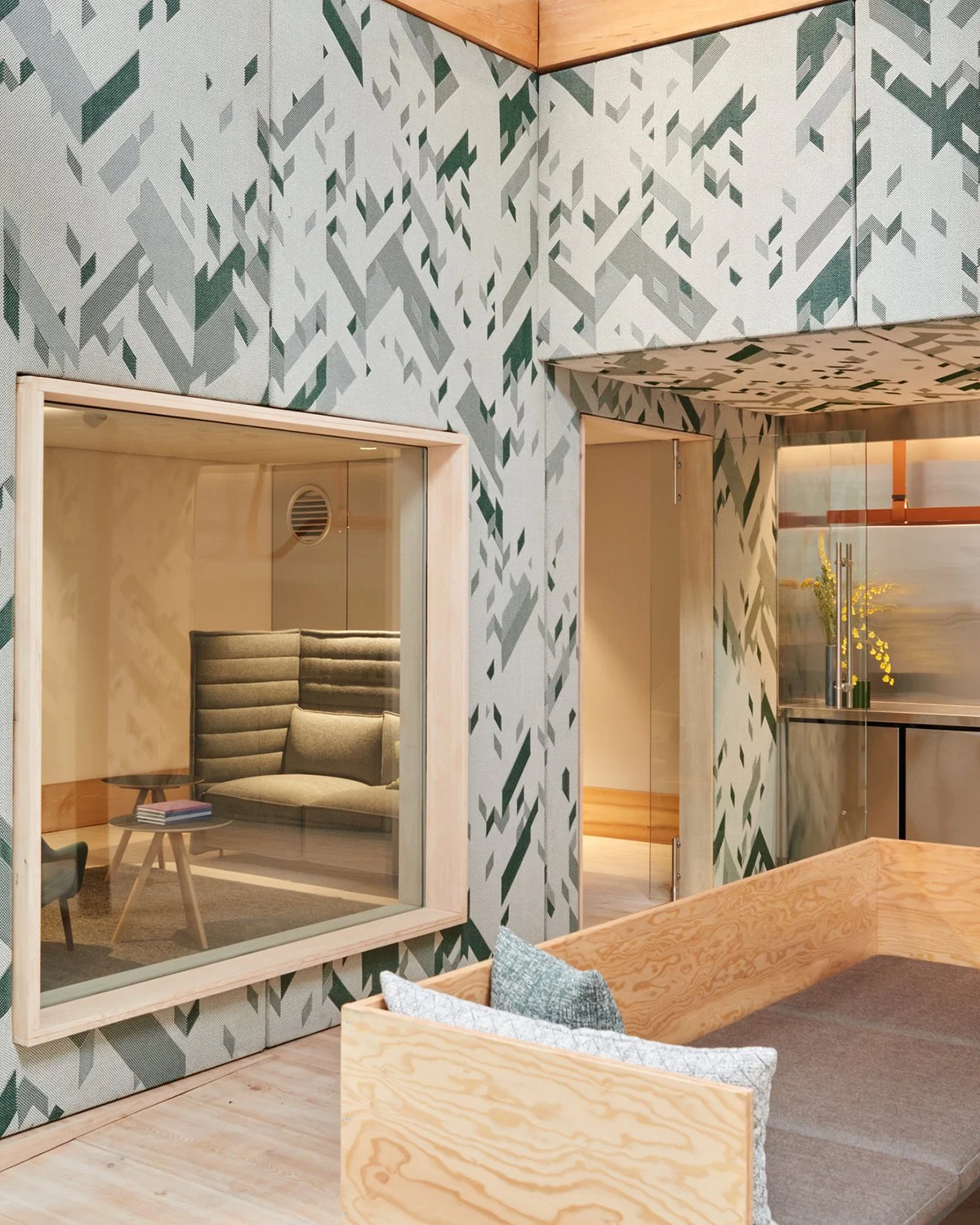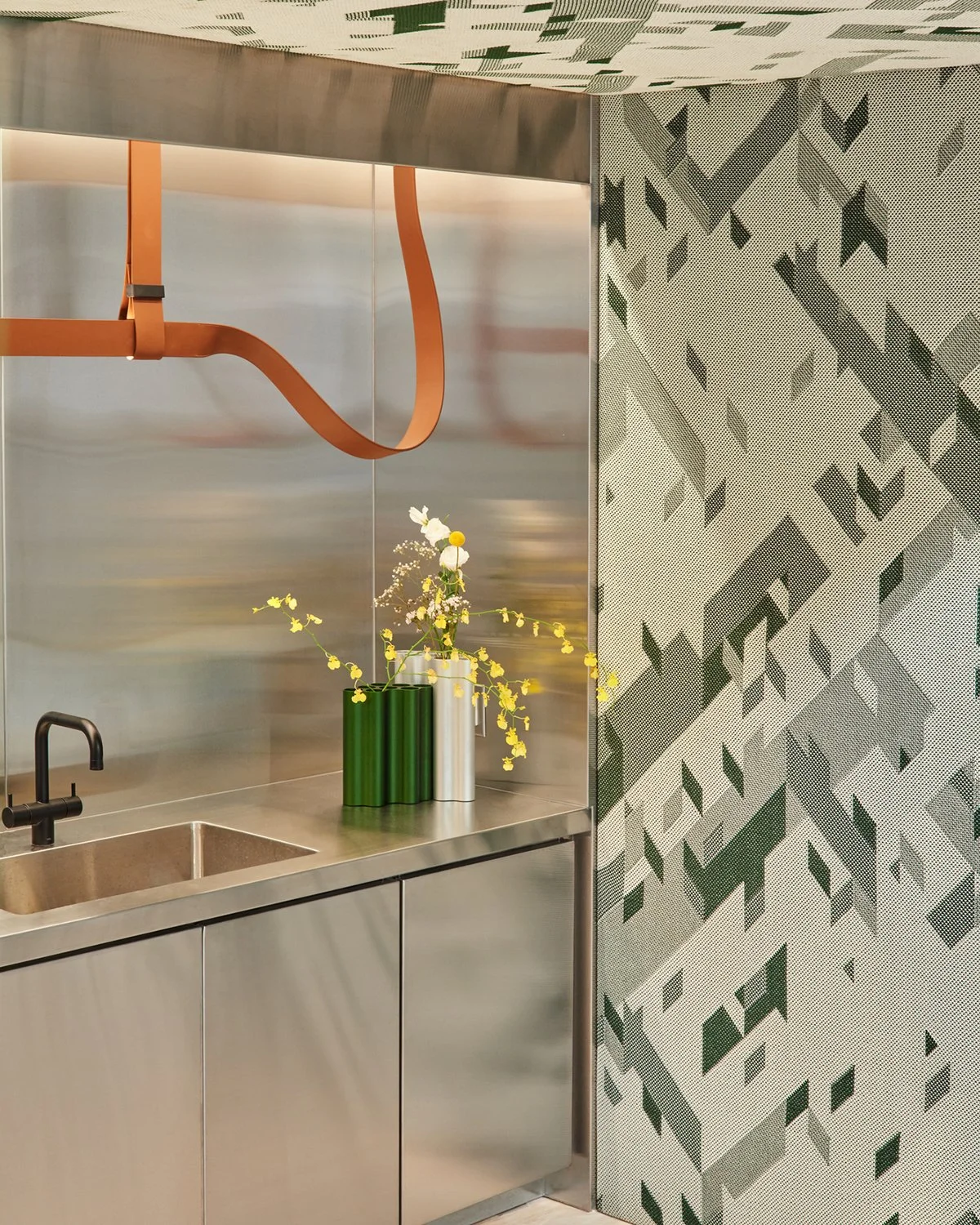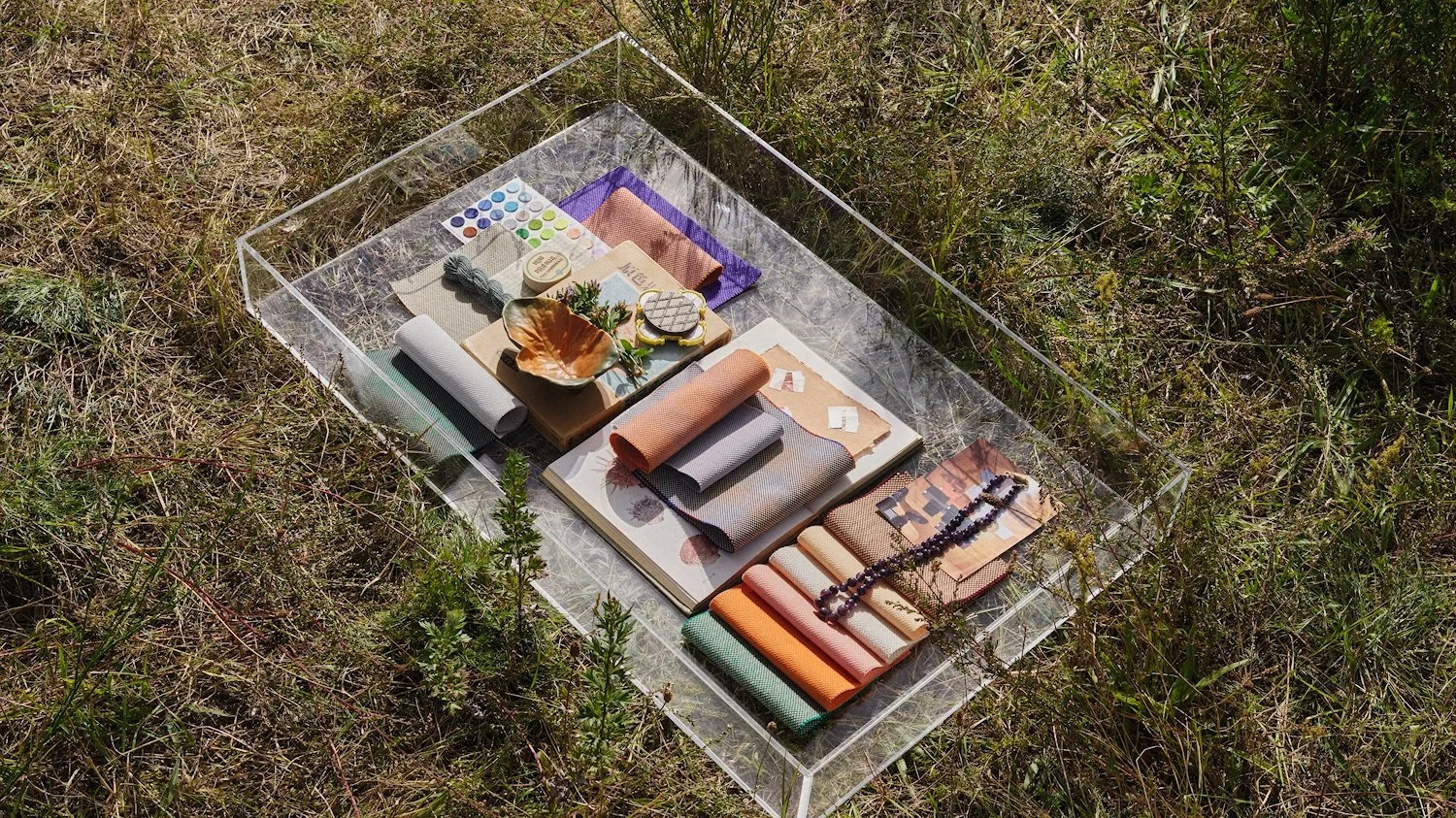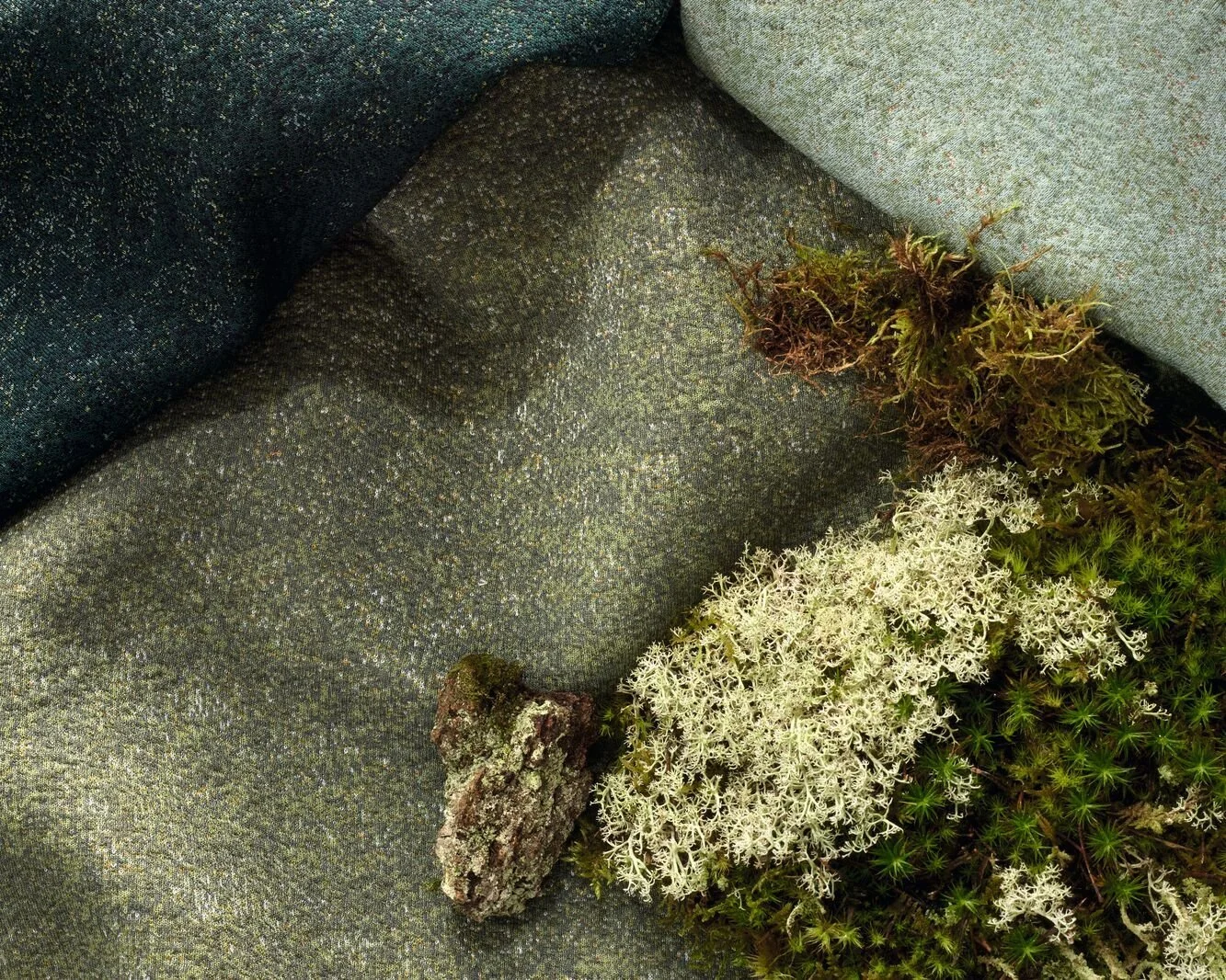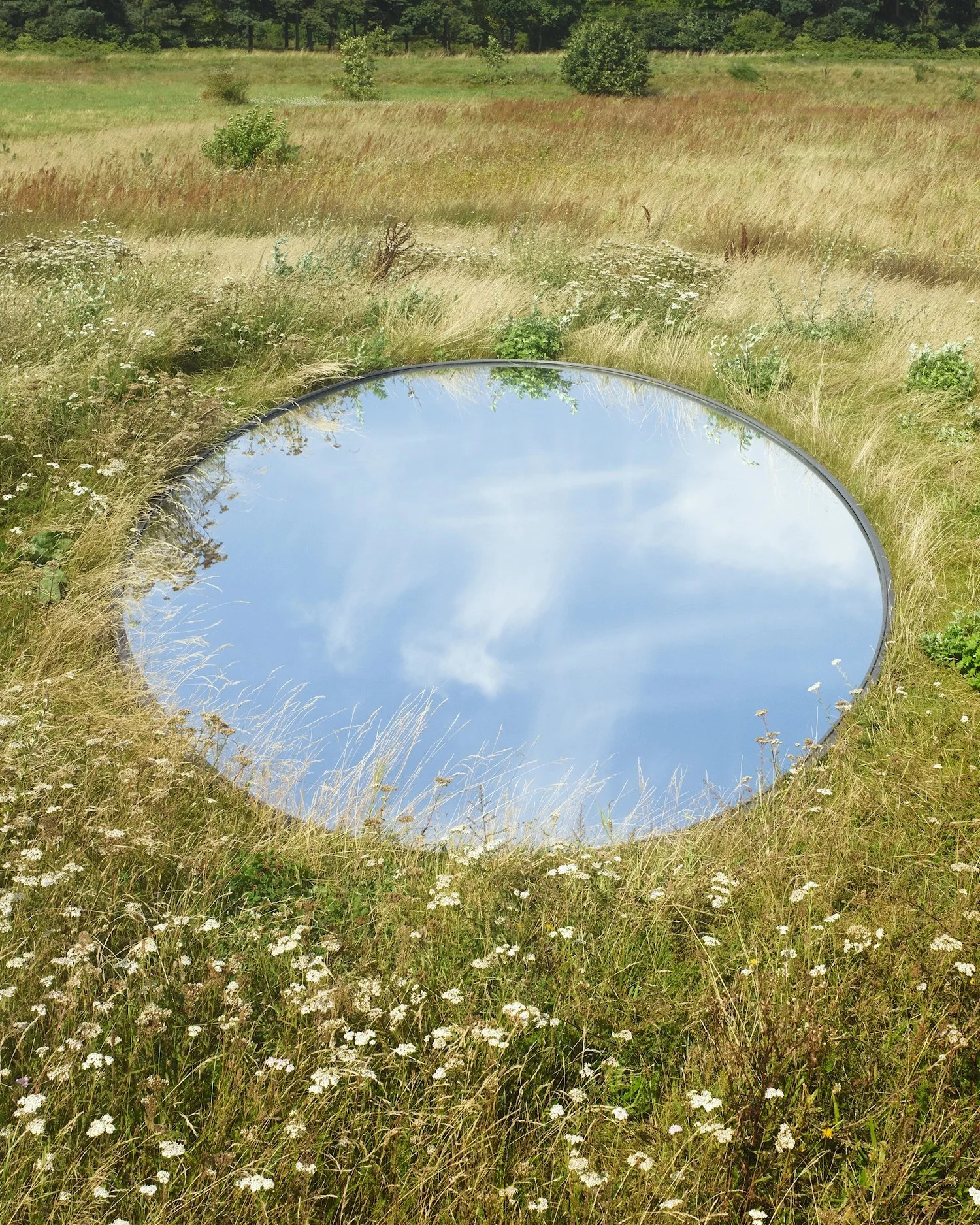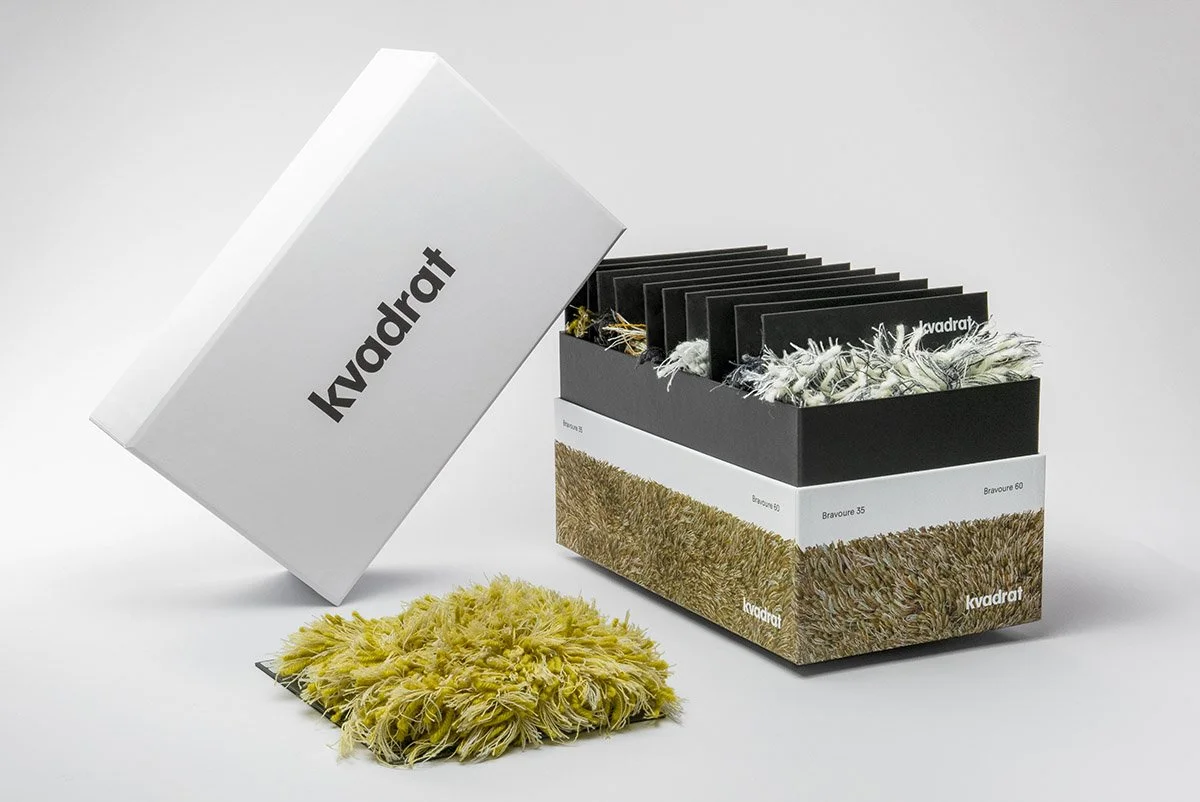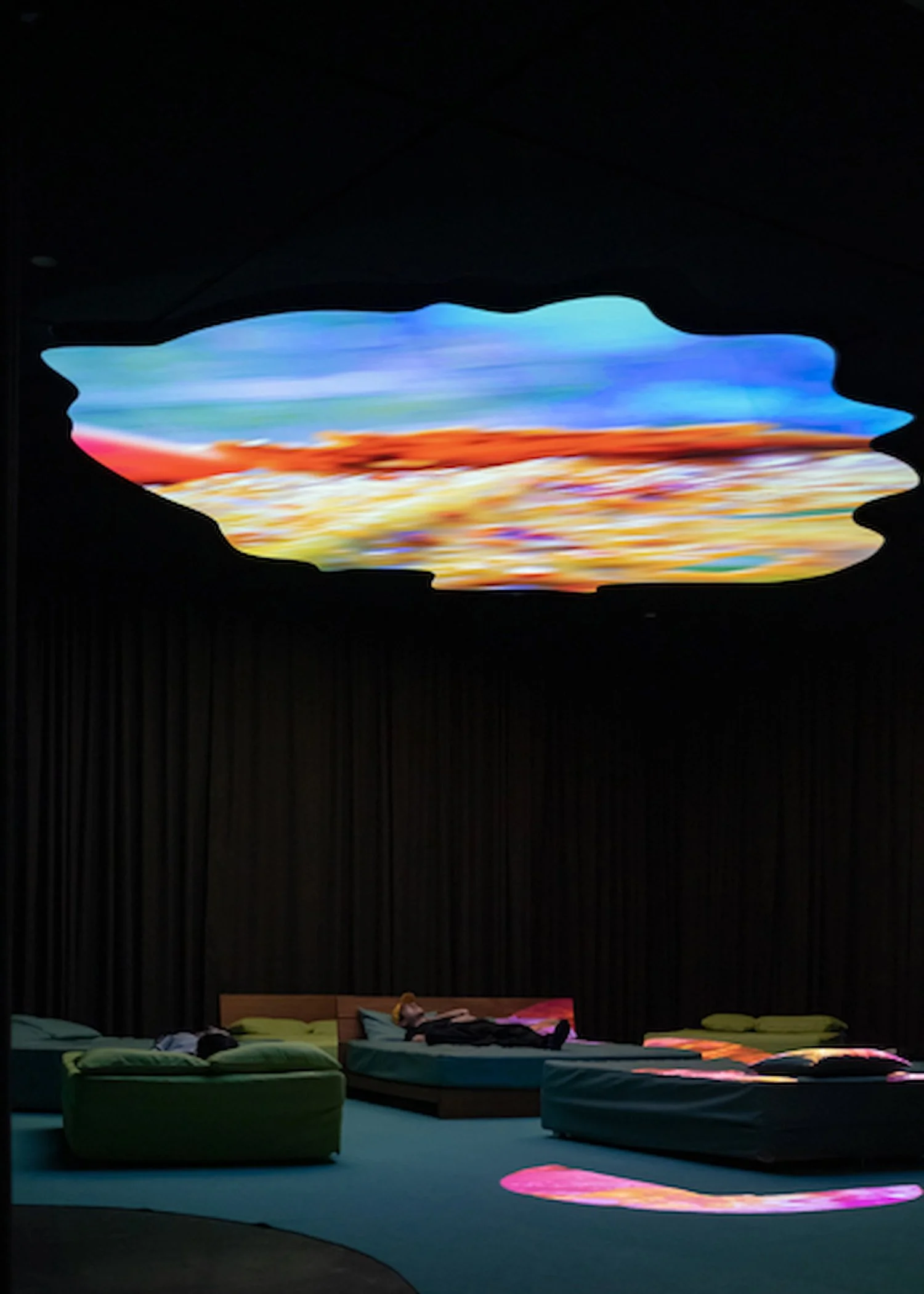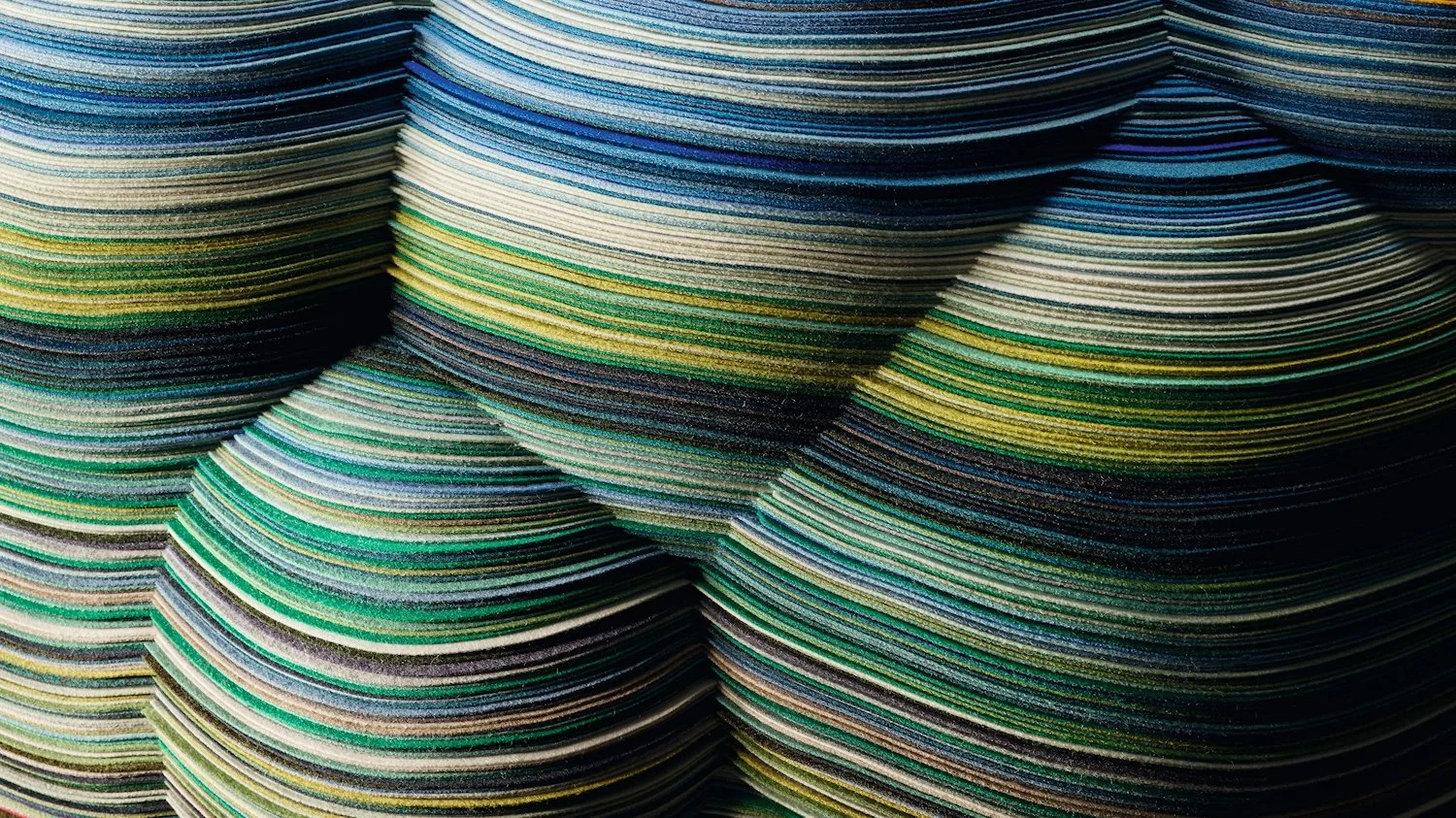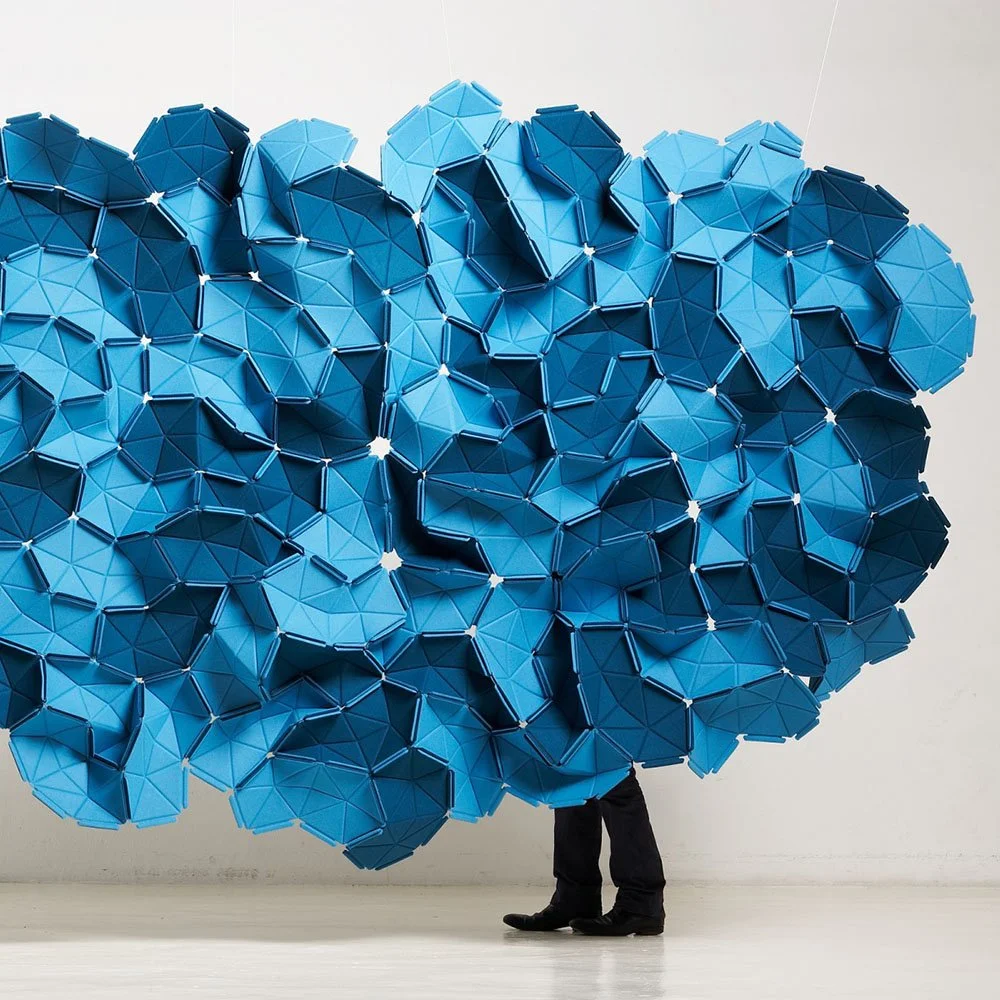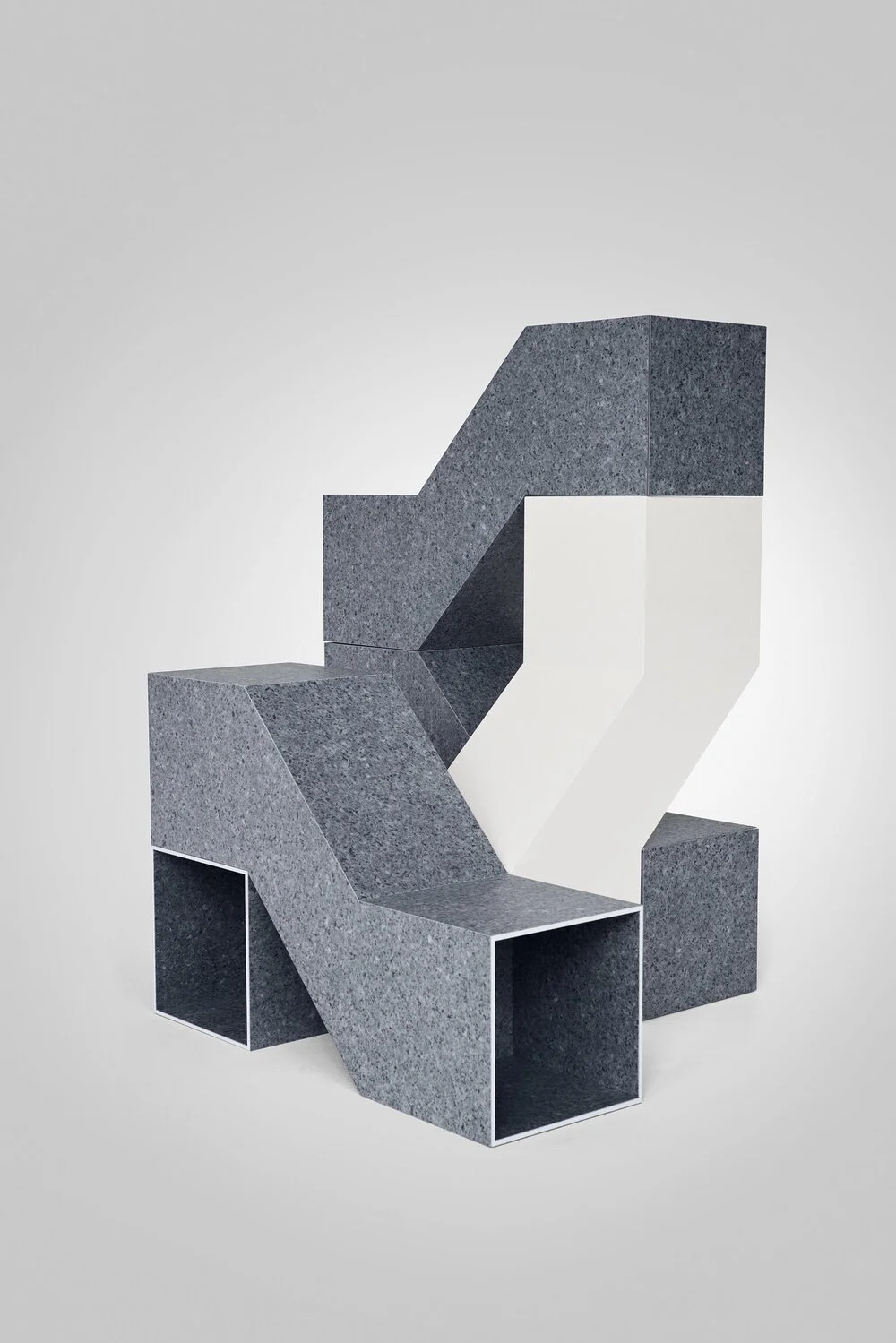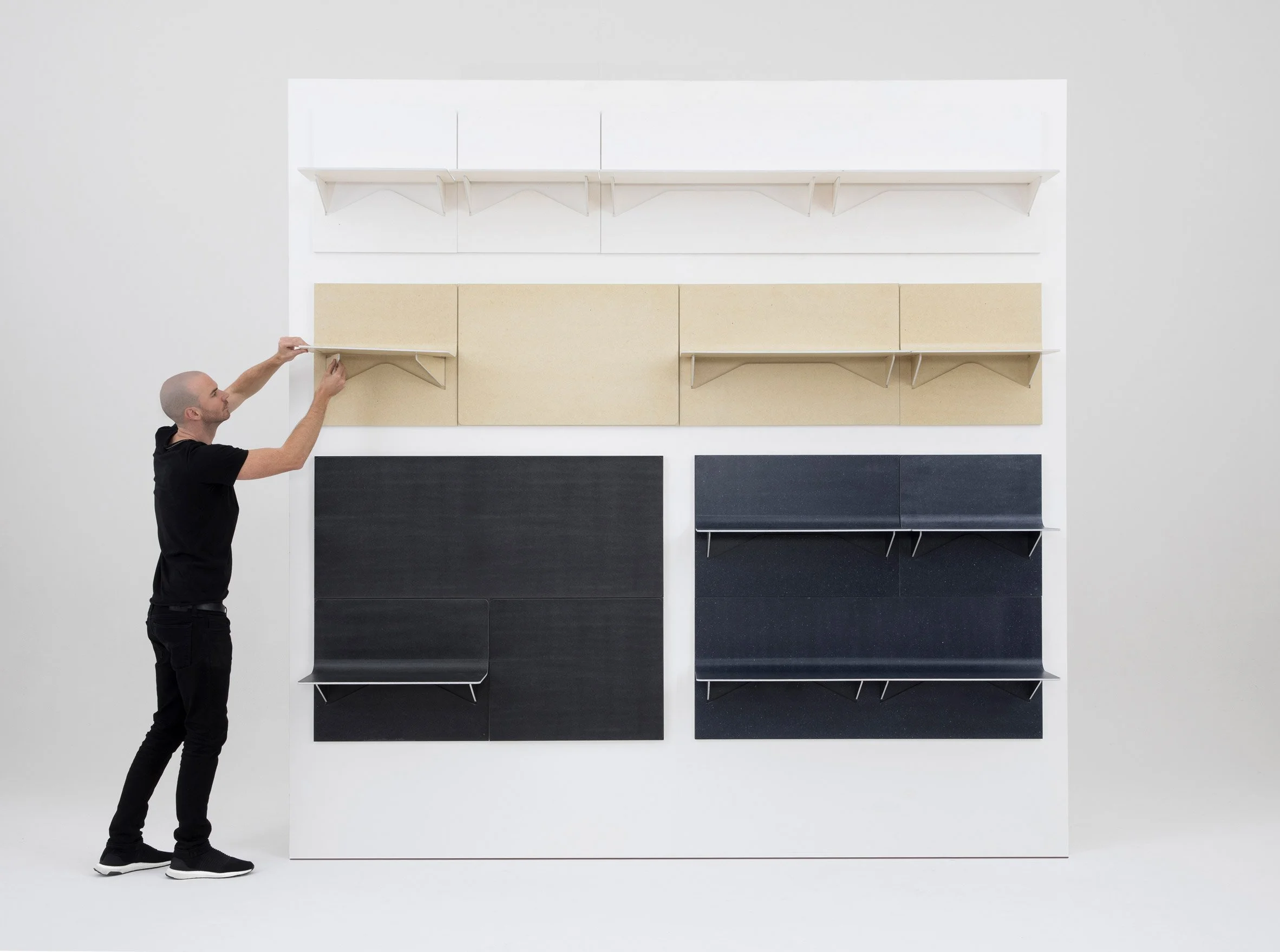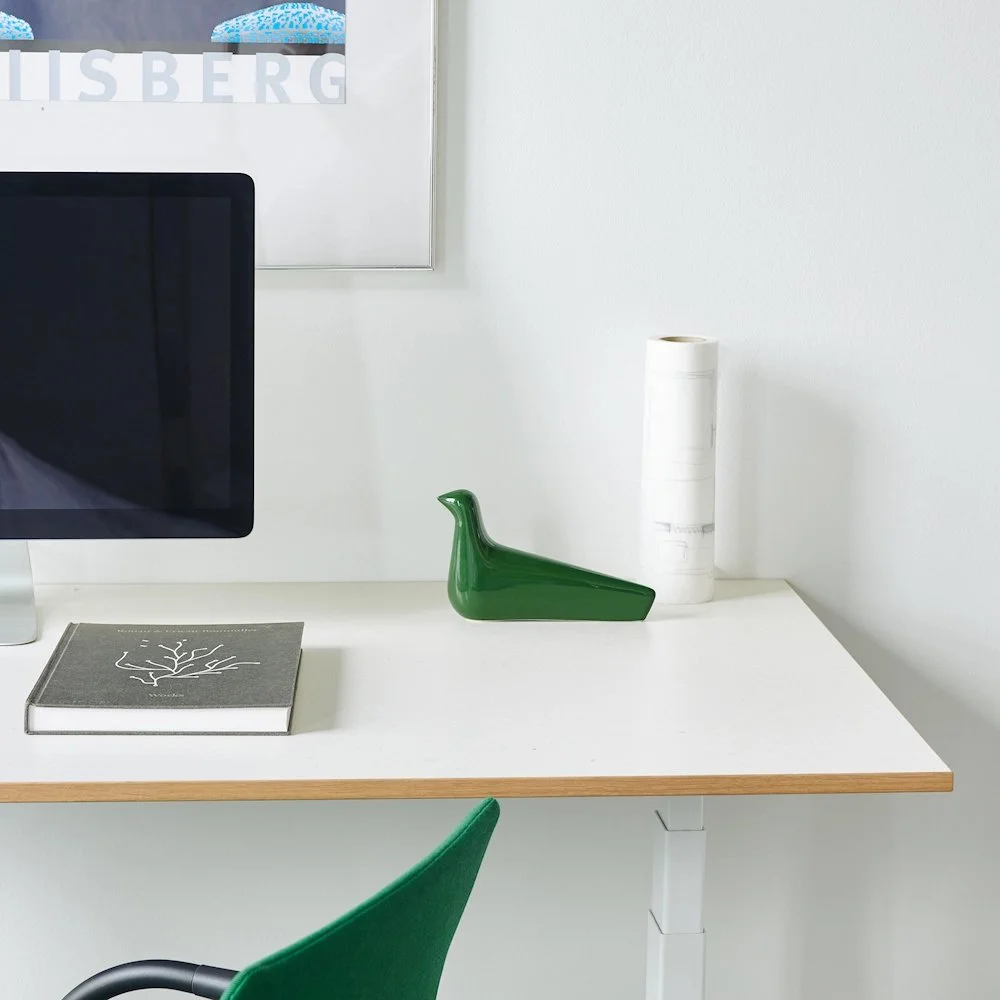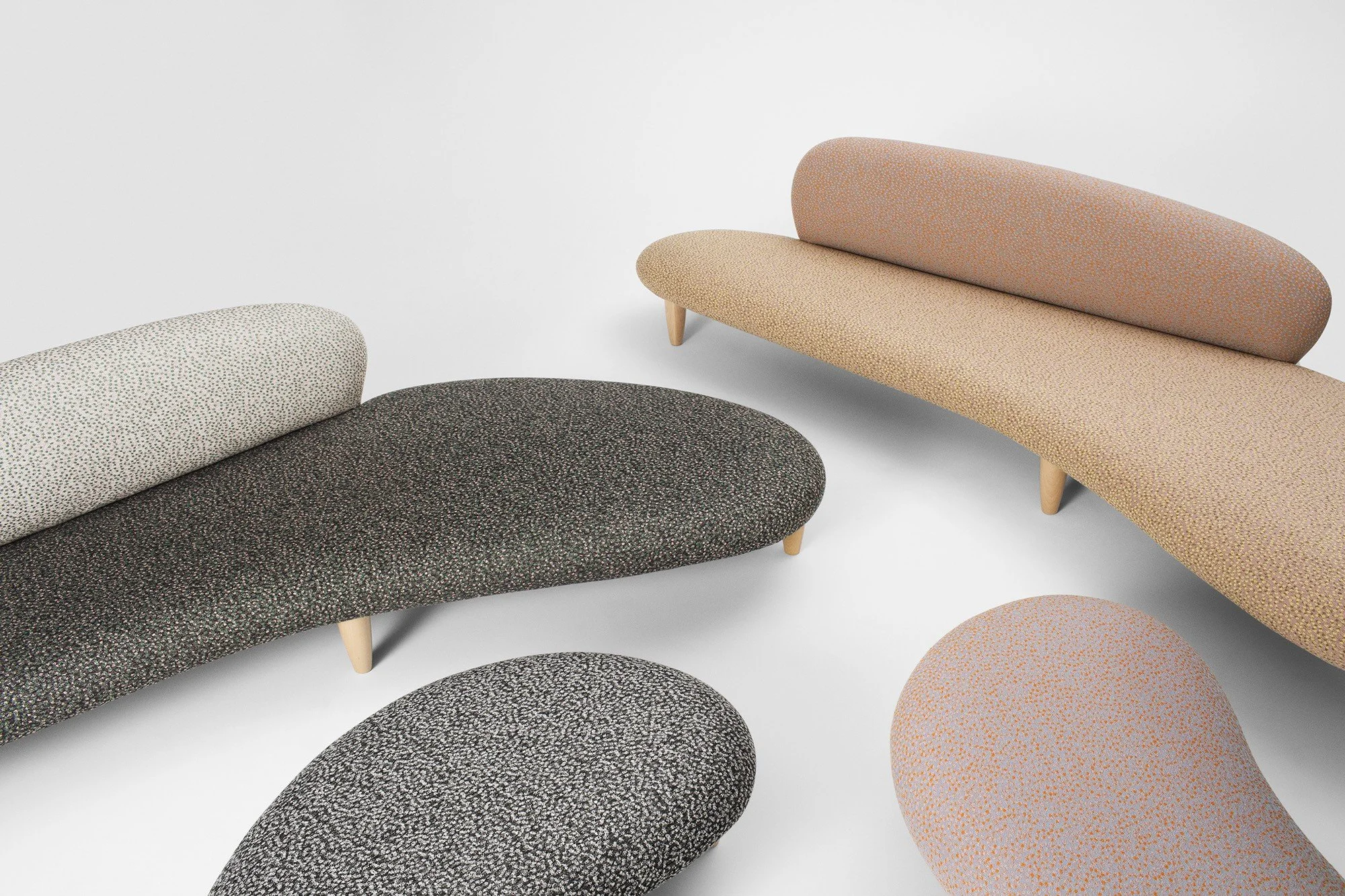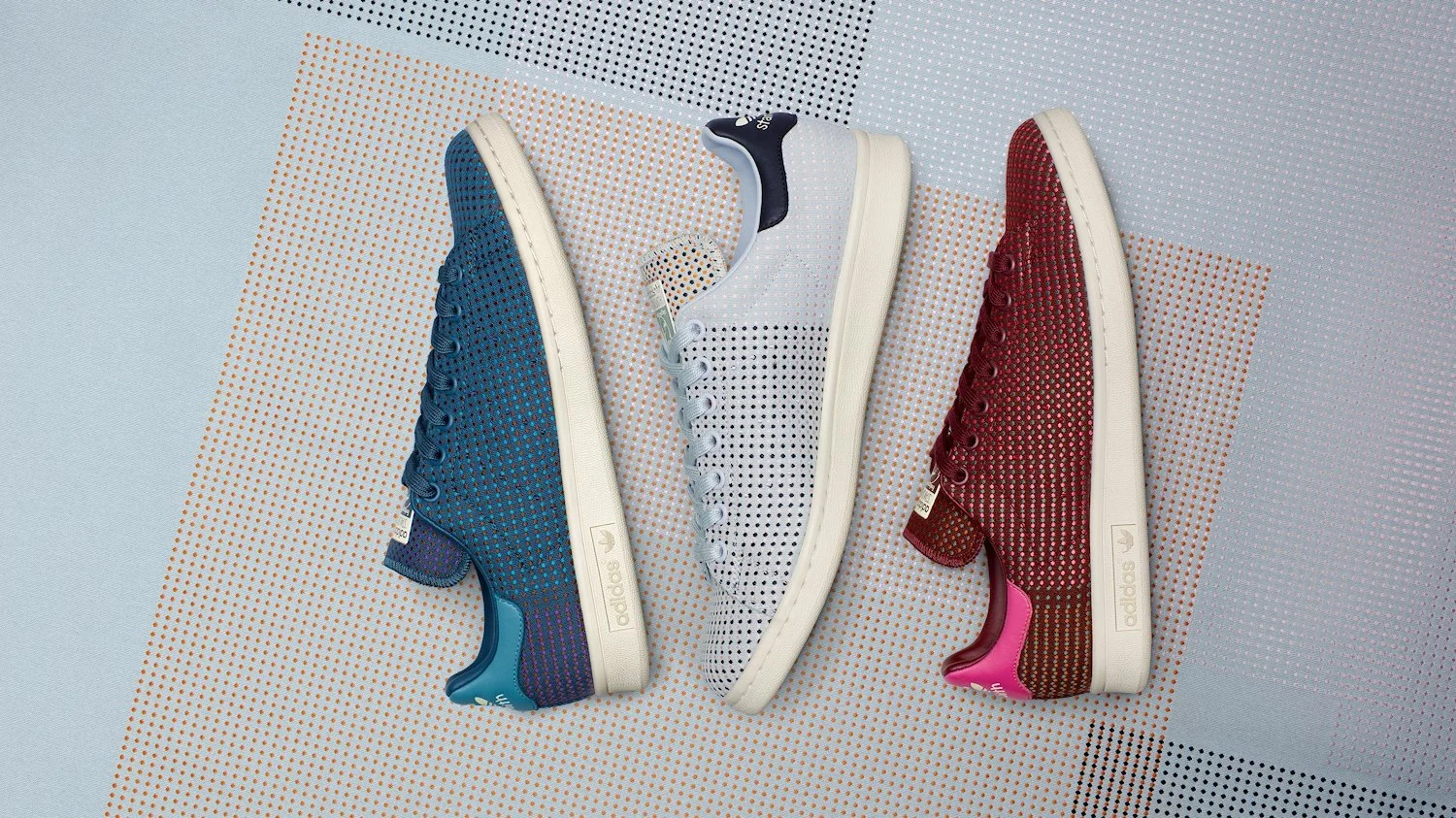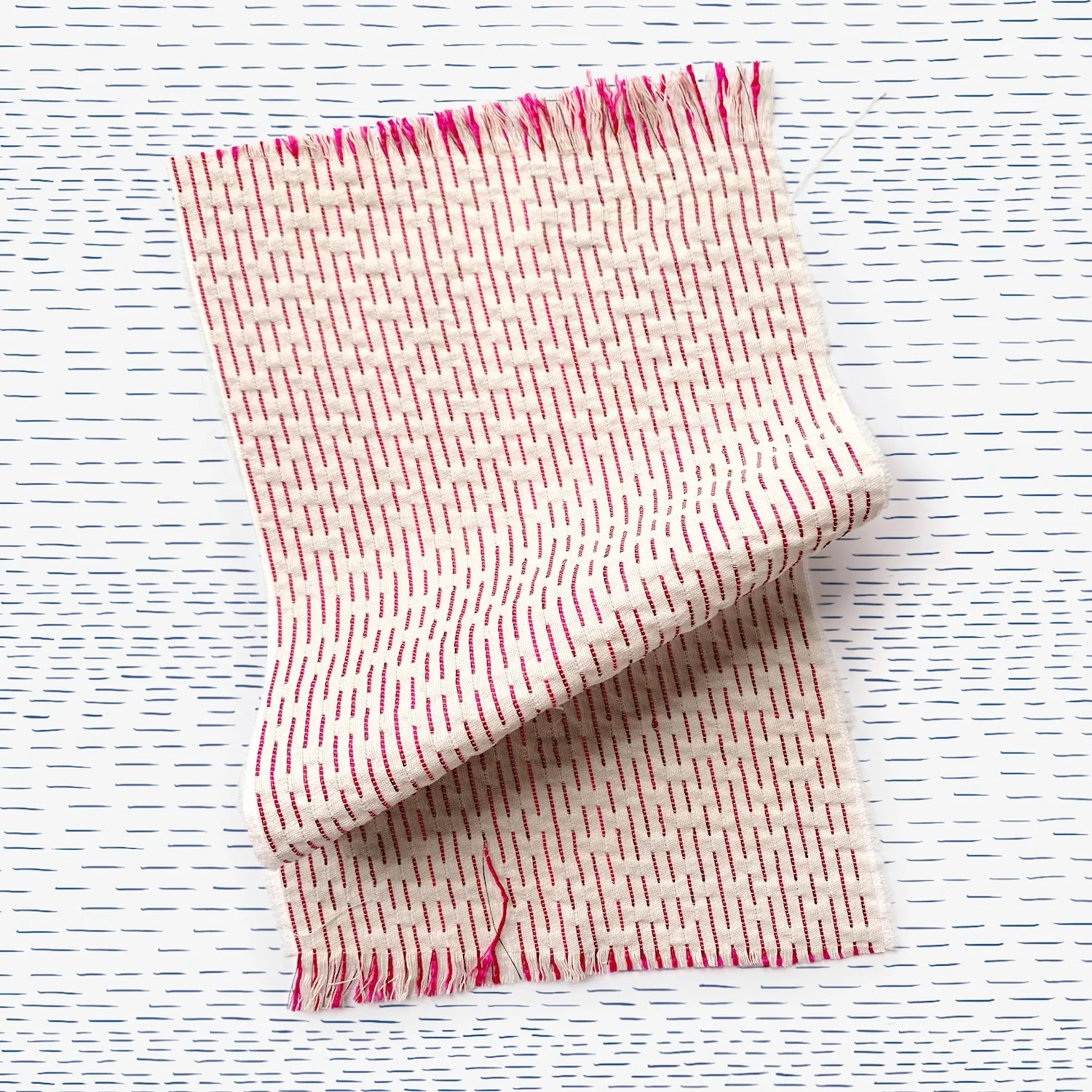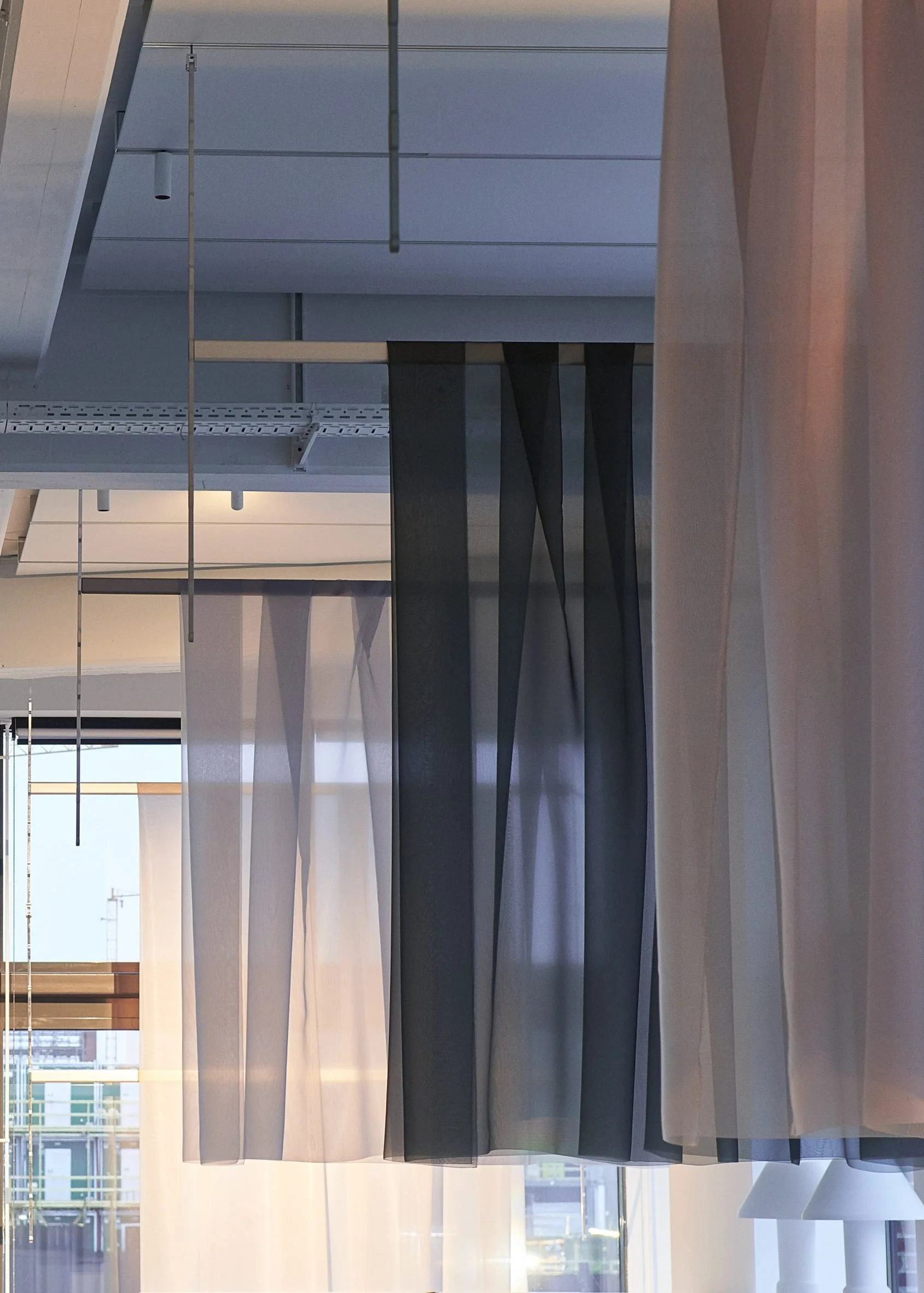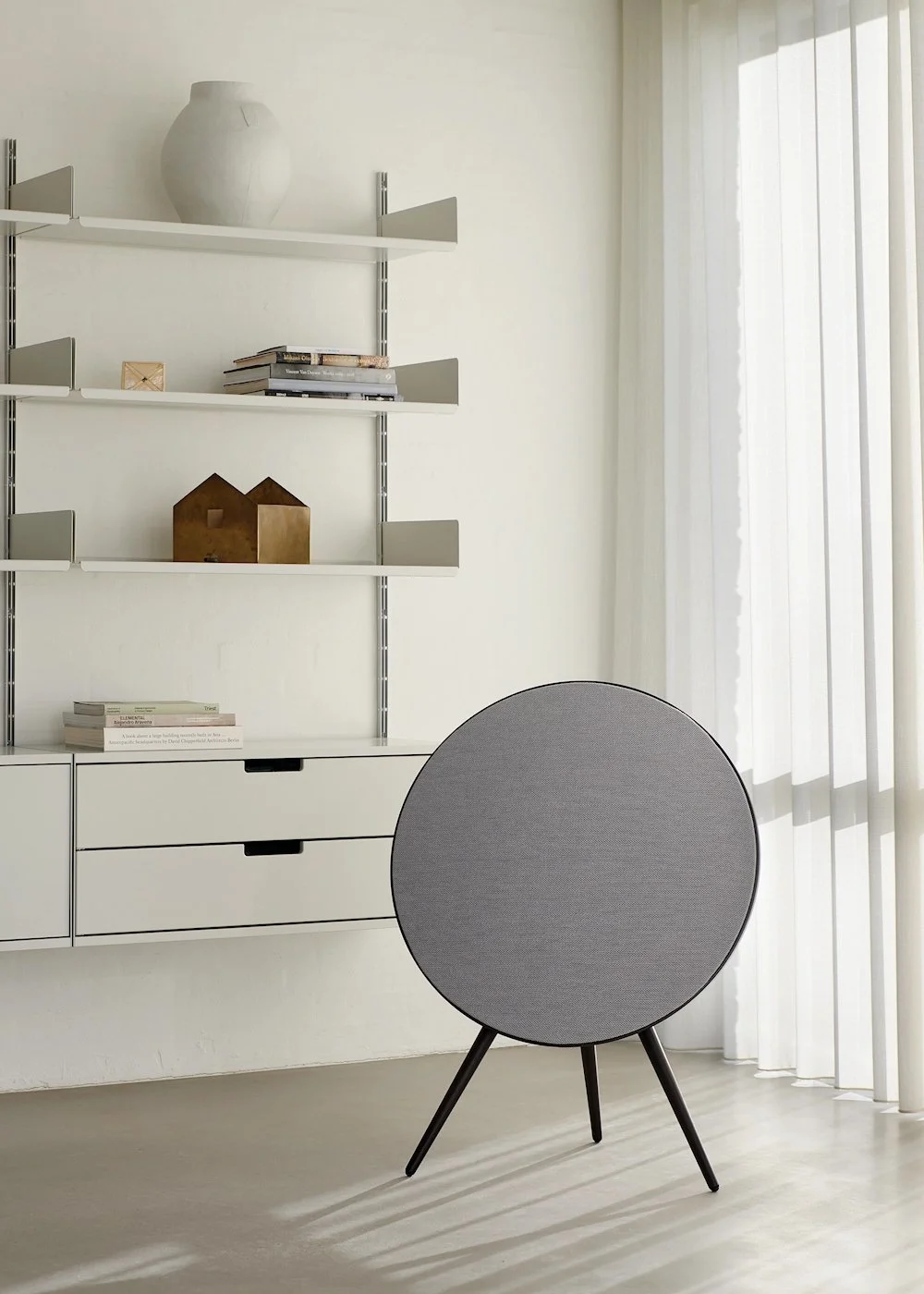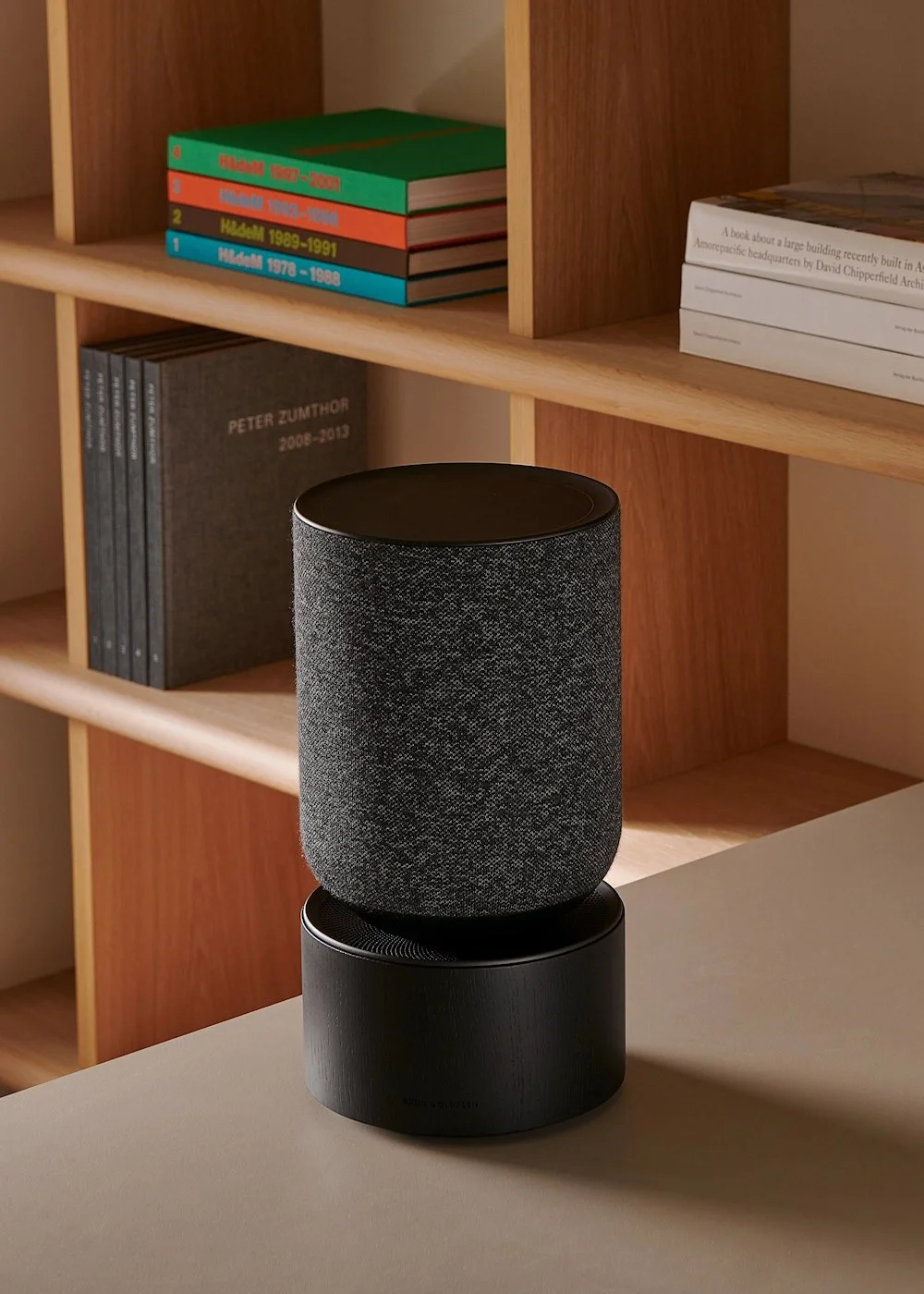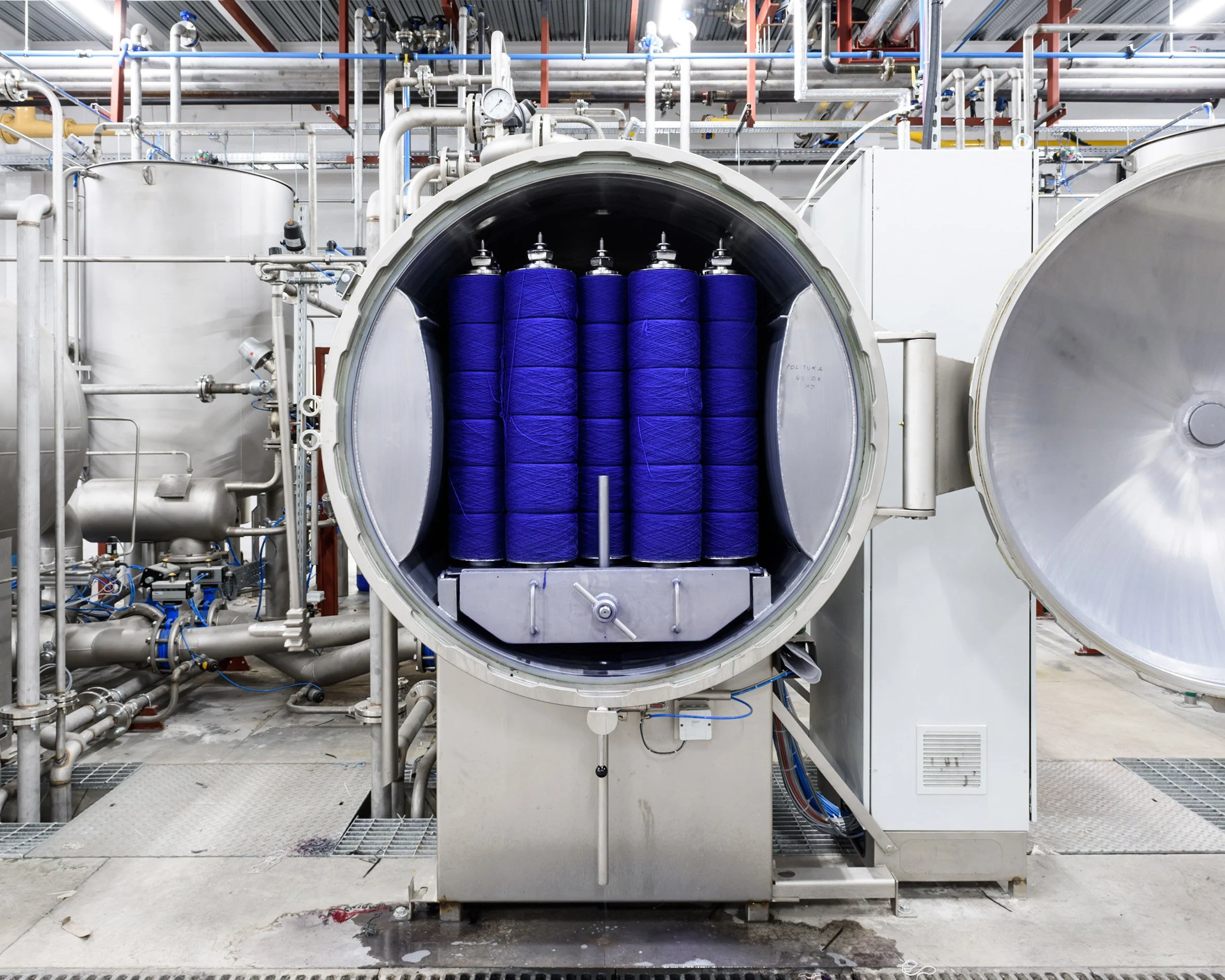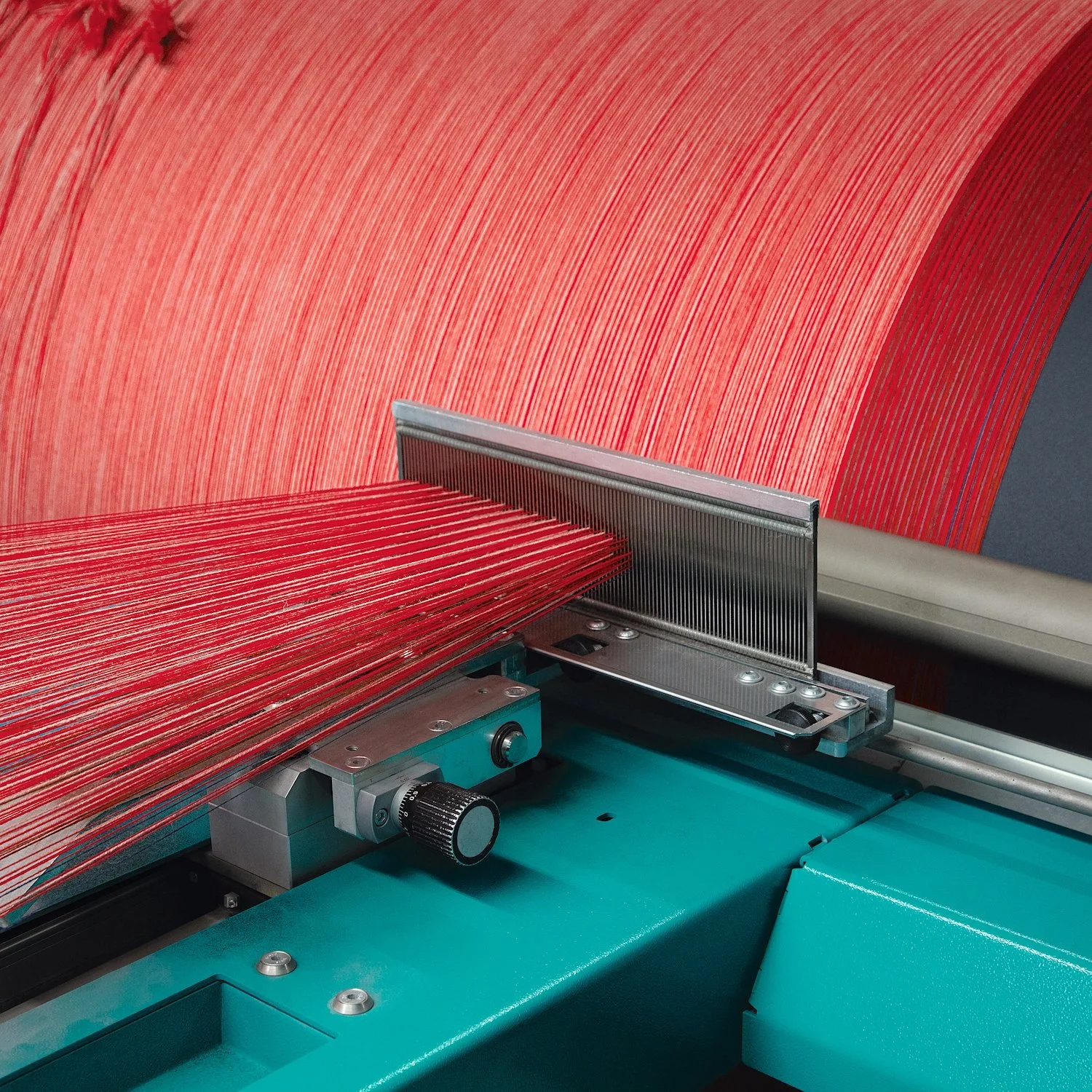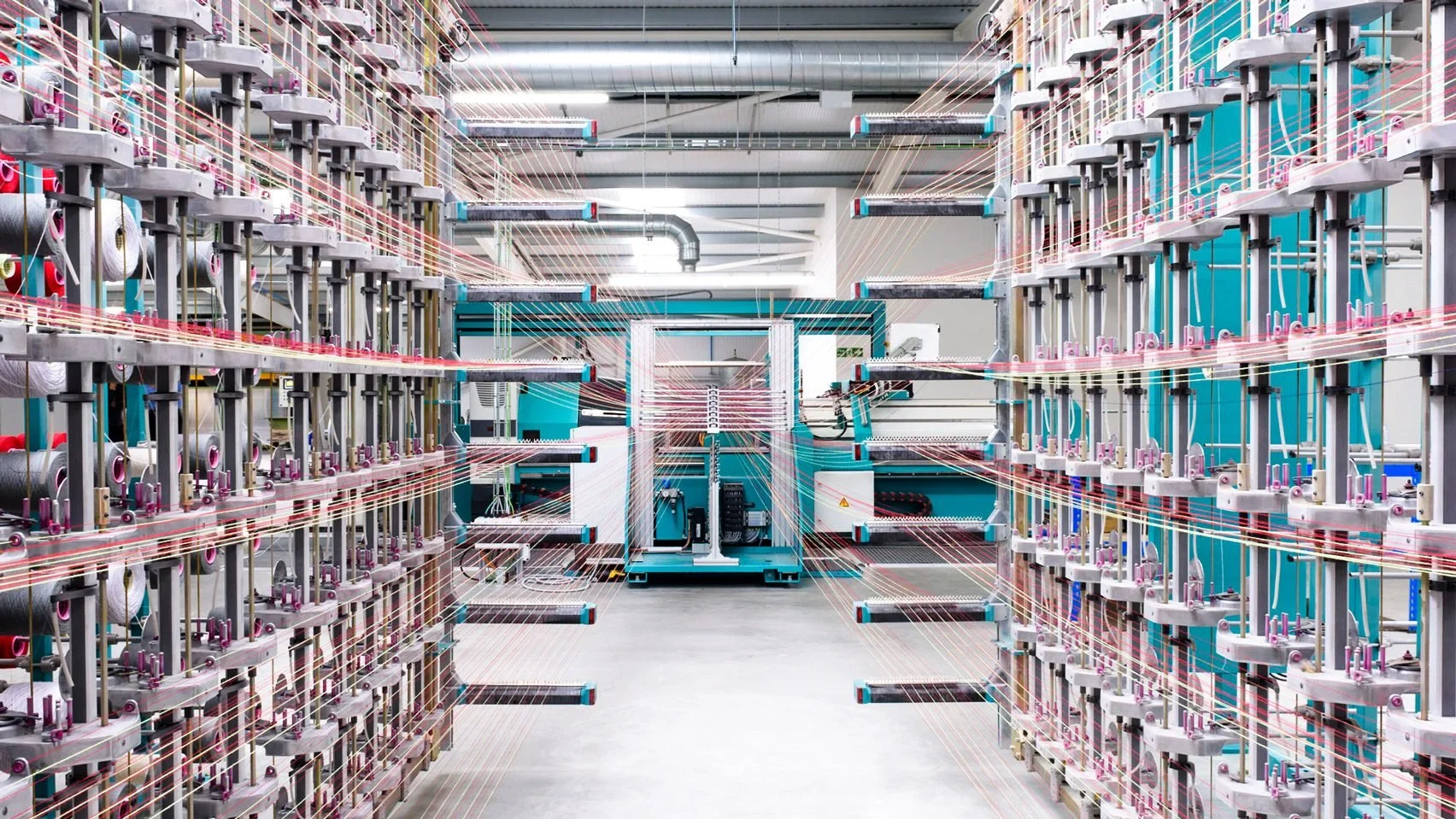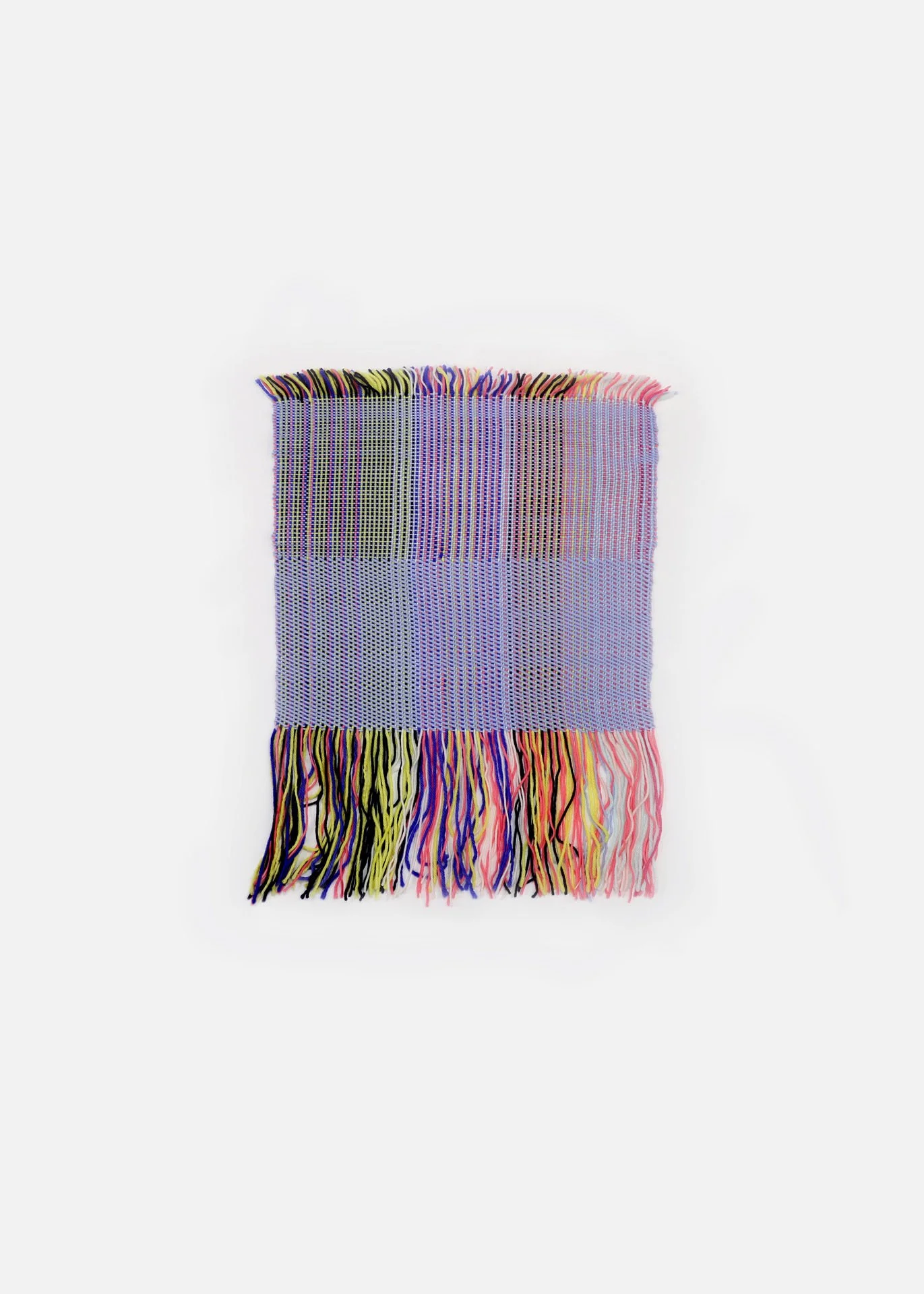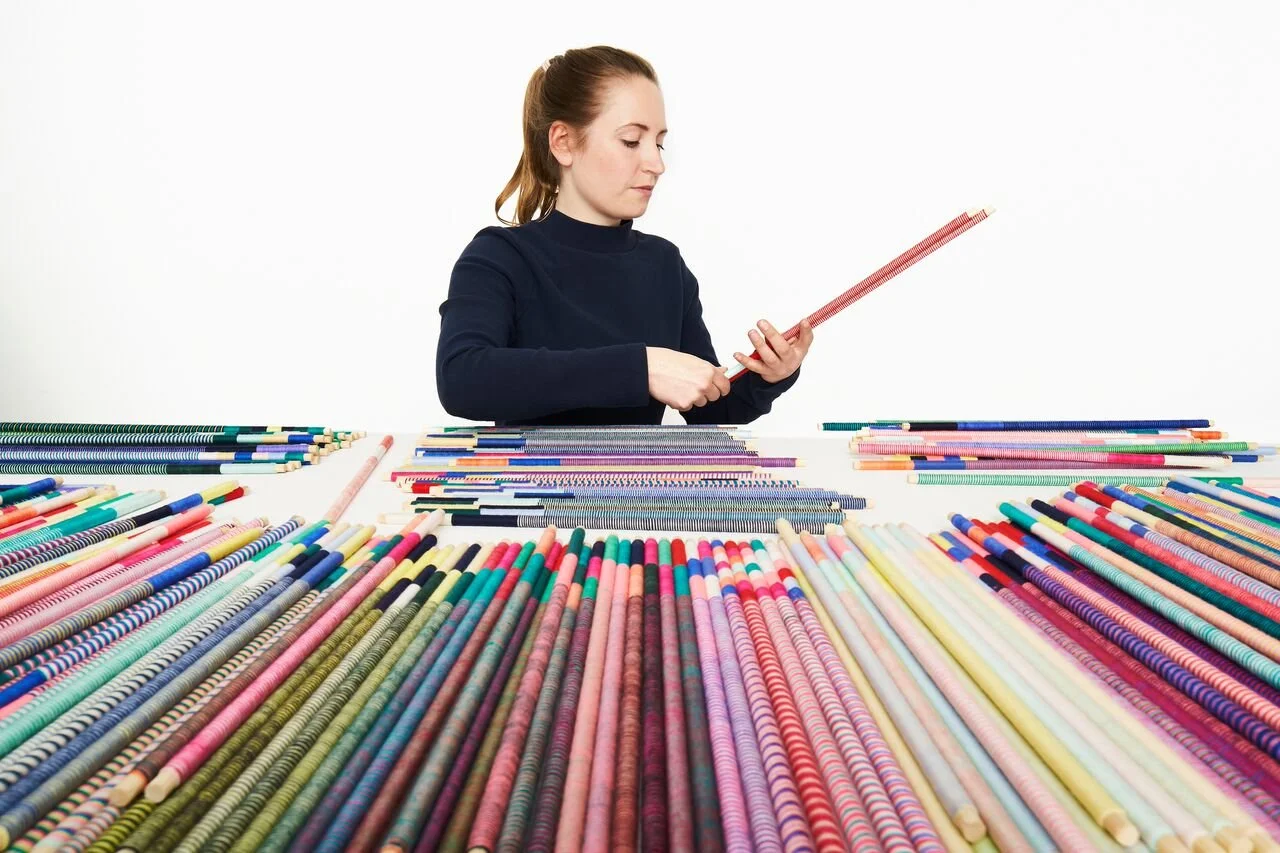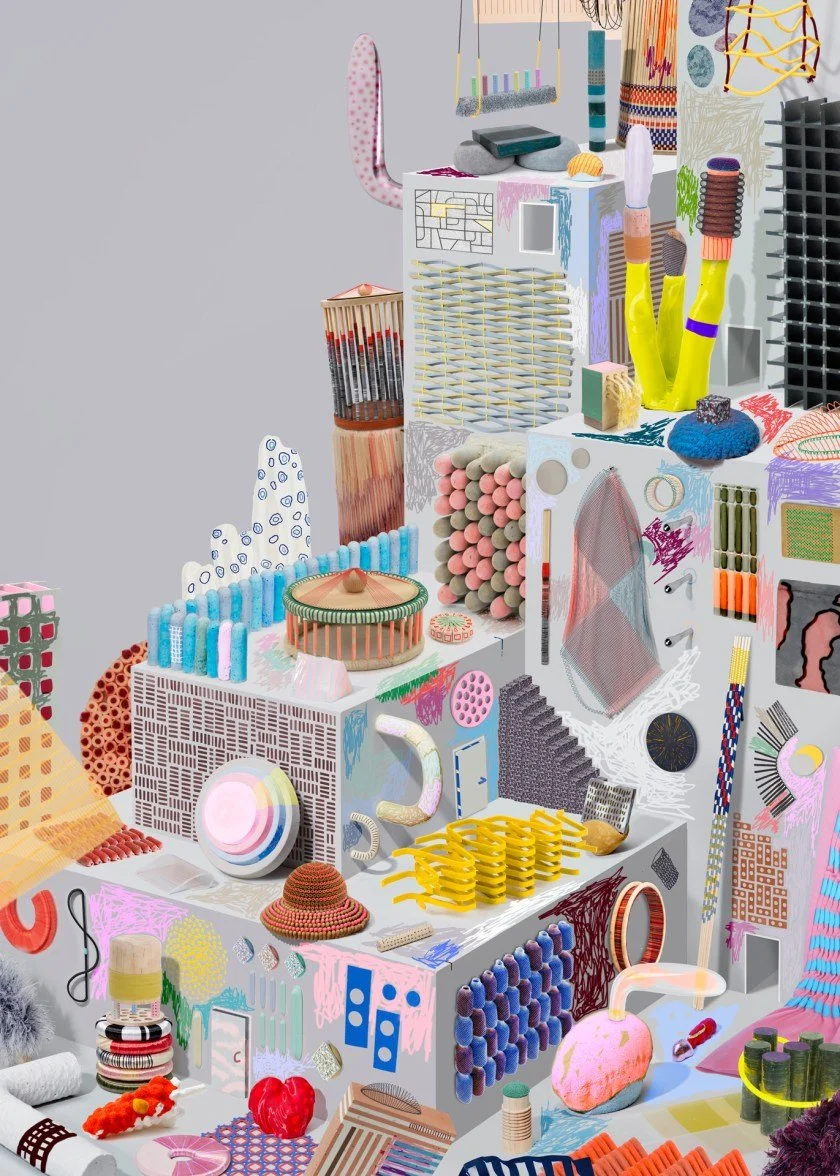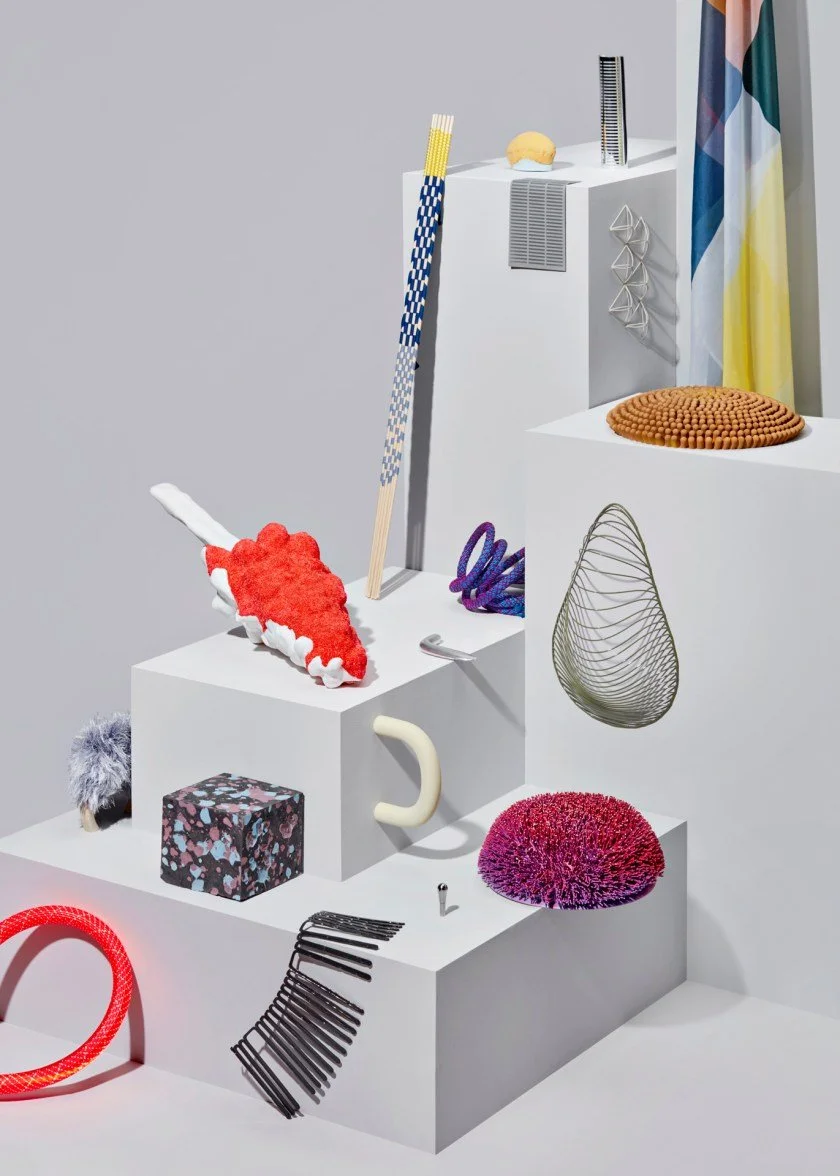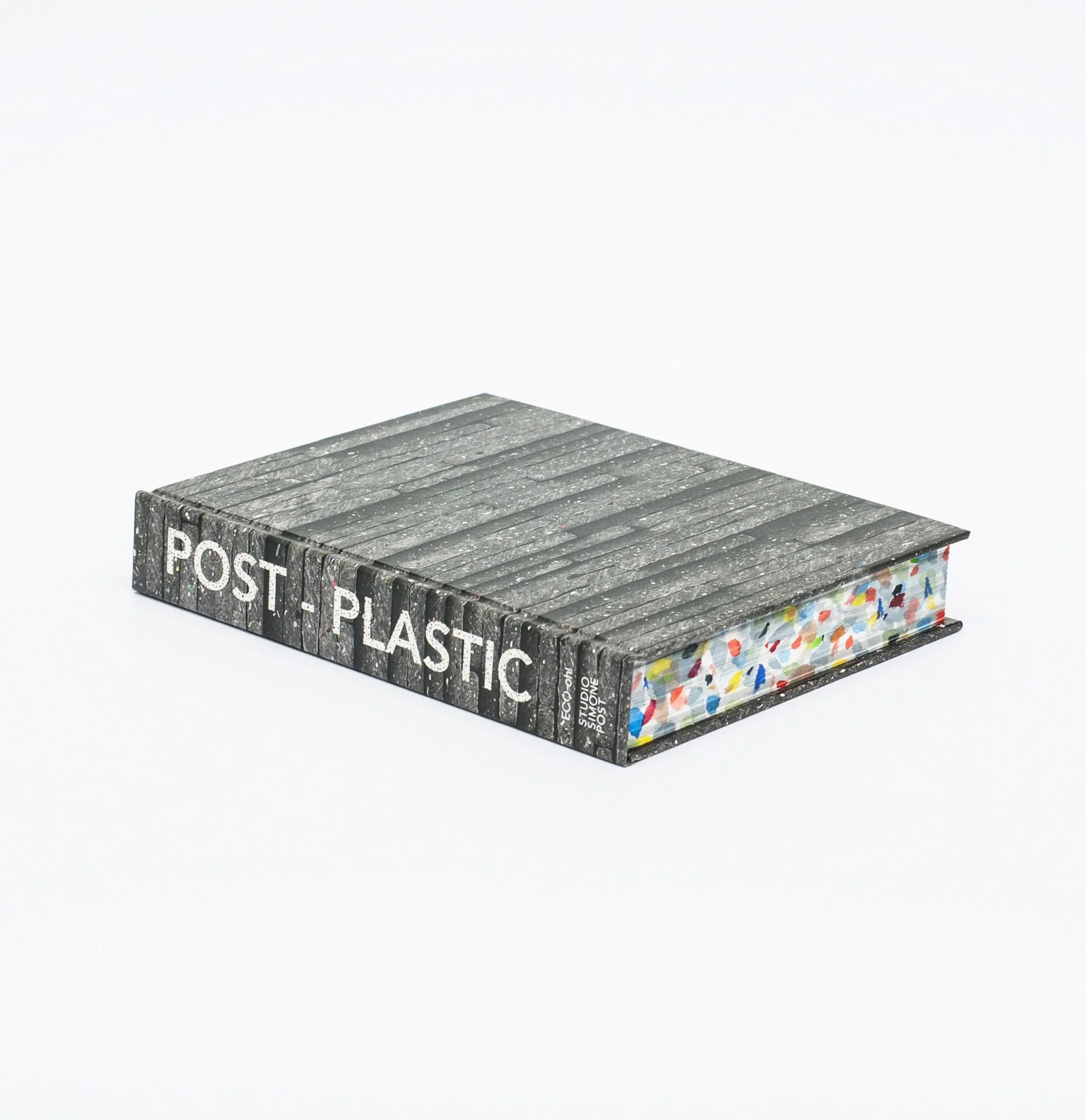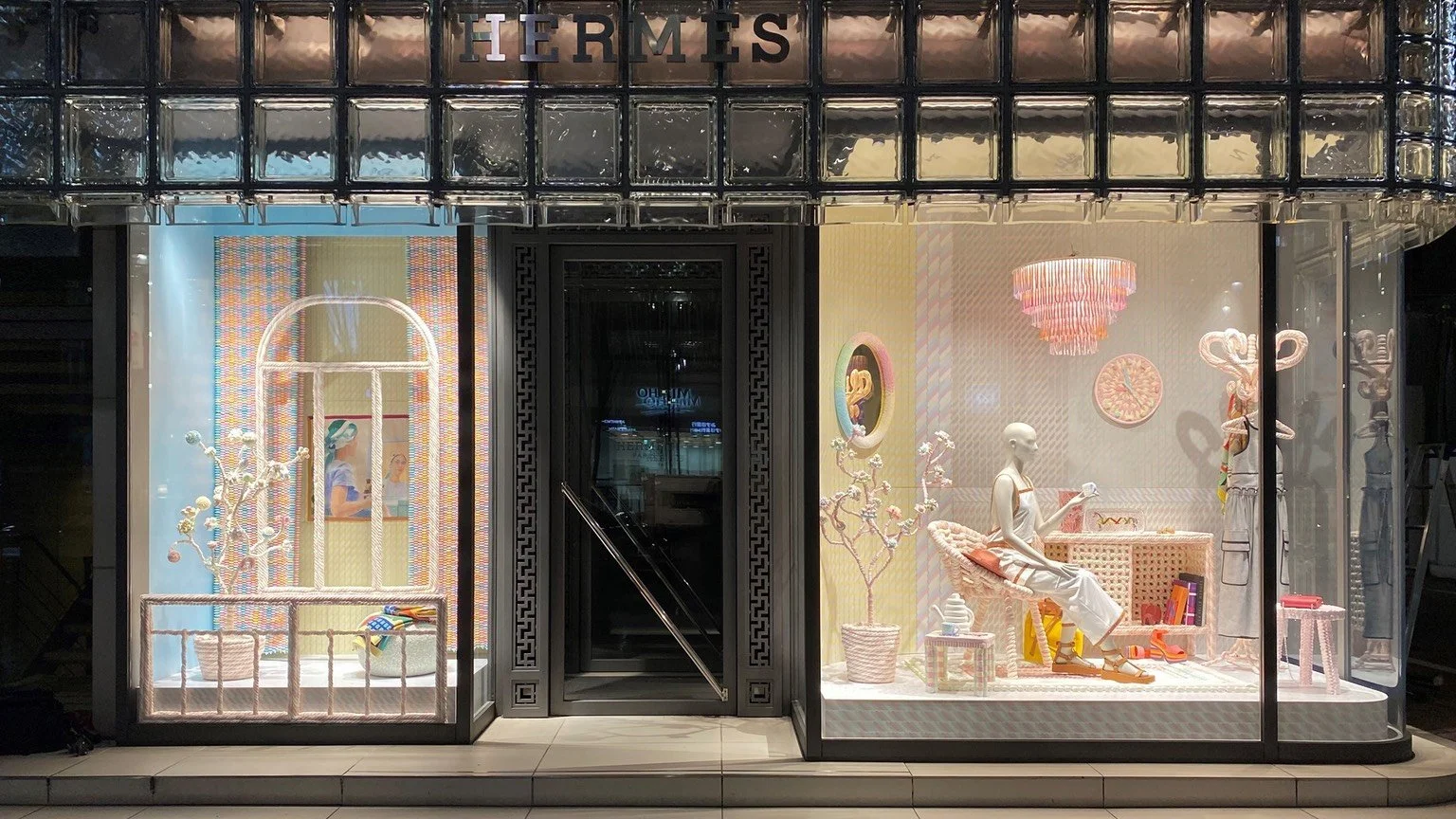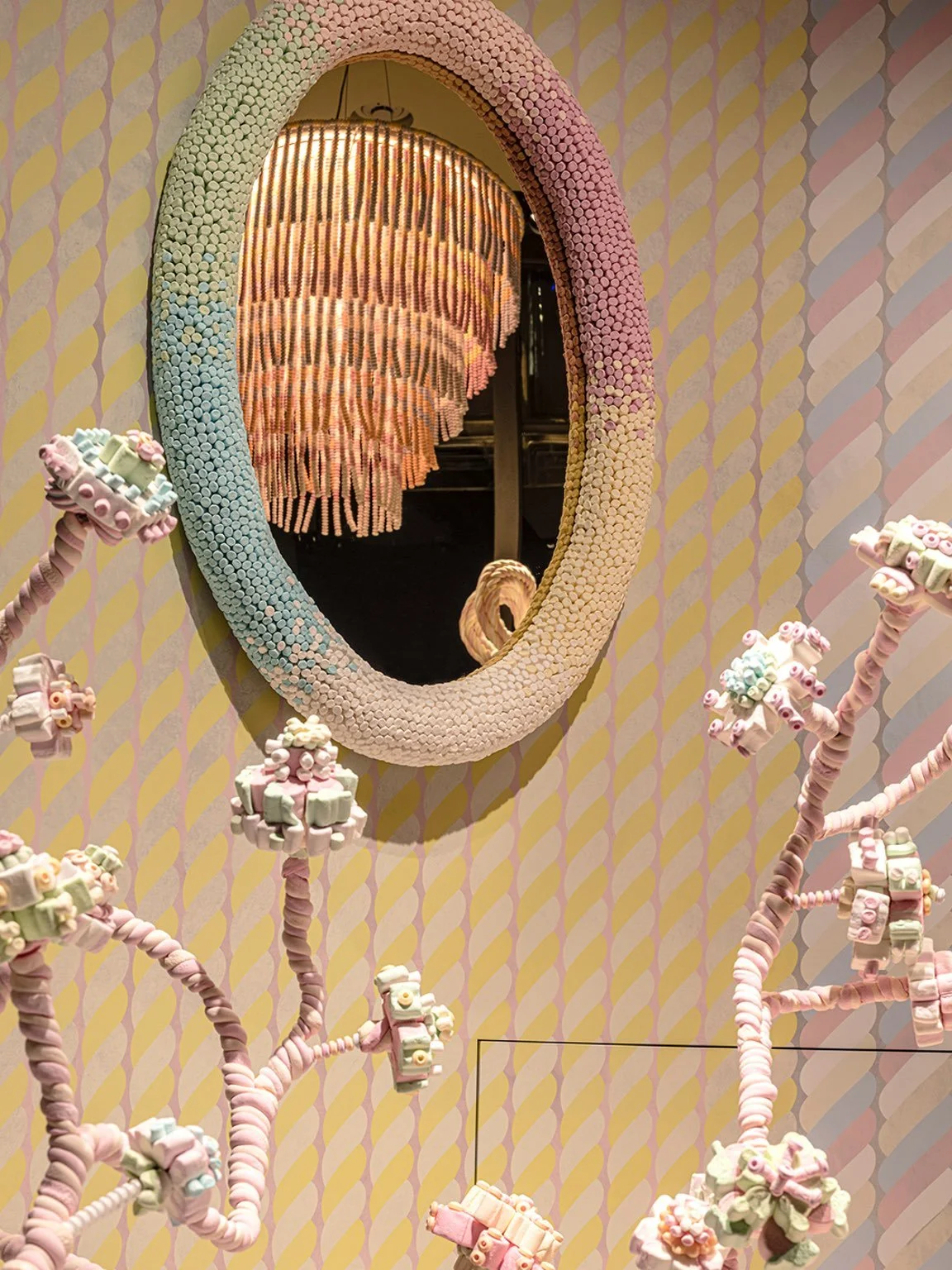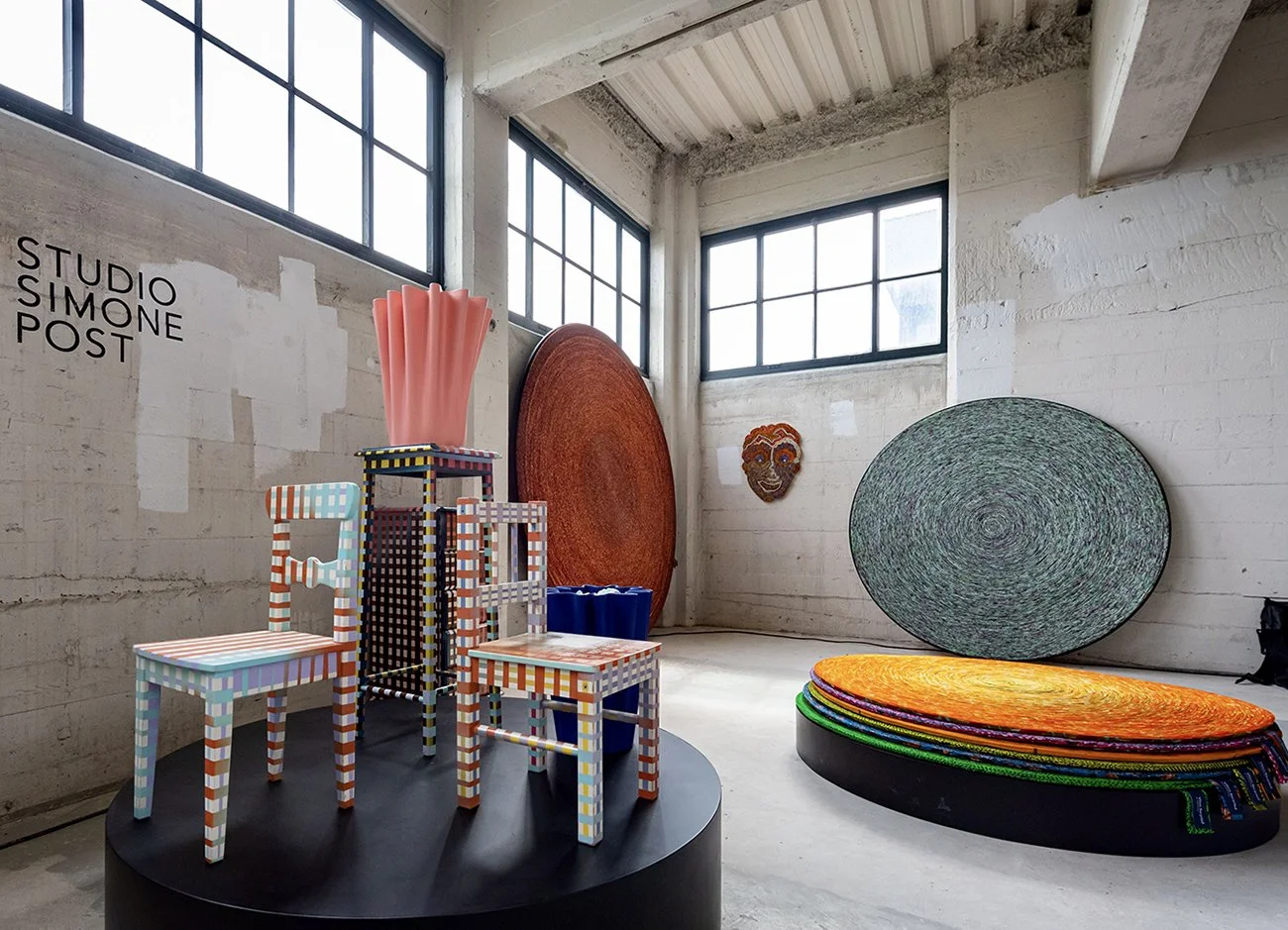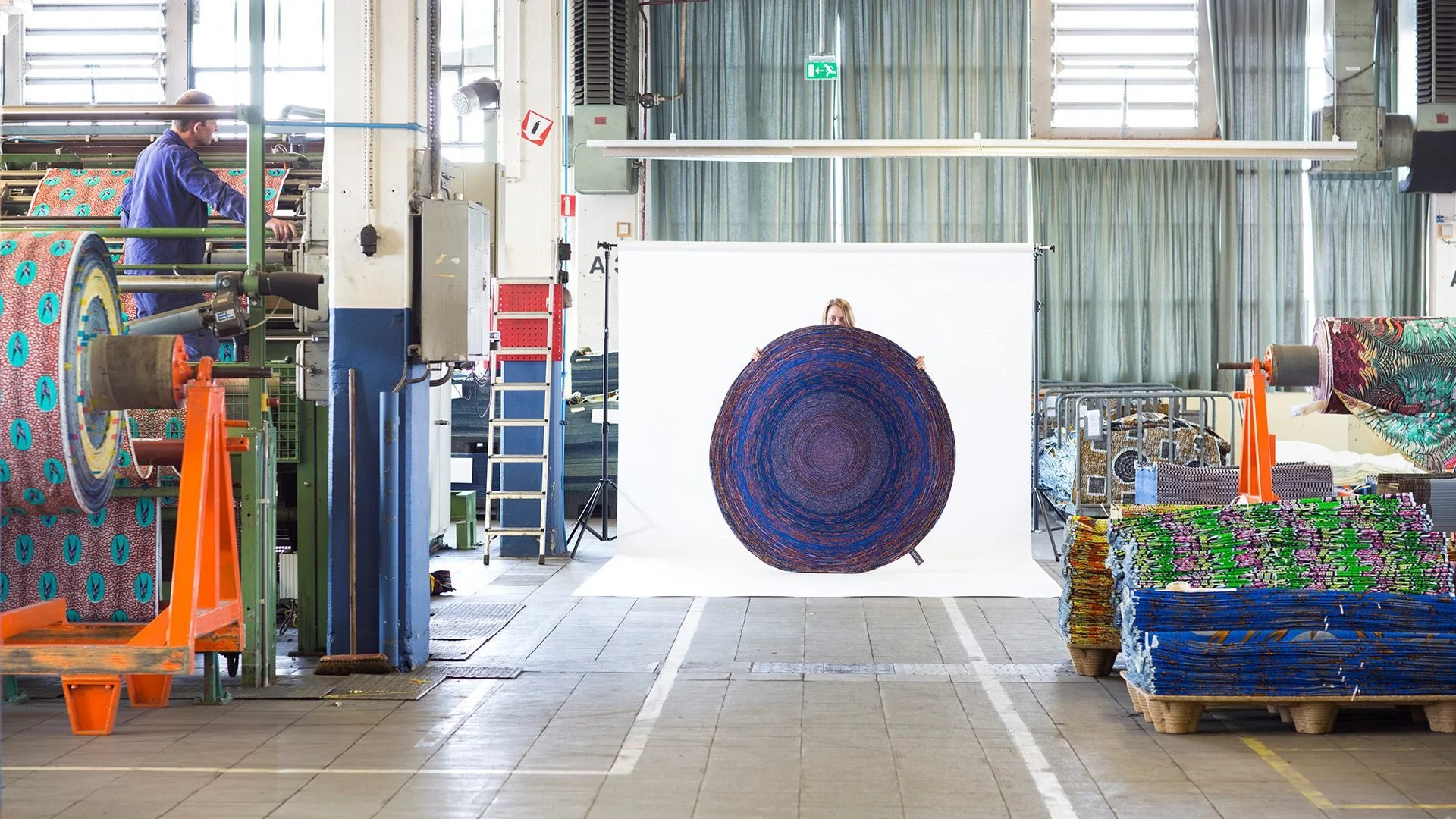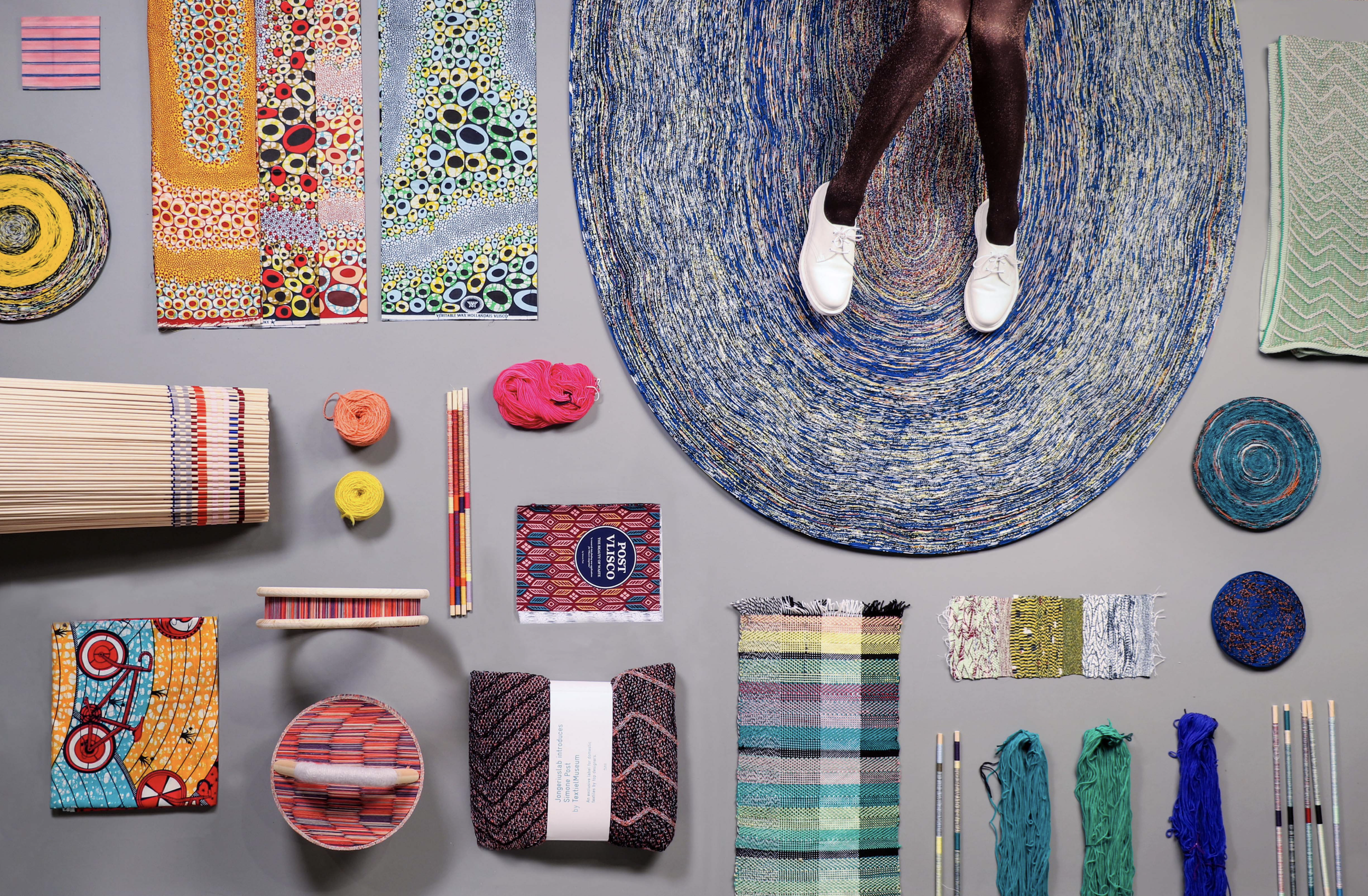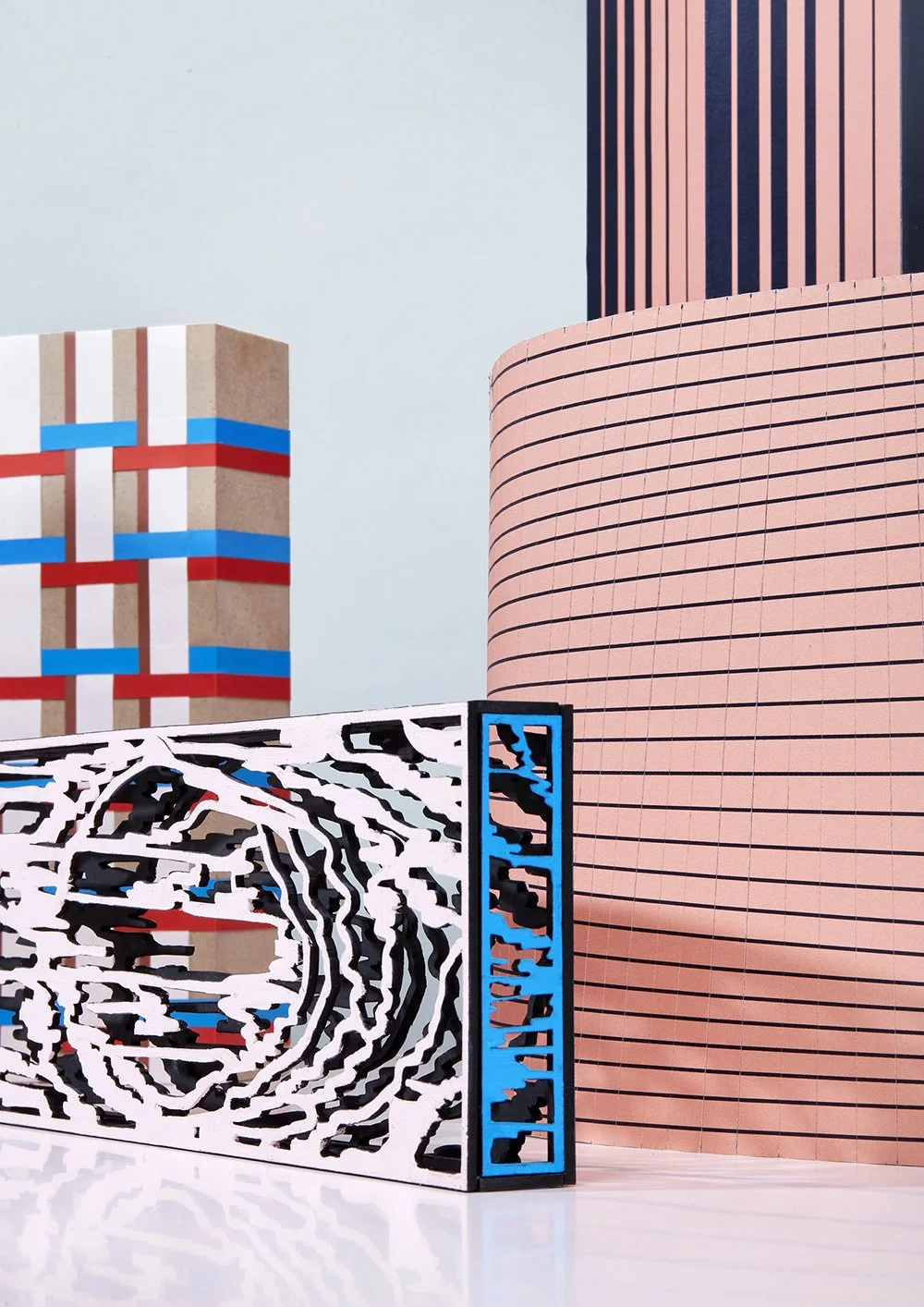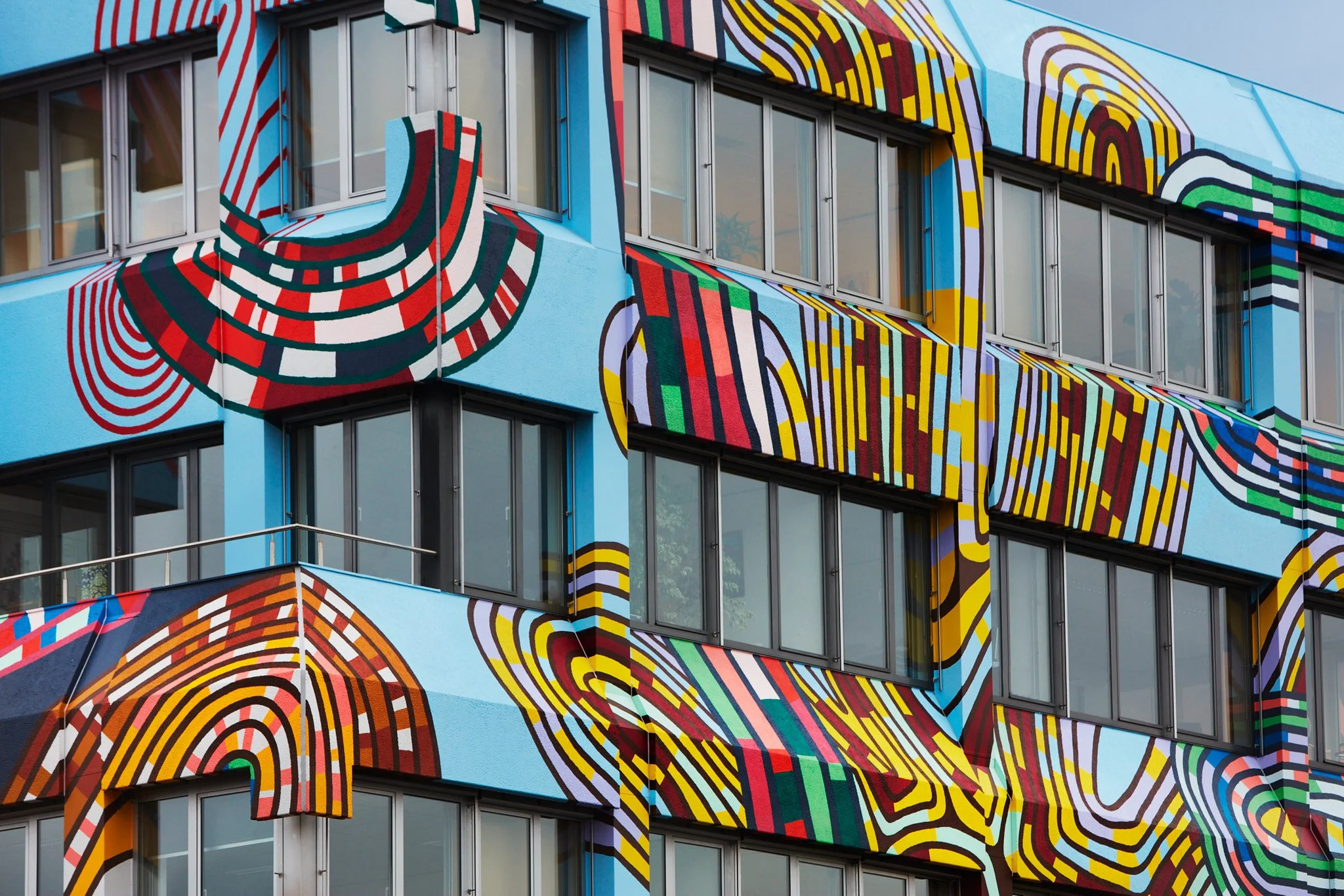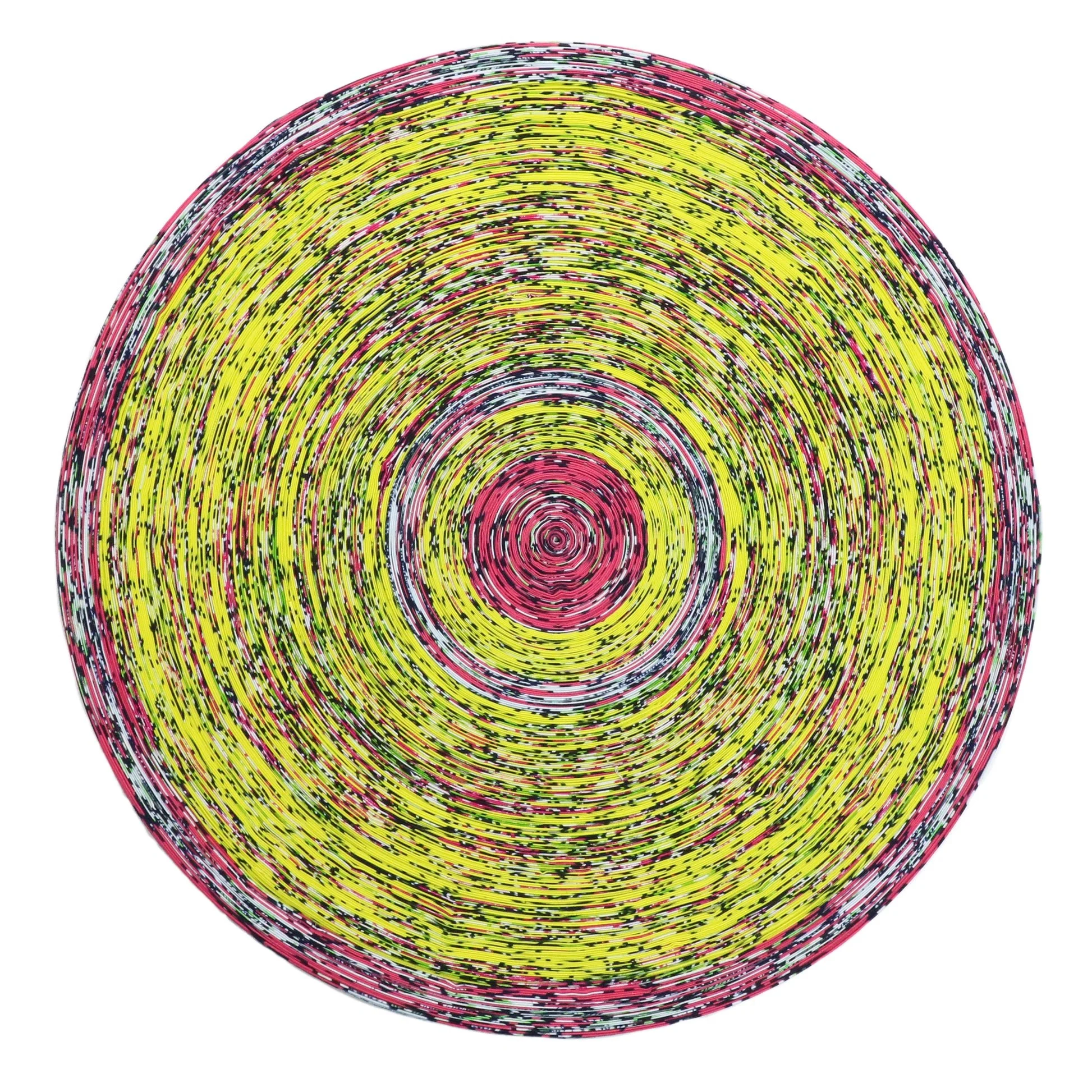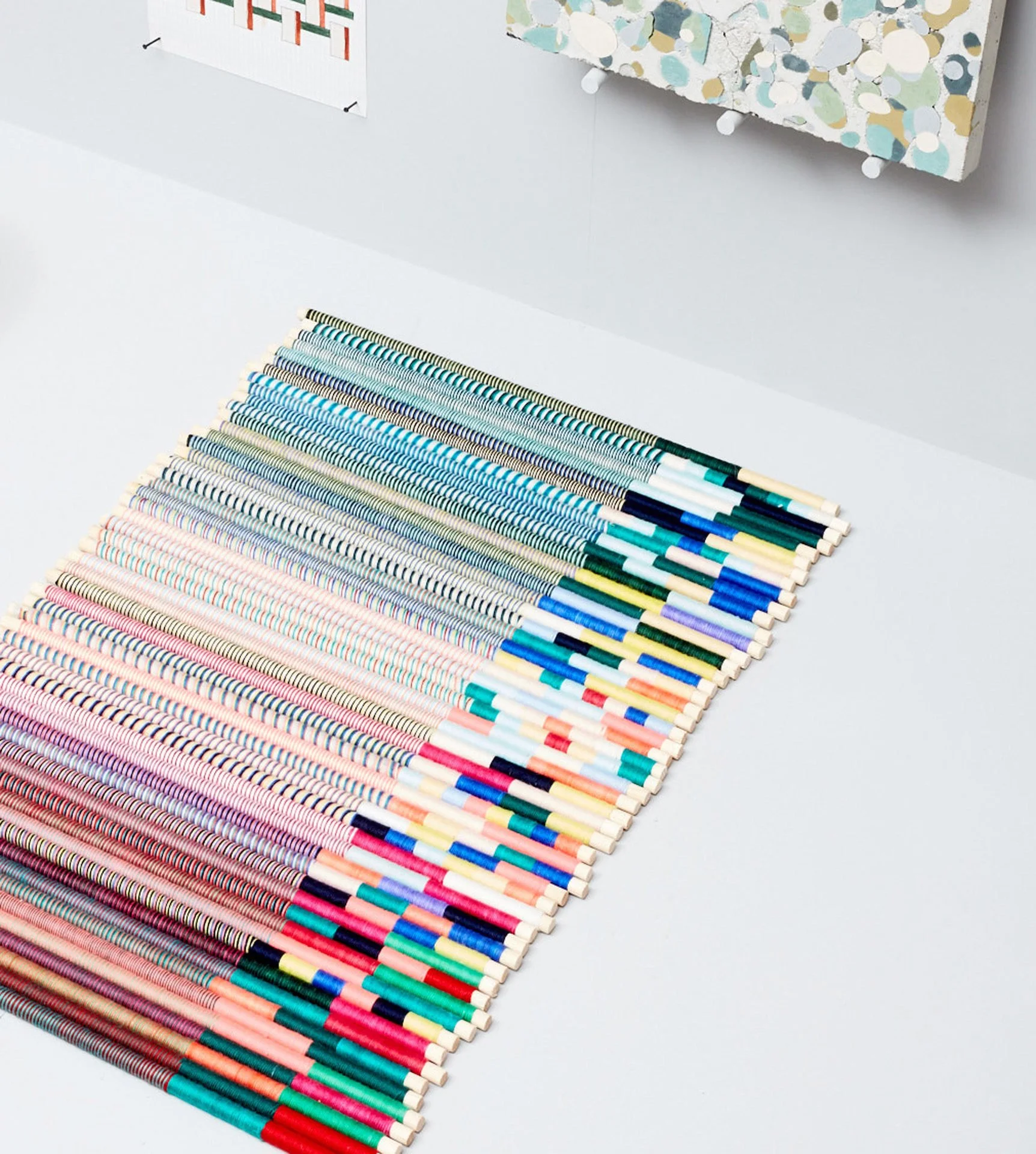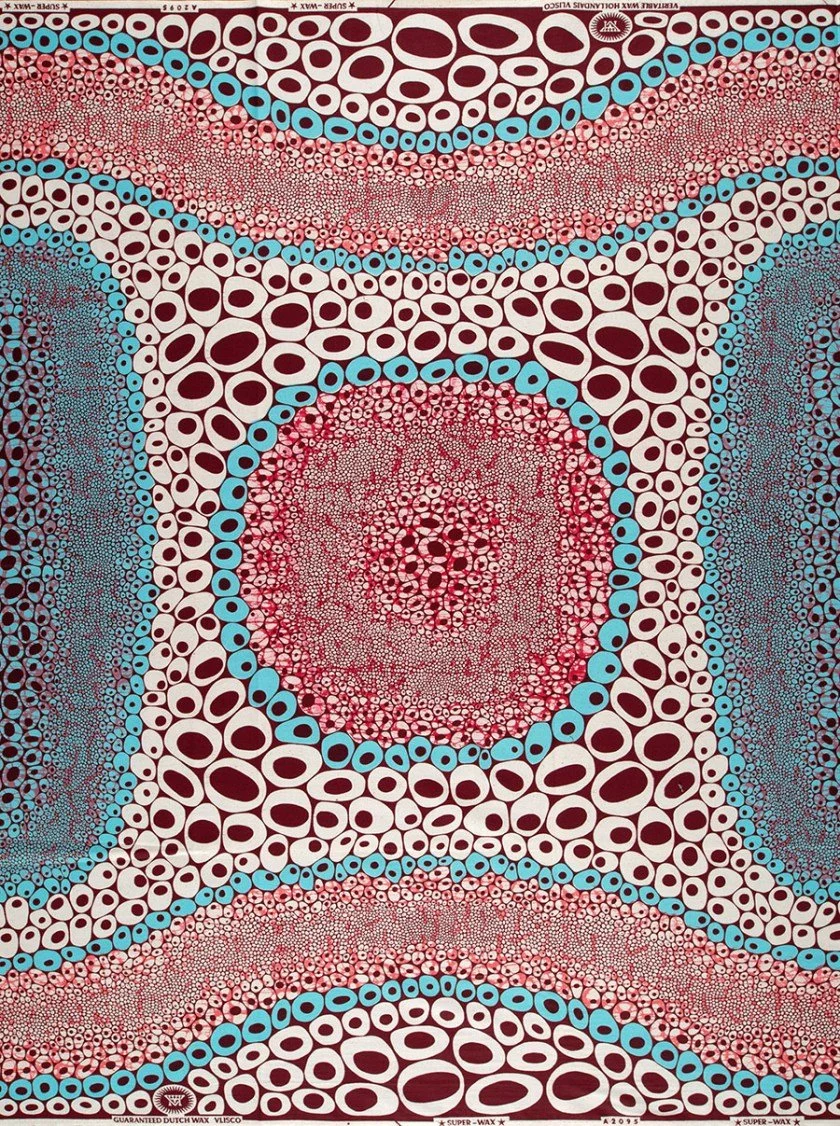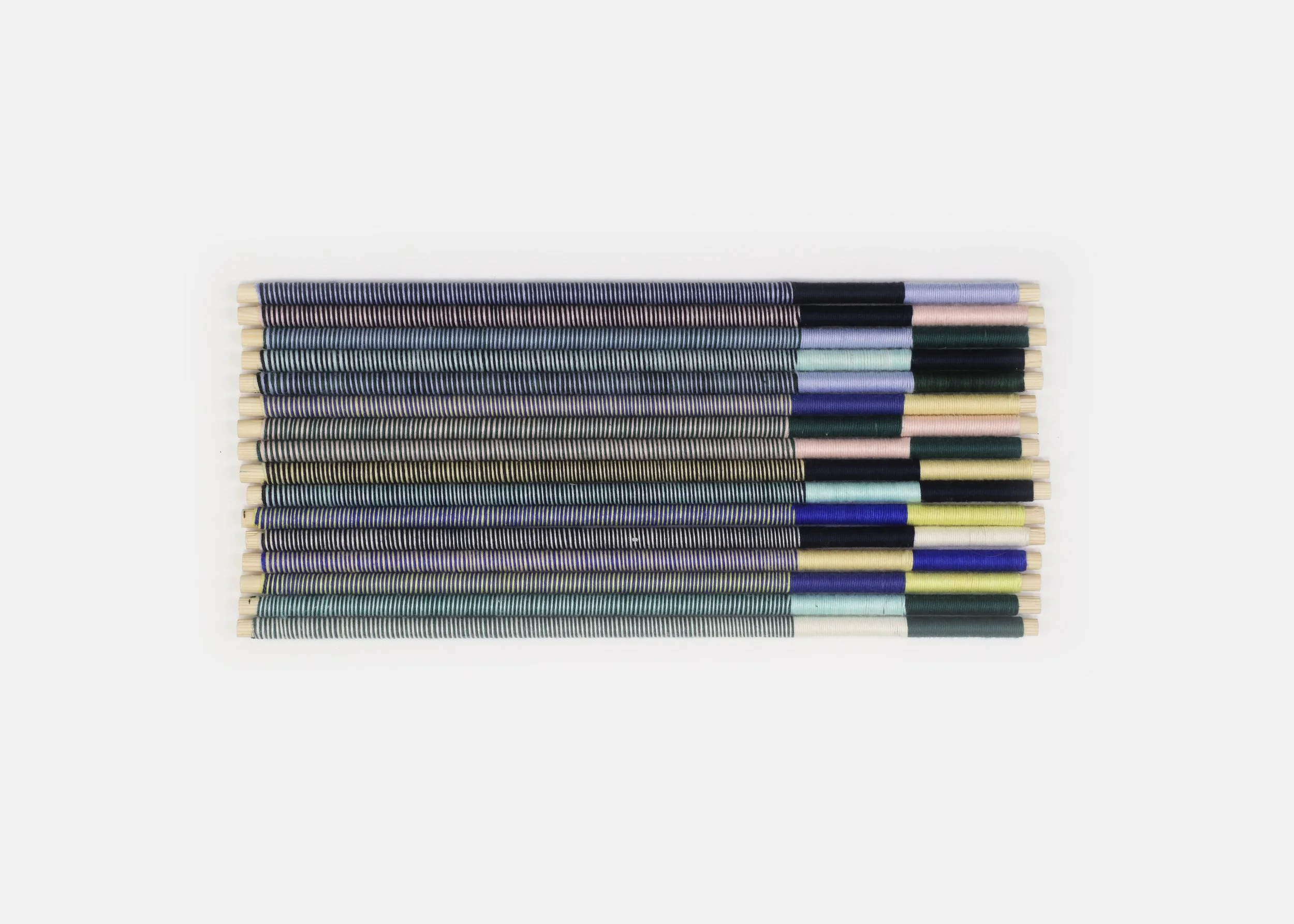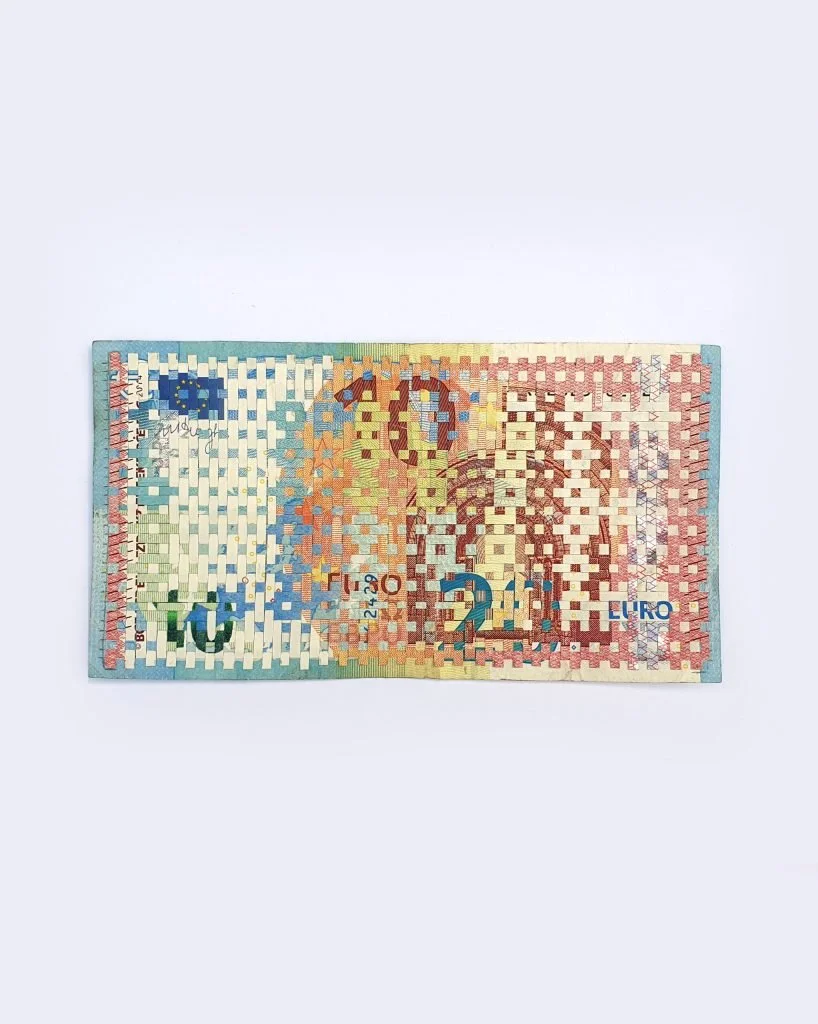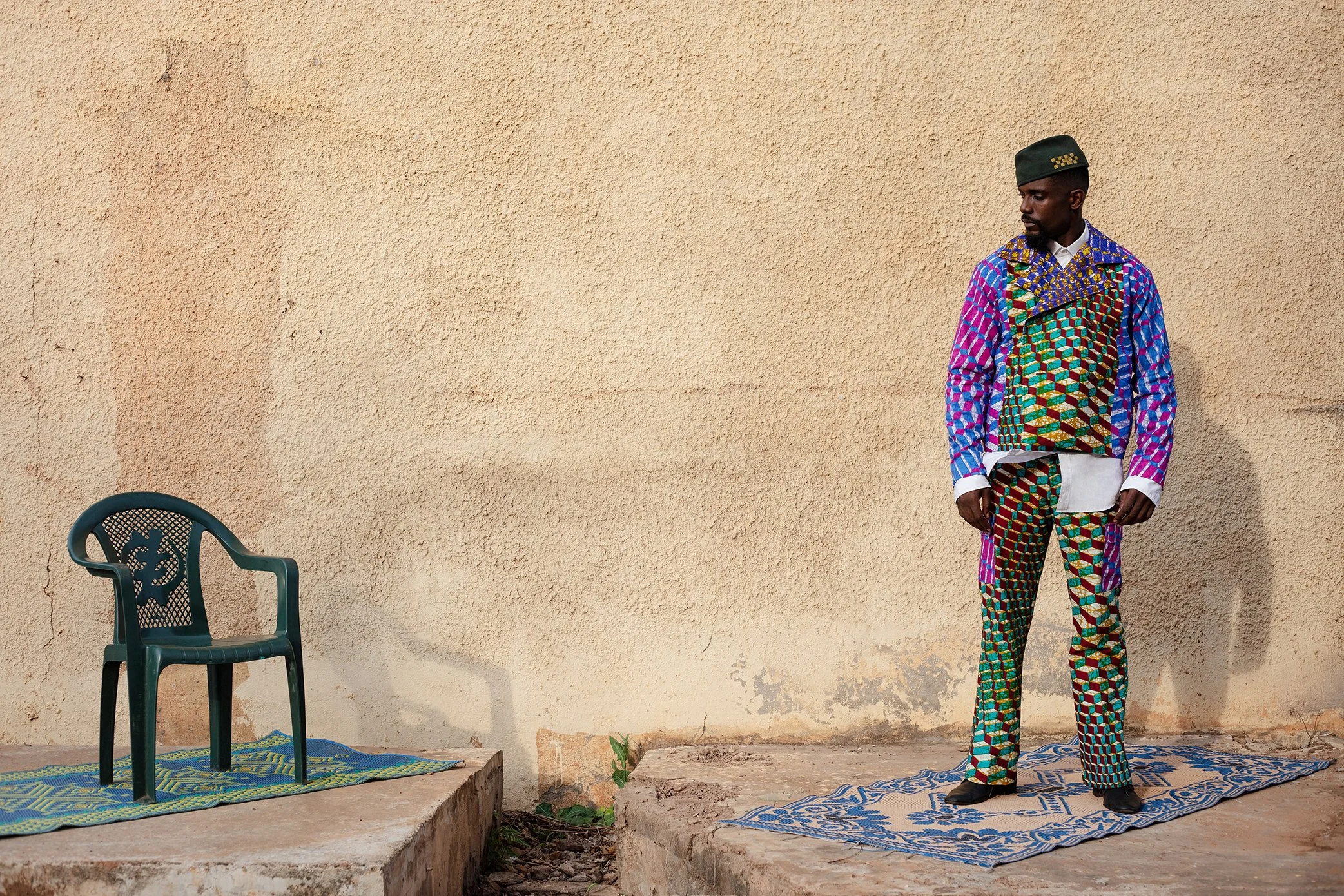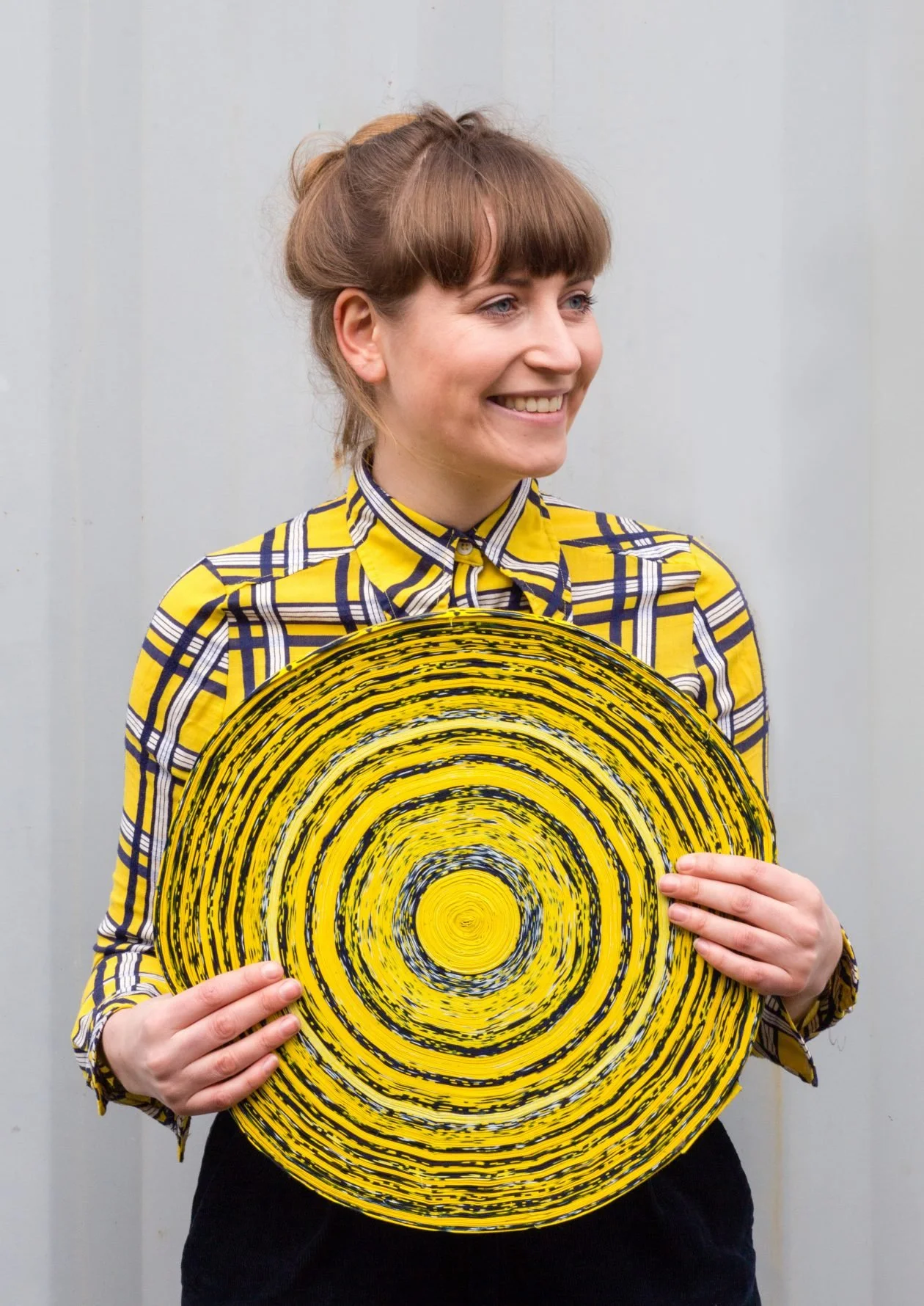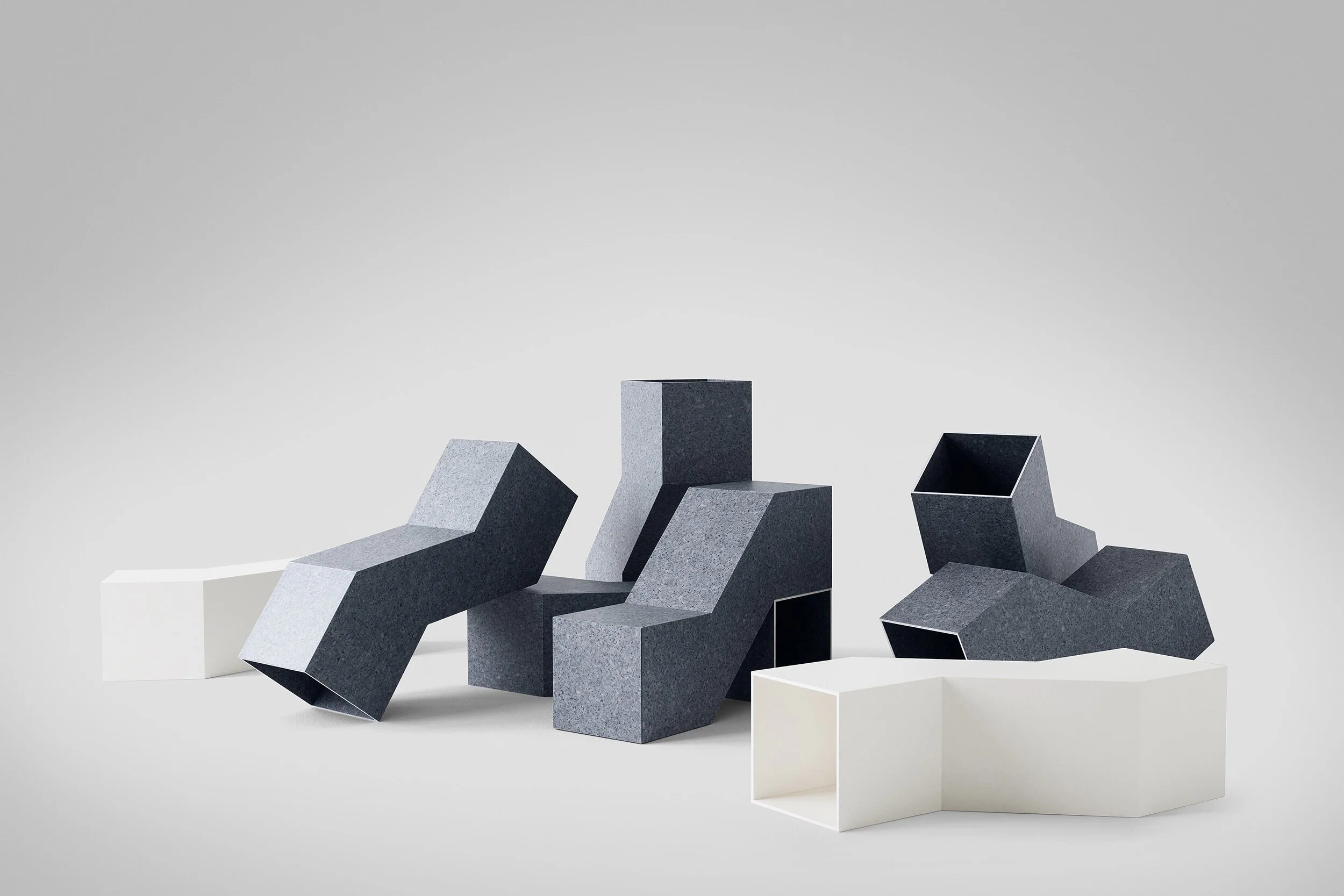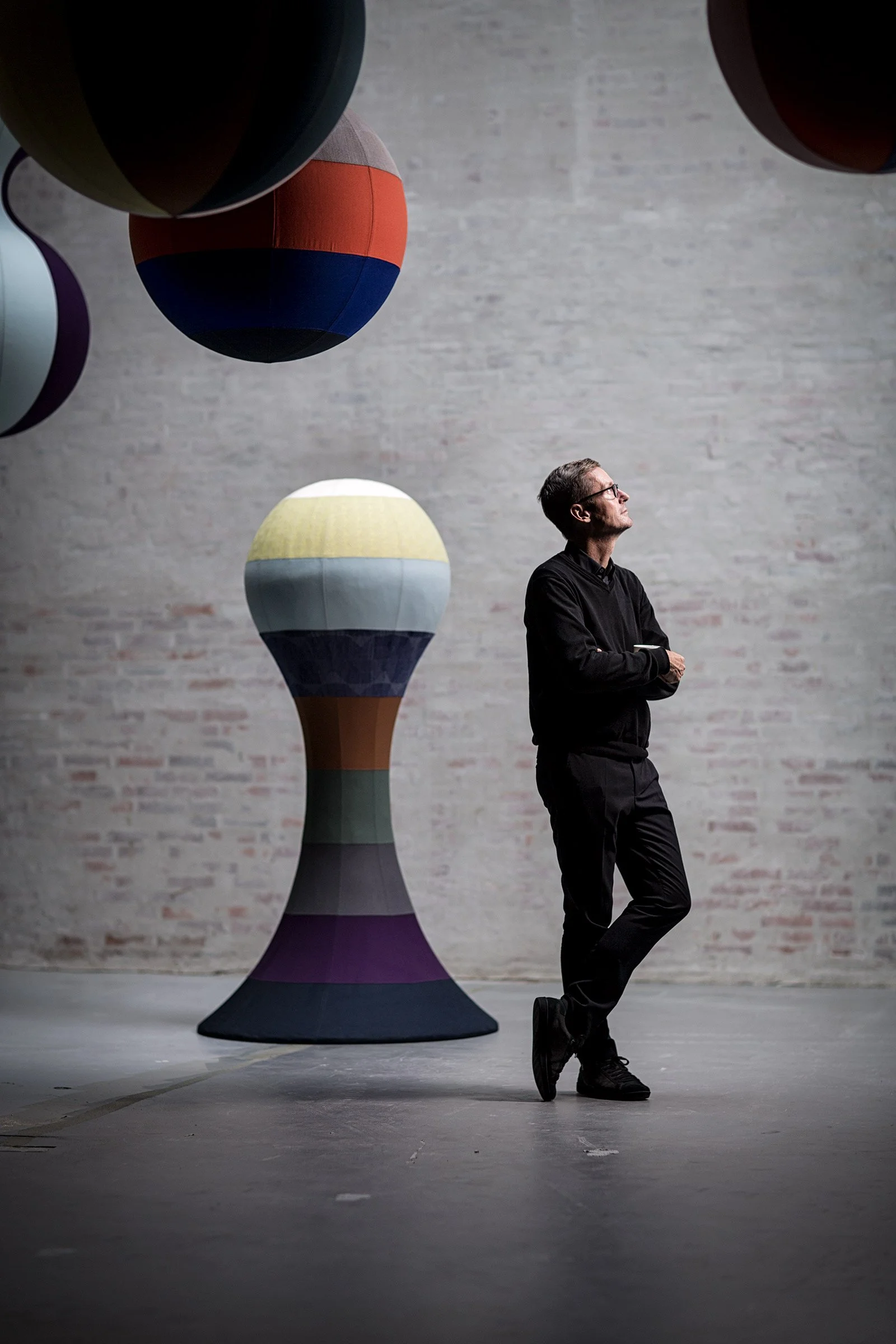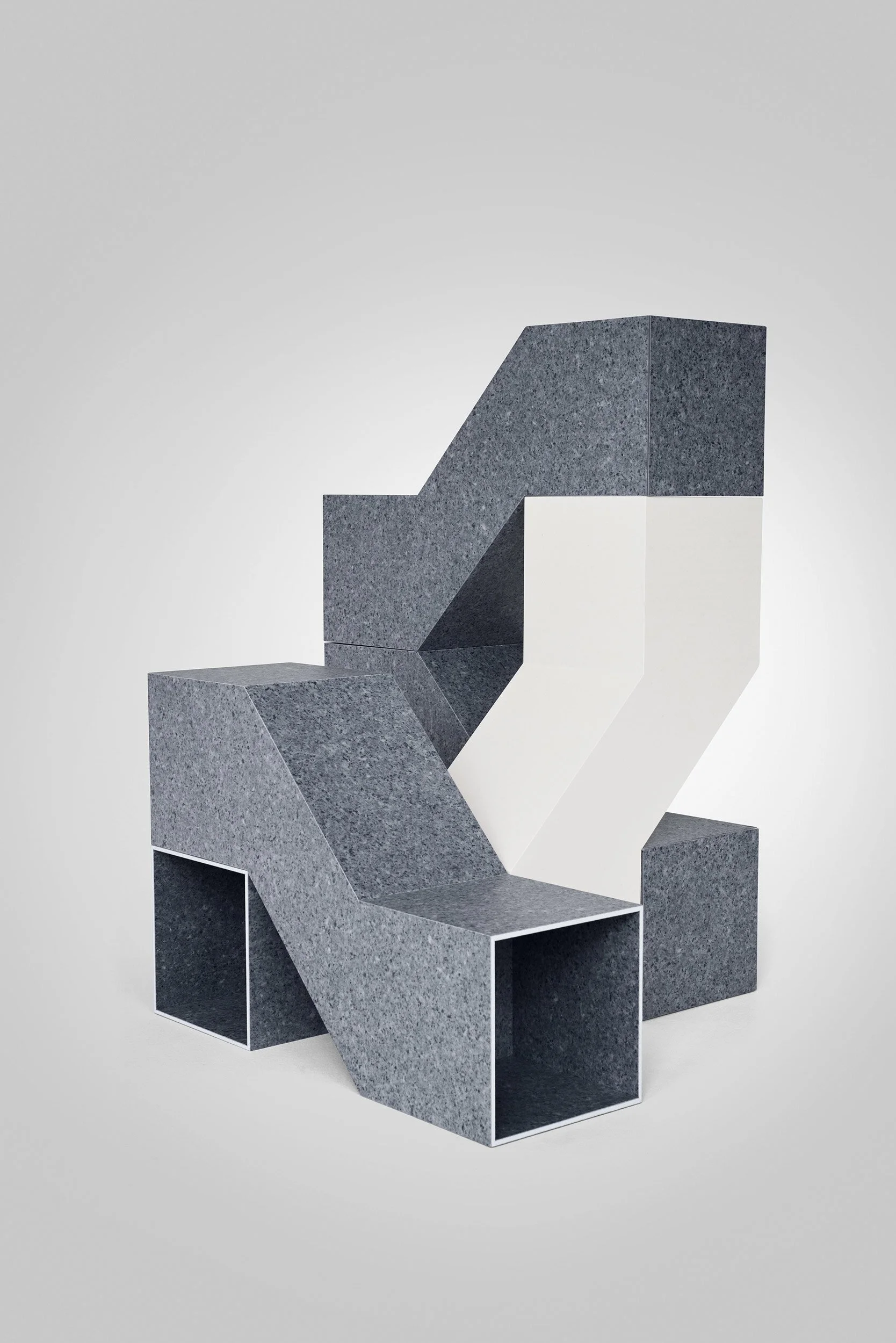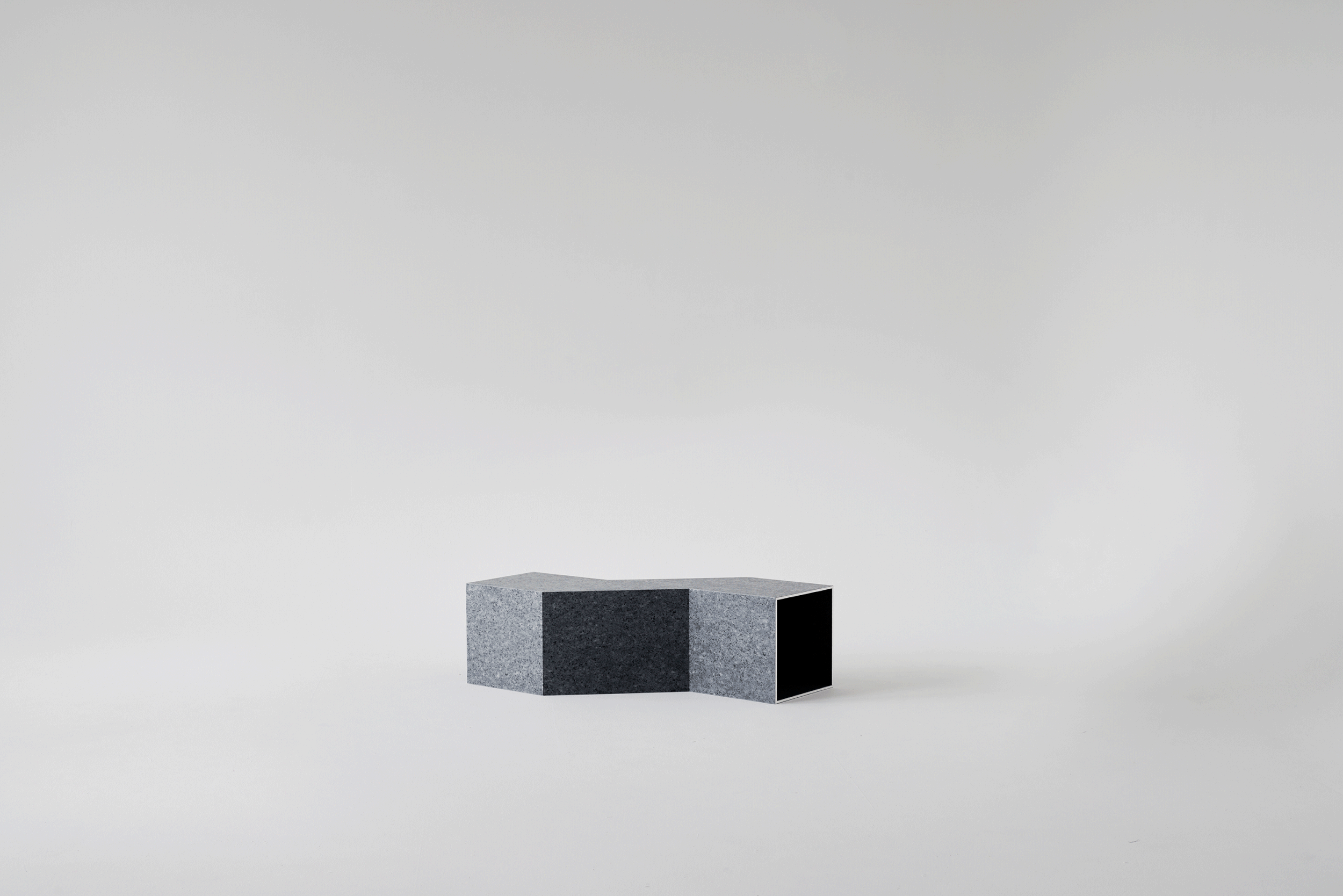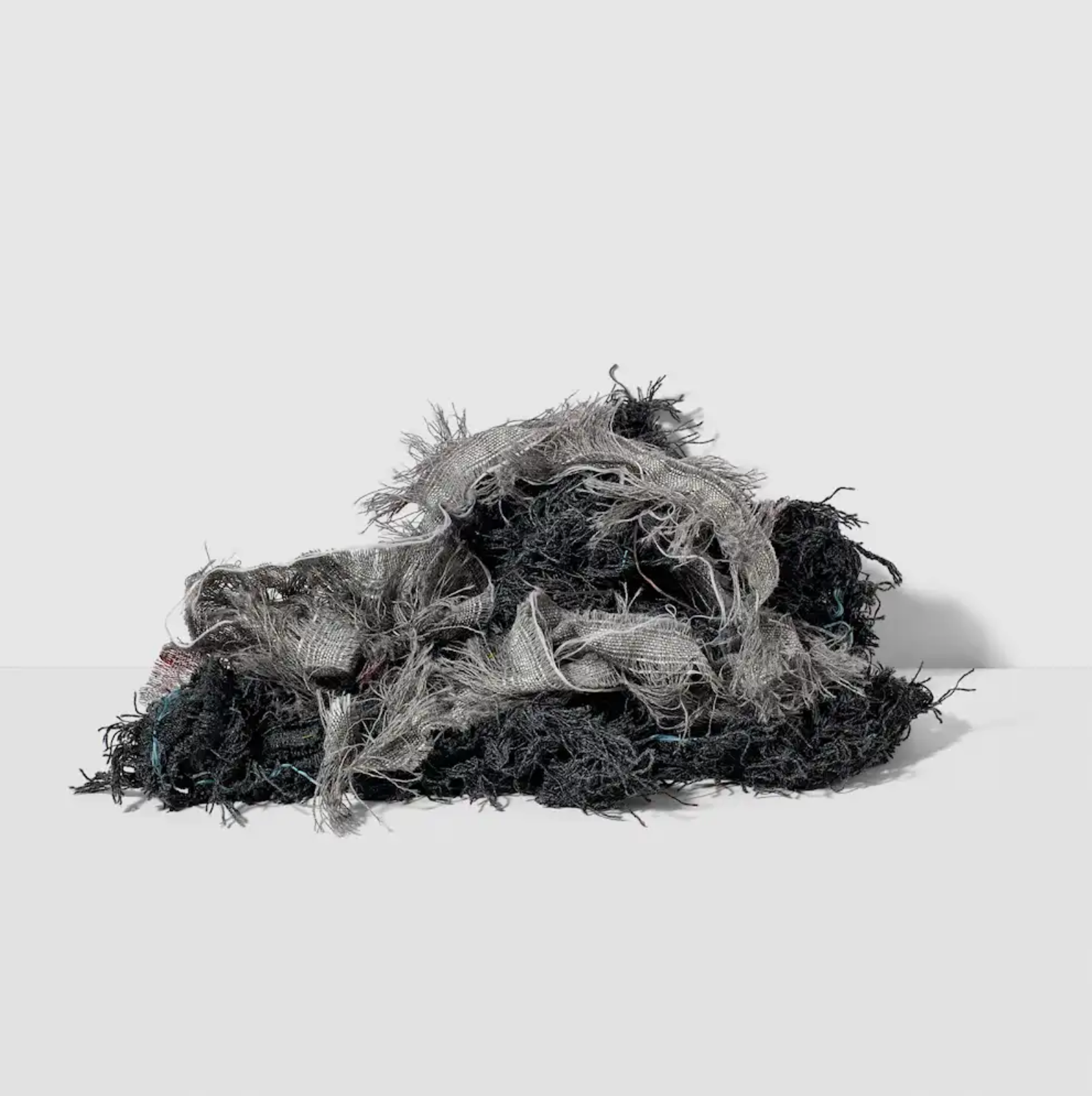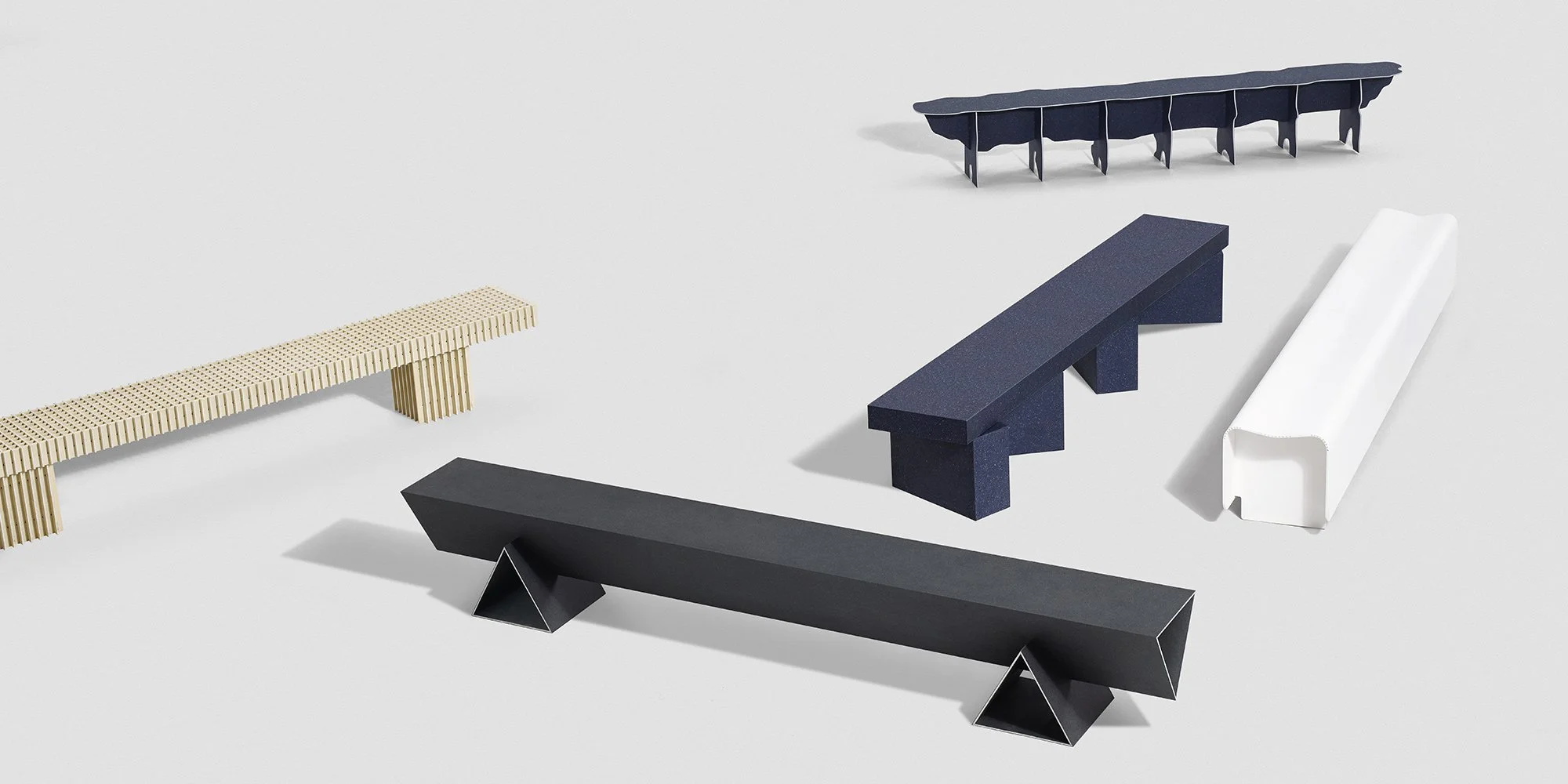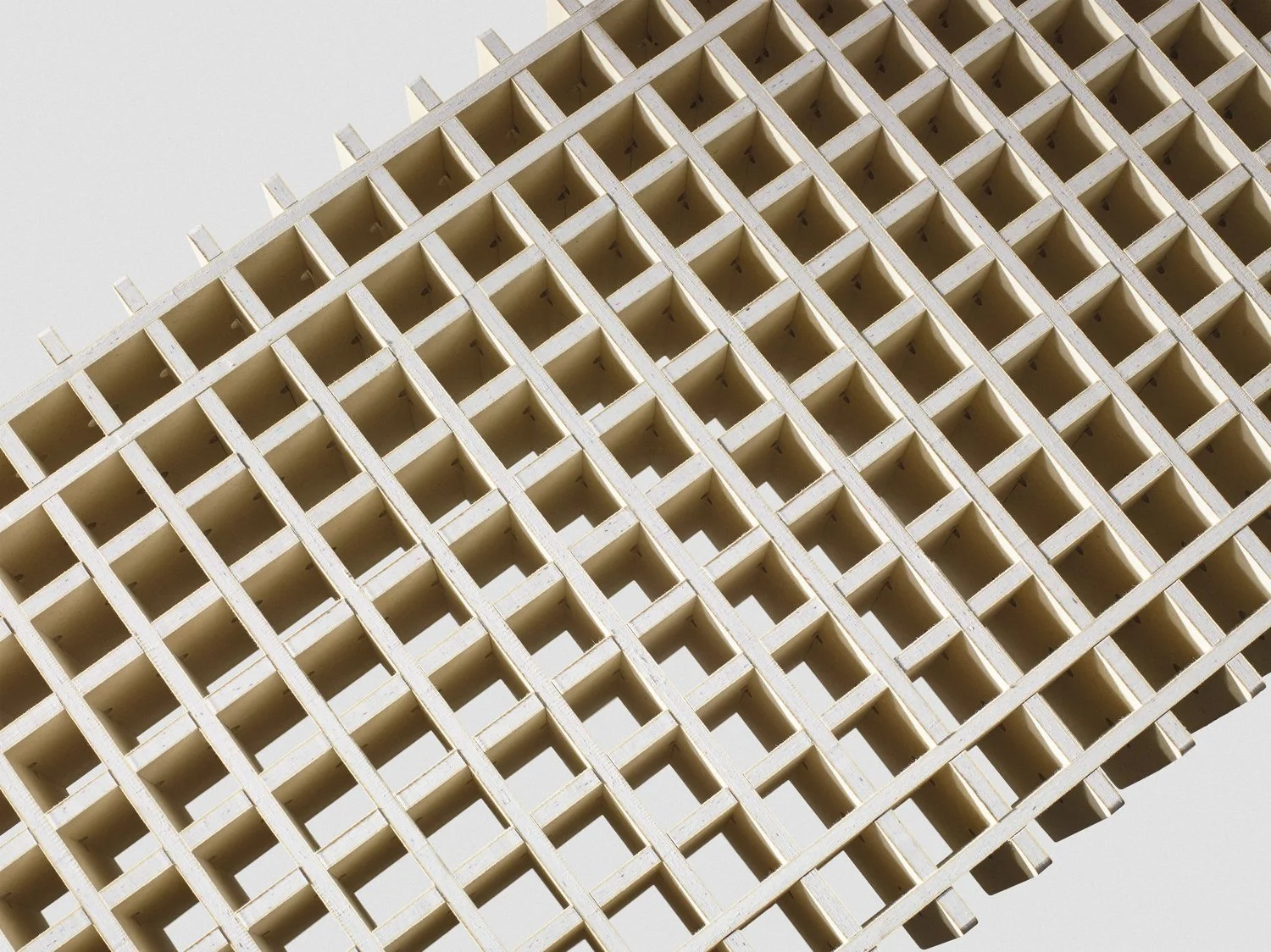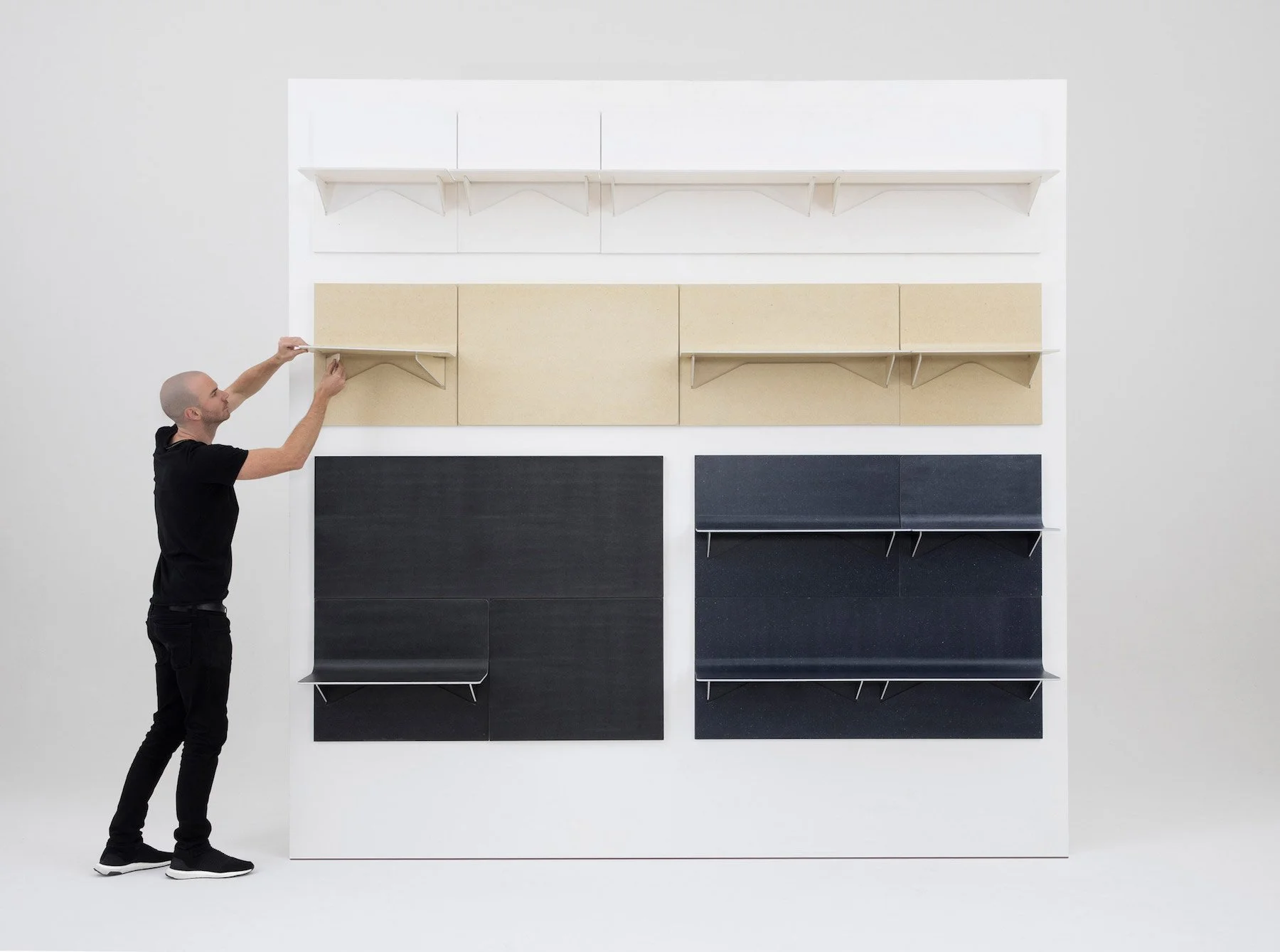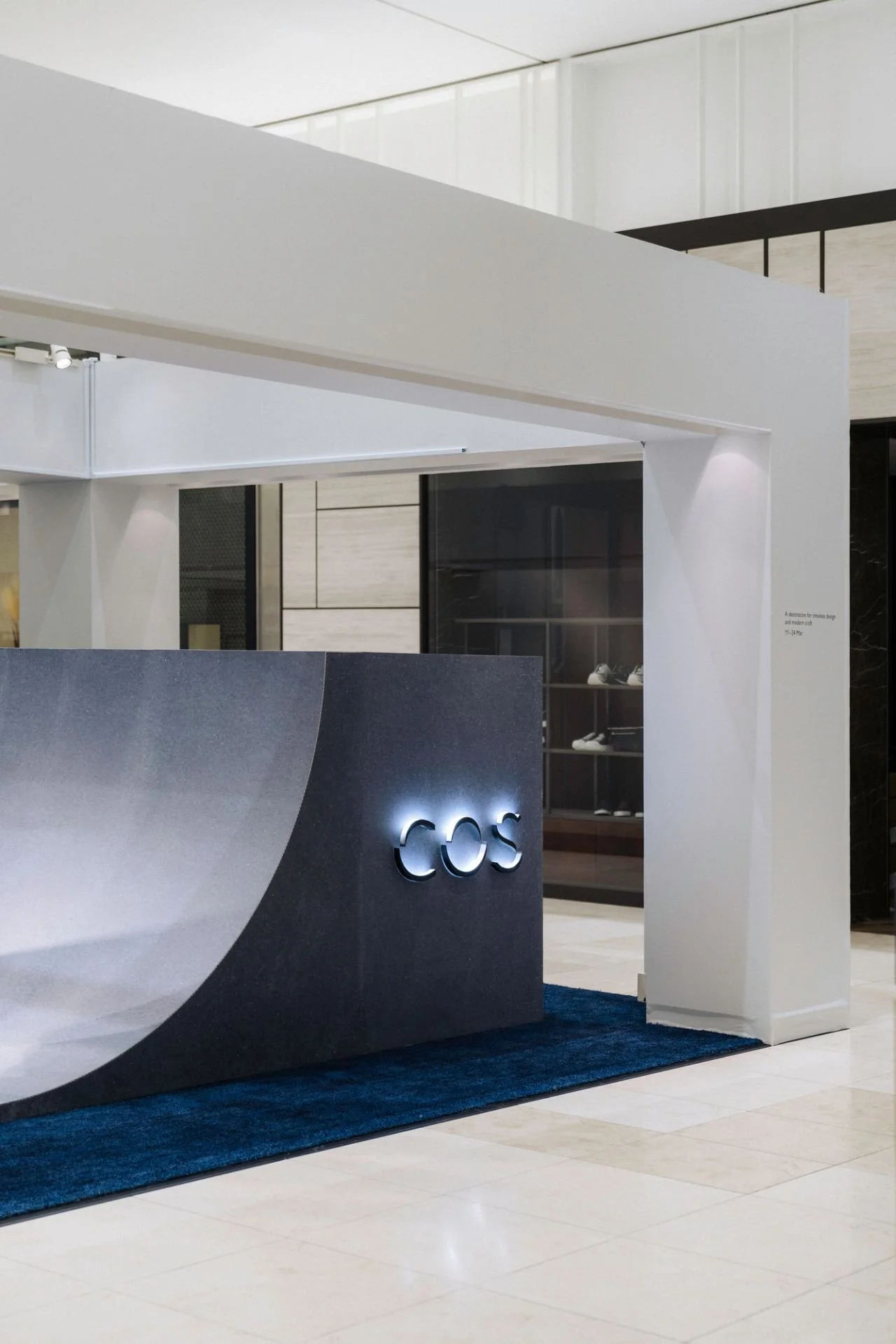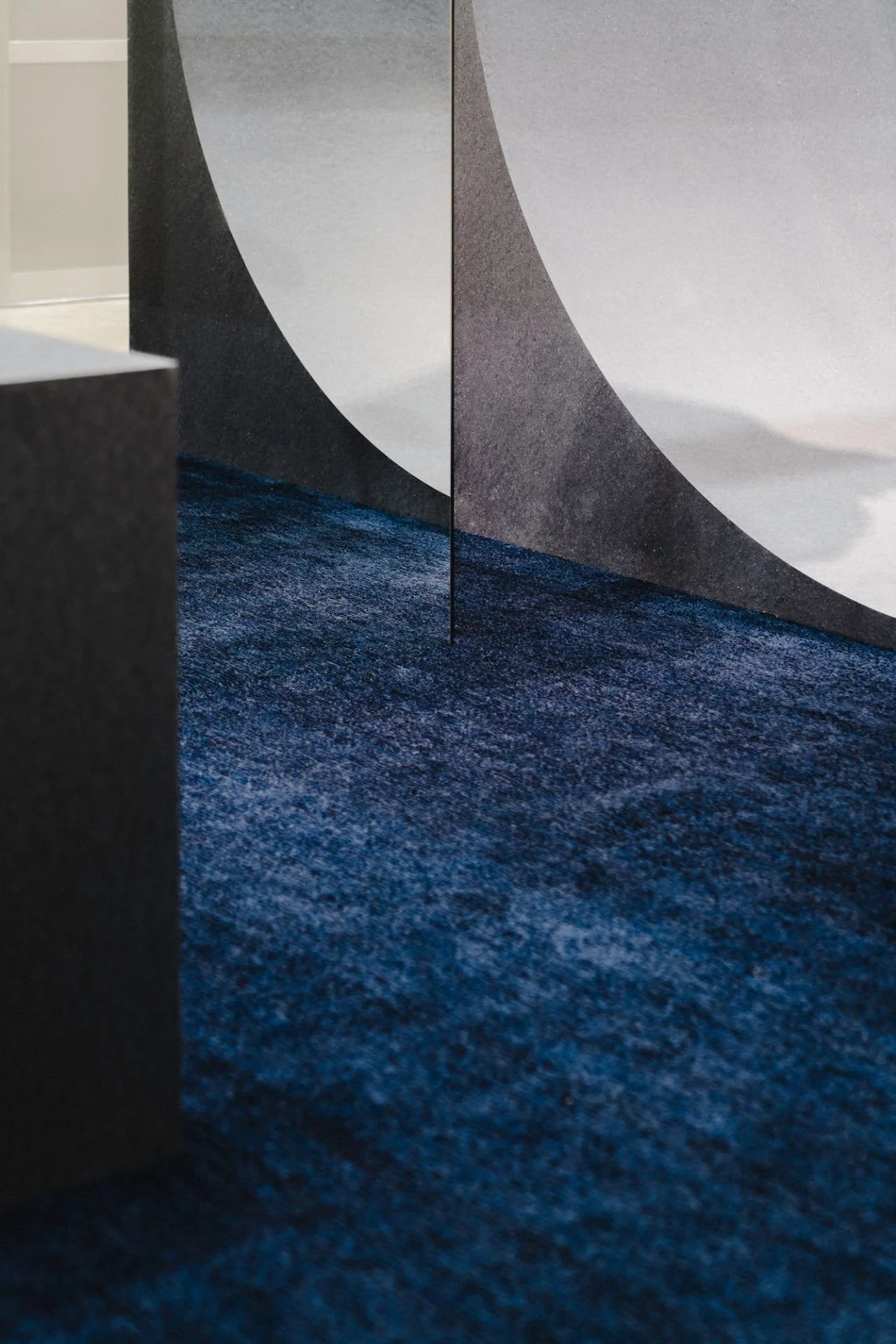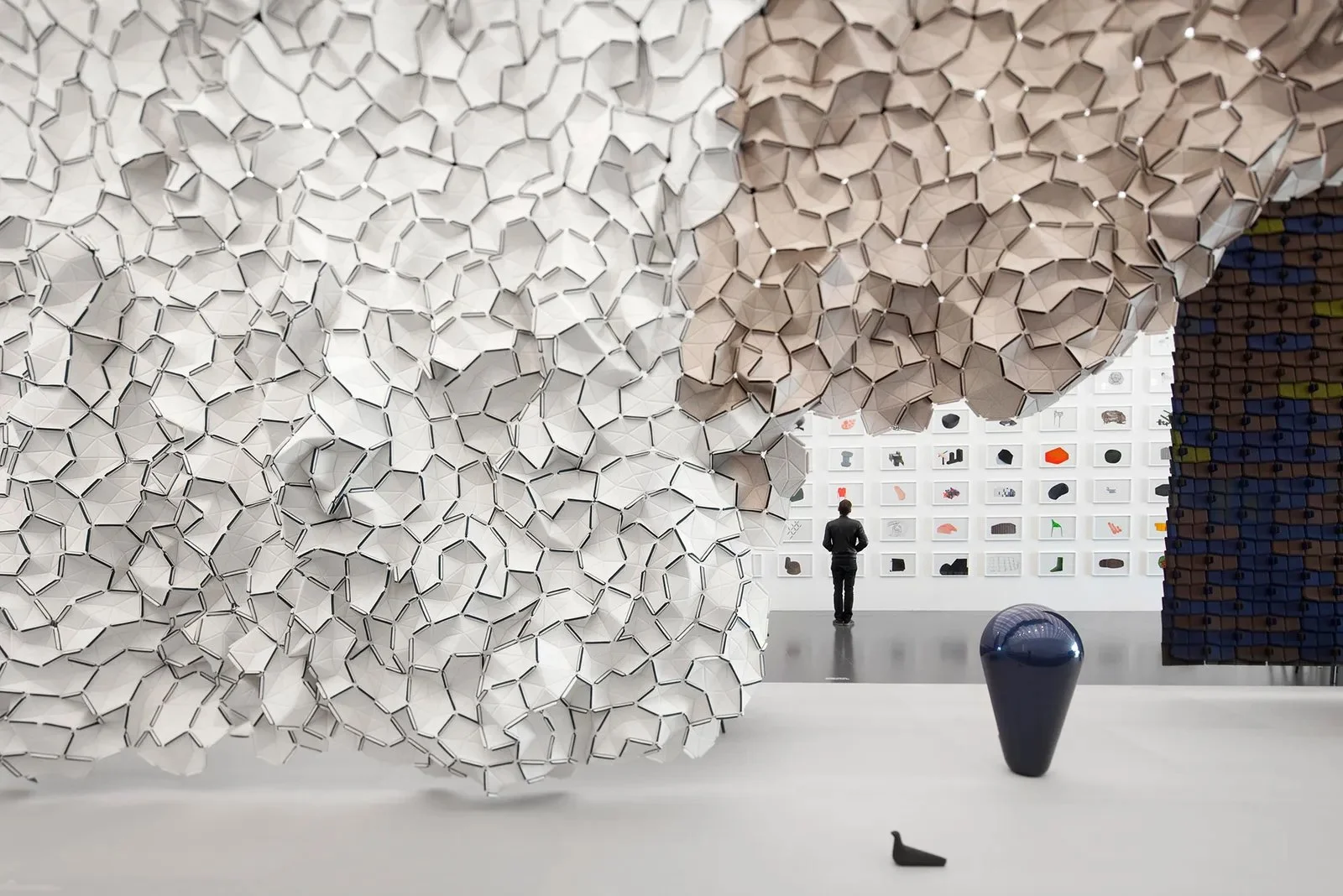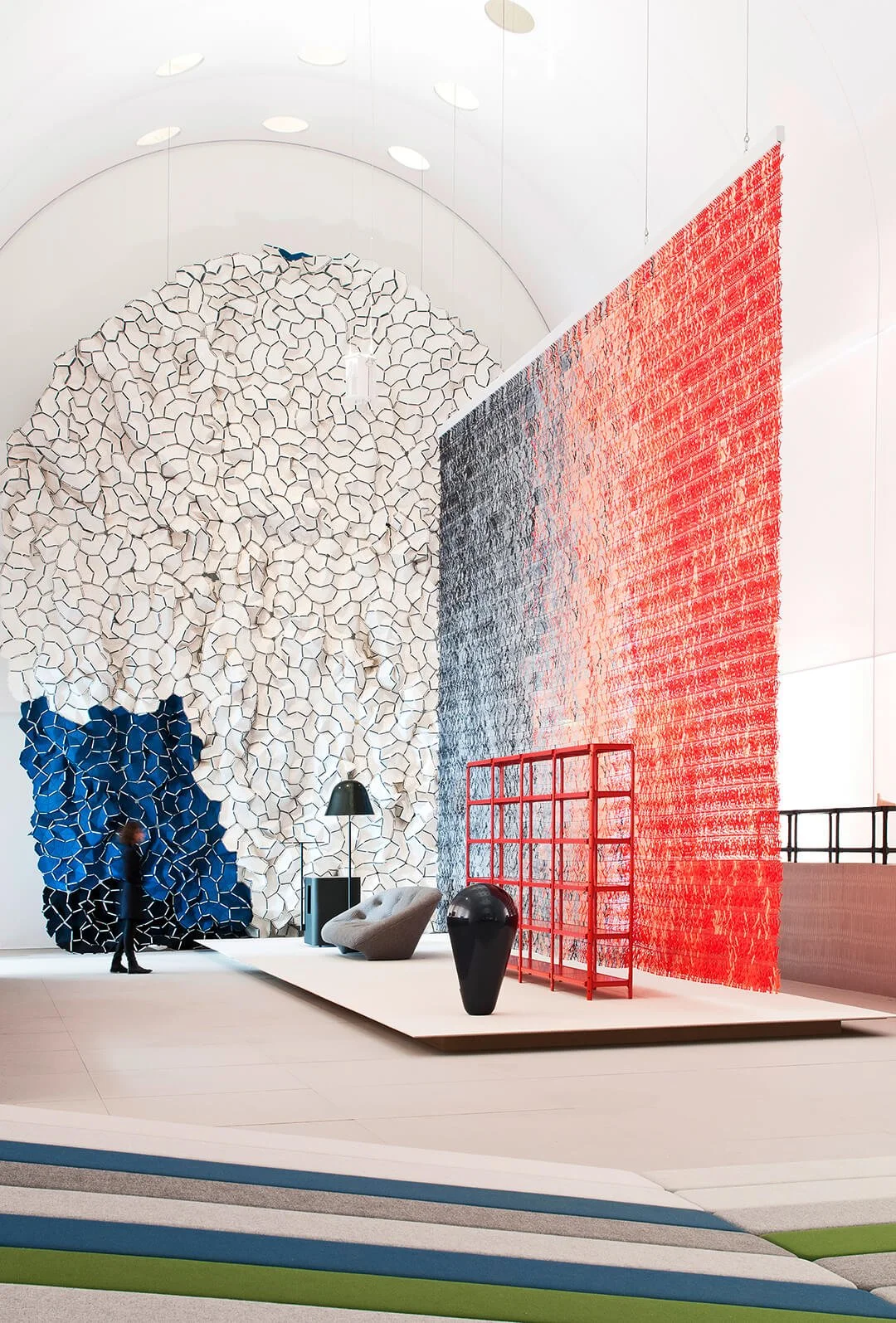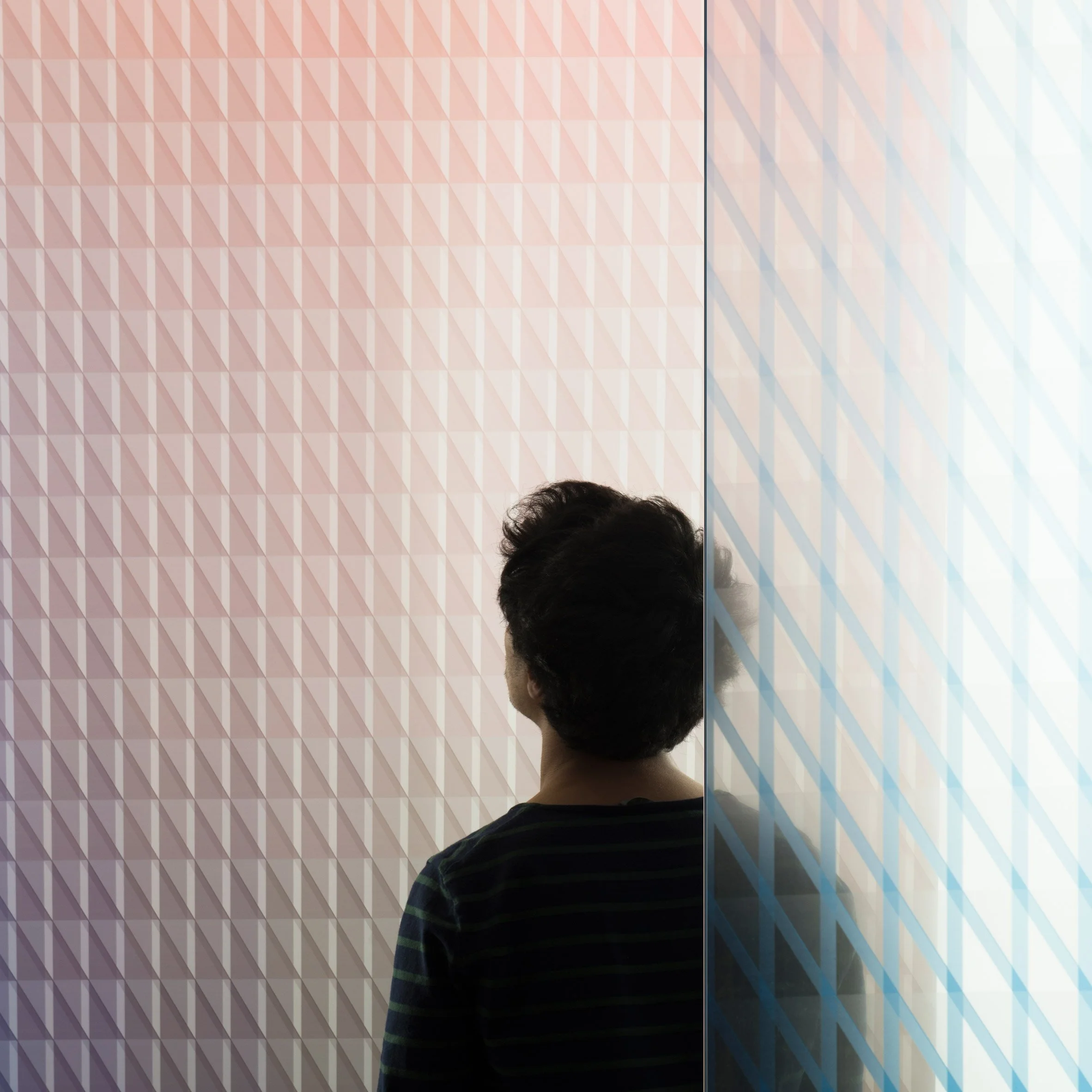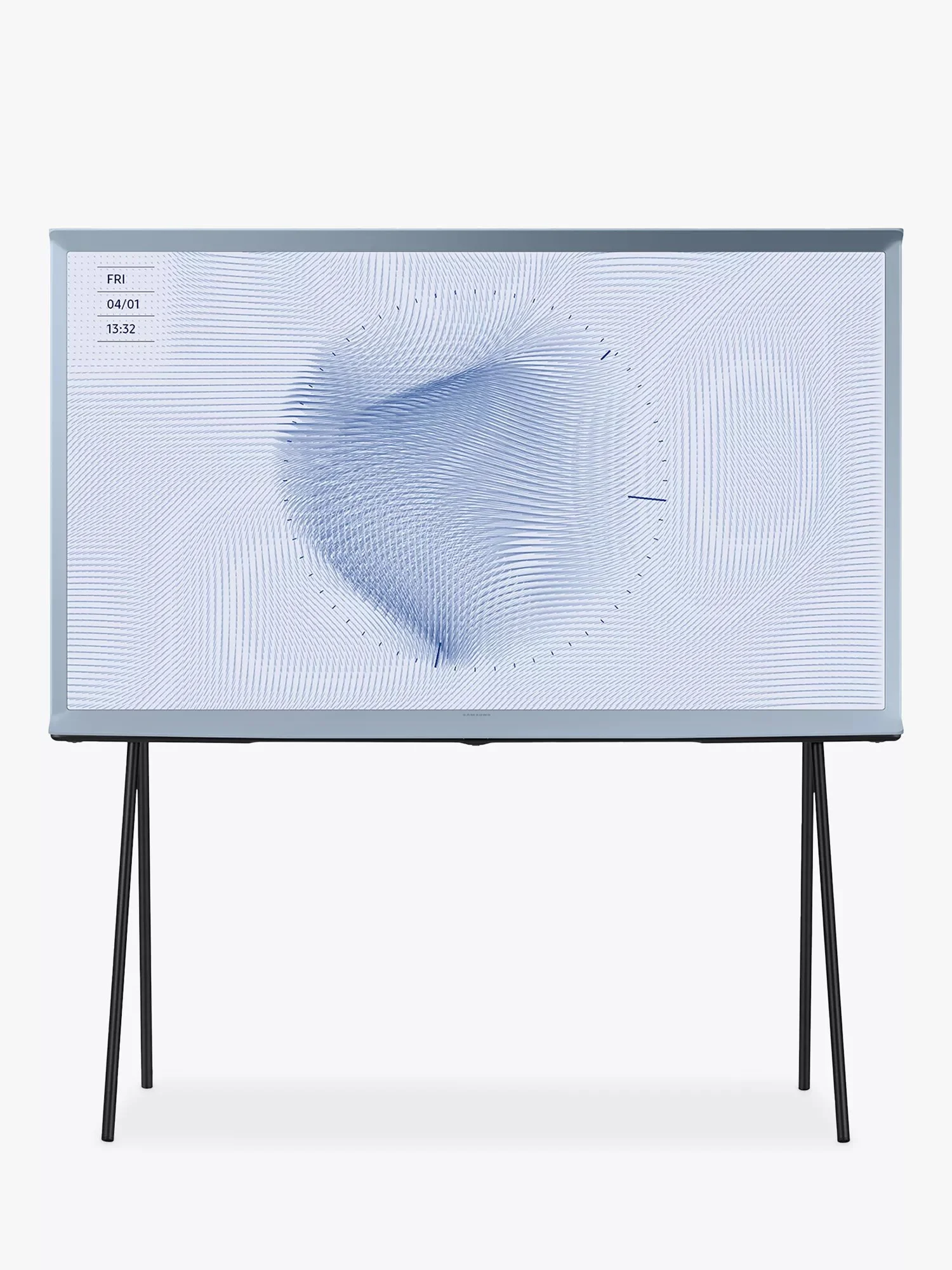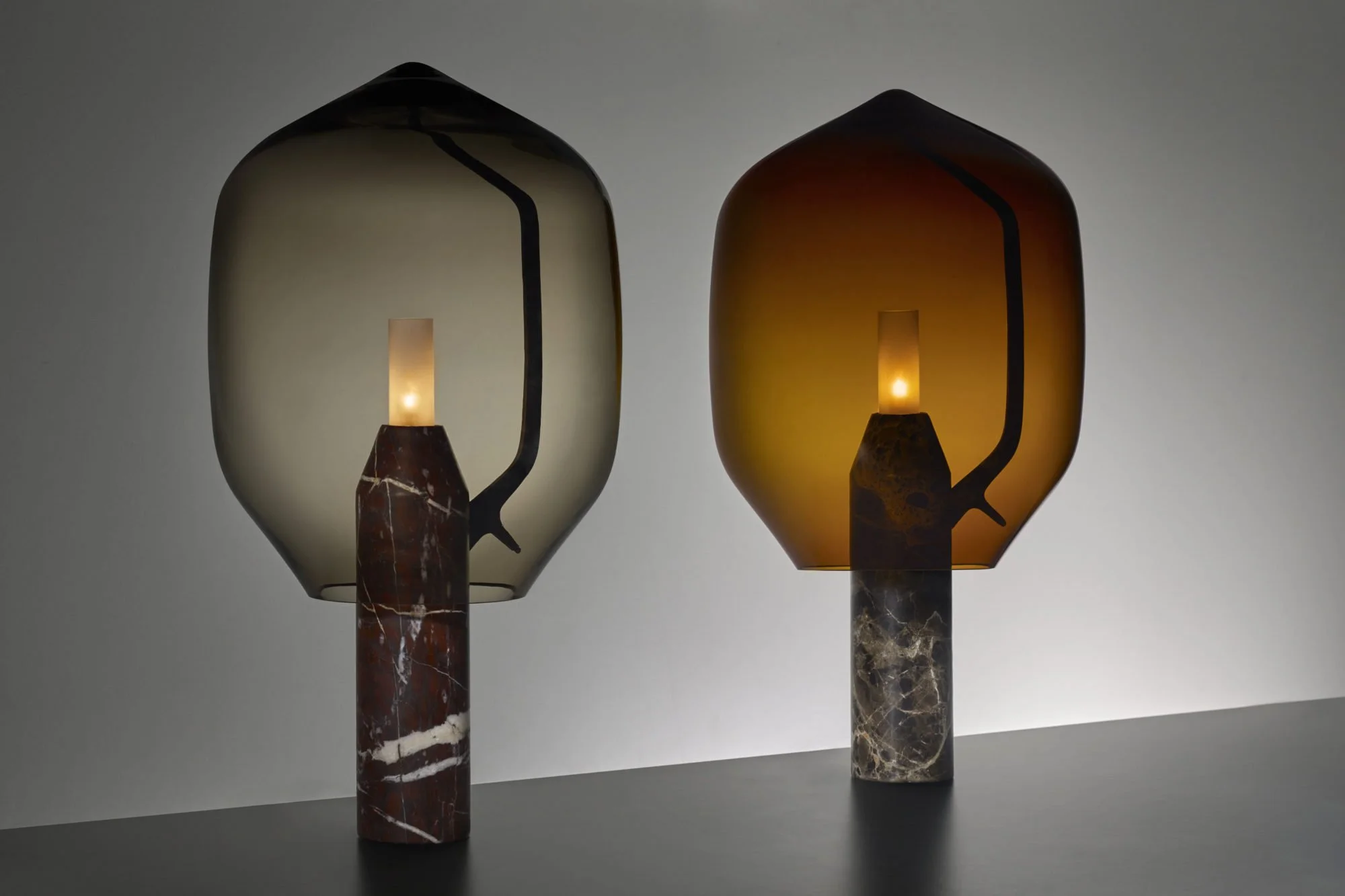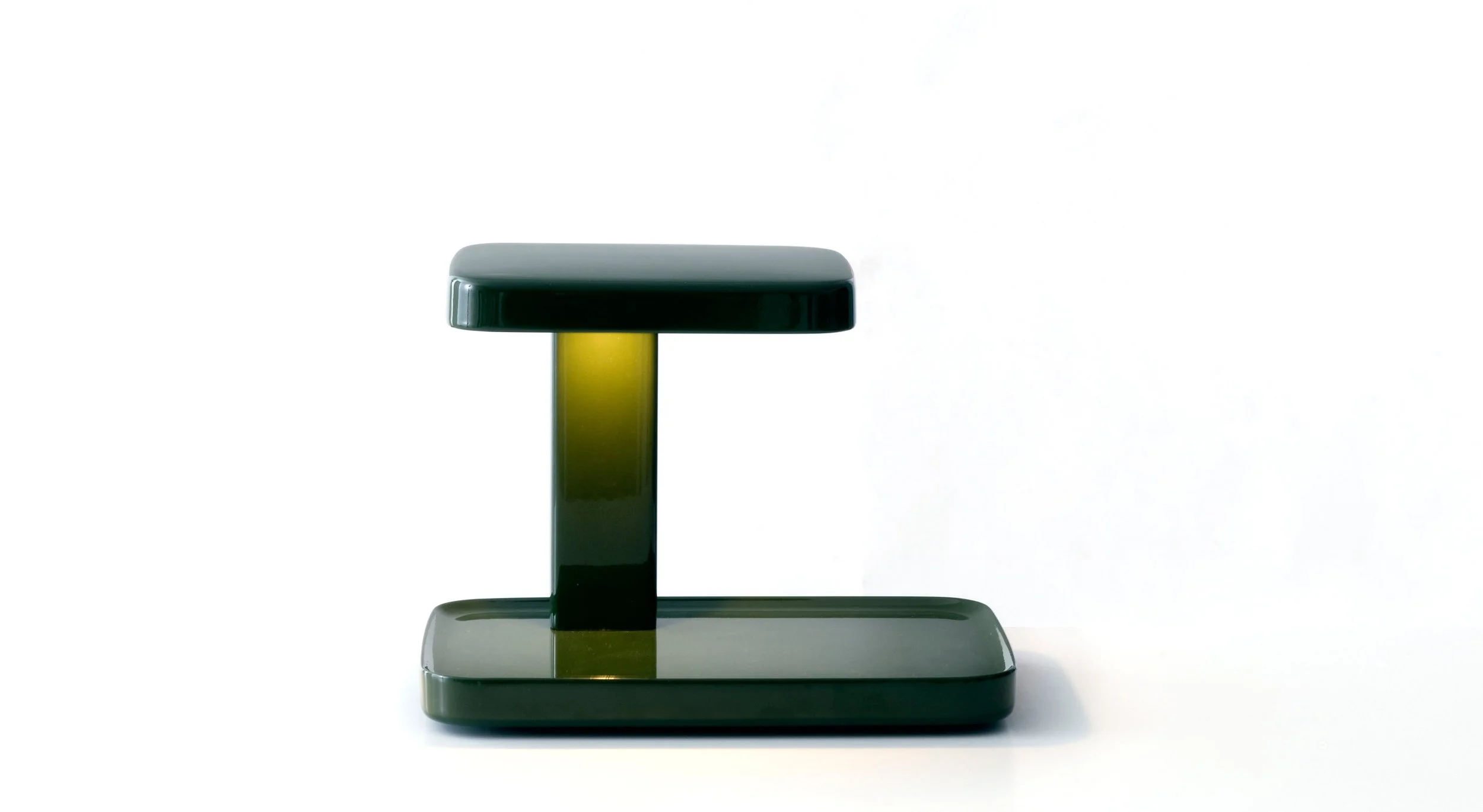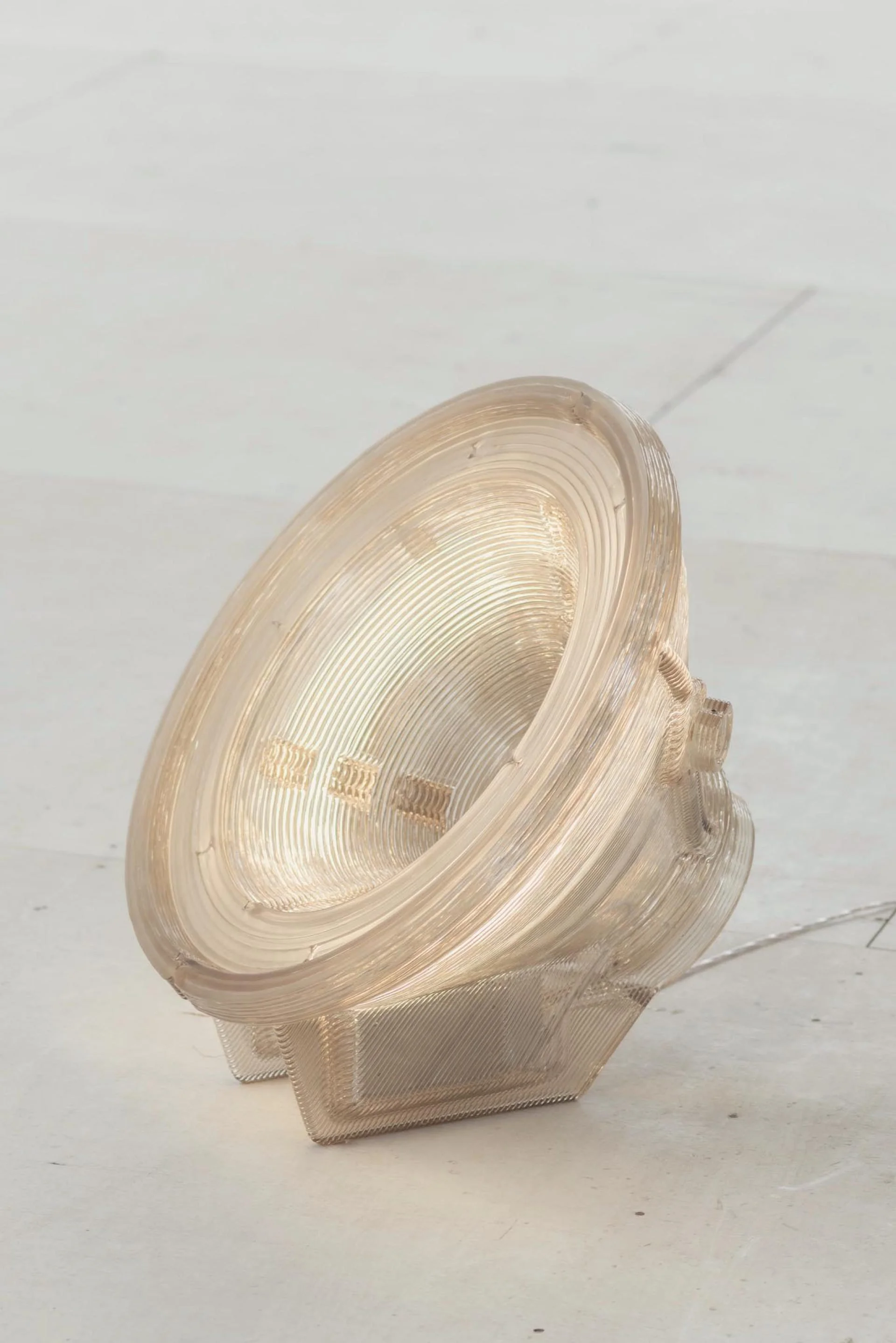 Image 1 of 13
Image 1 of 13

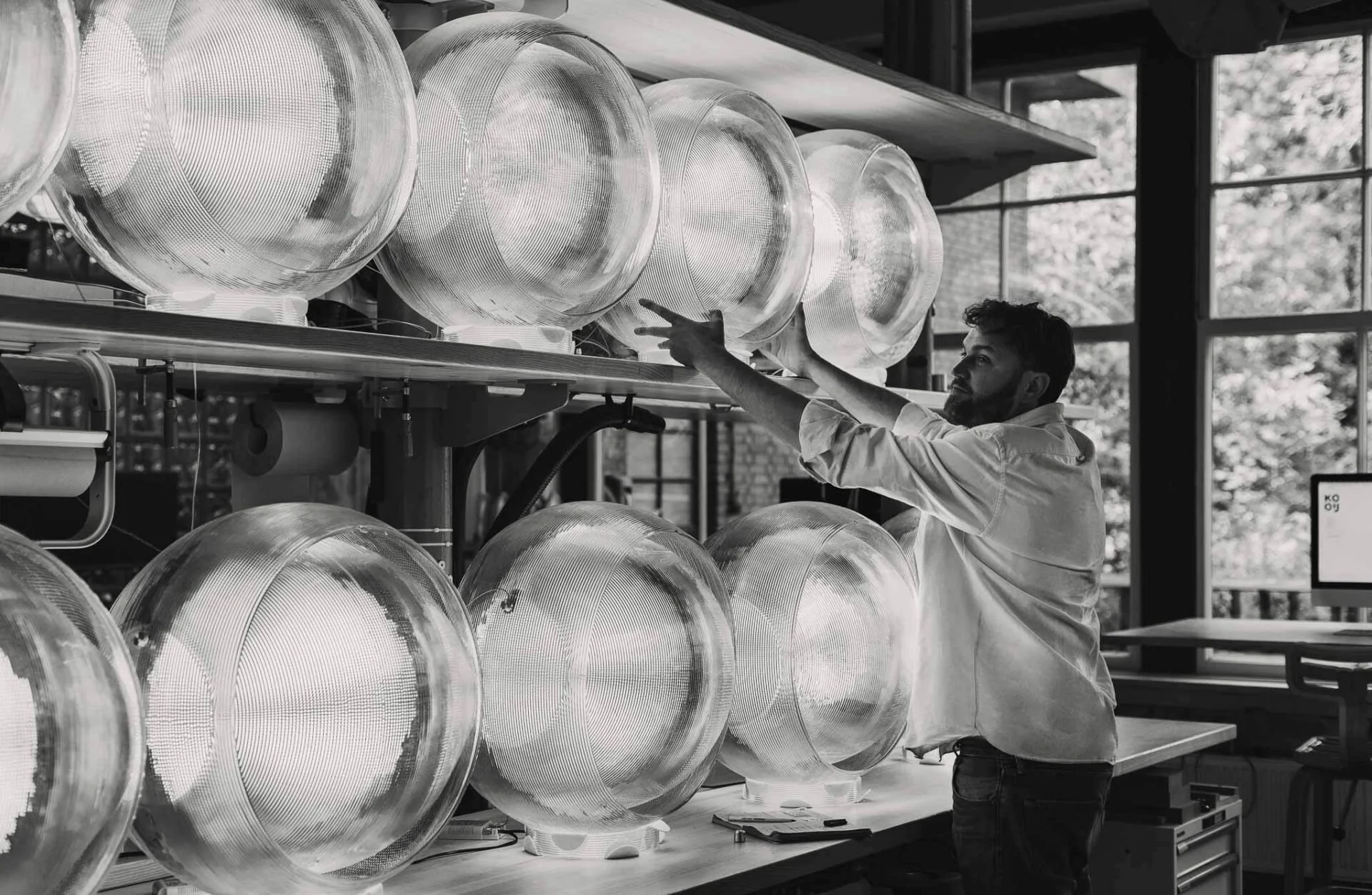 Image 2 of 13
Image 2 of 13

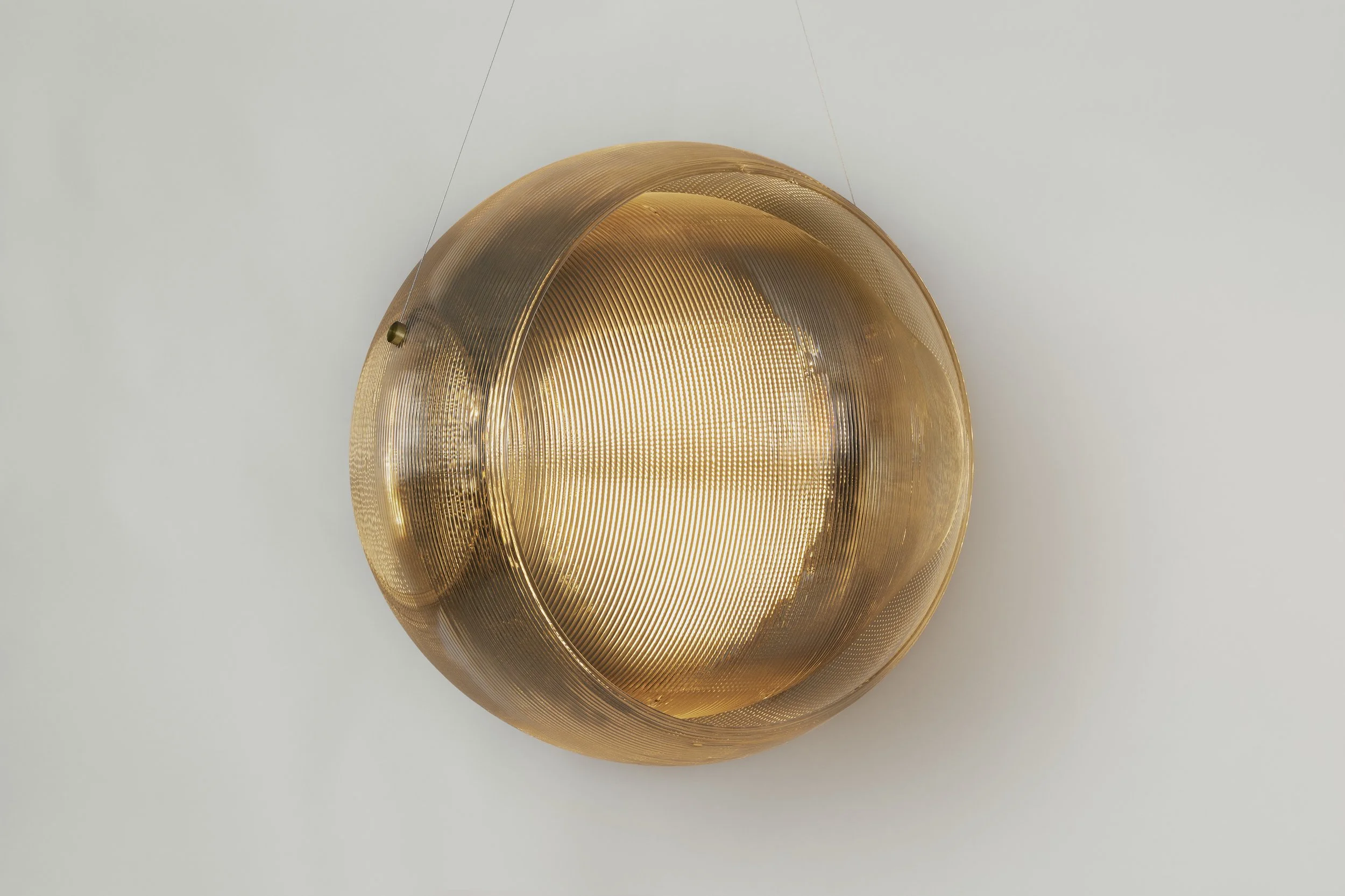 Image 3 of 13
Image 3 of 13

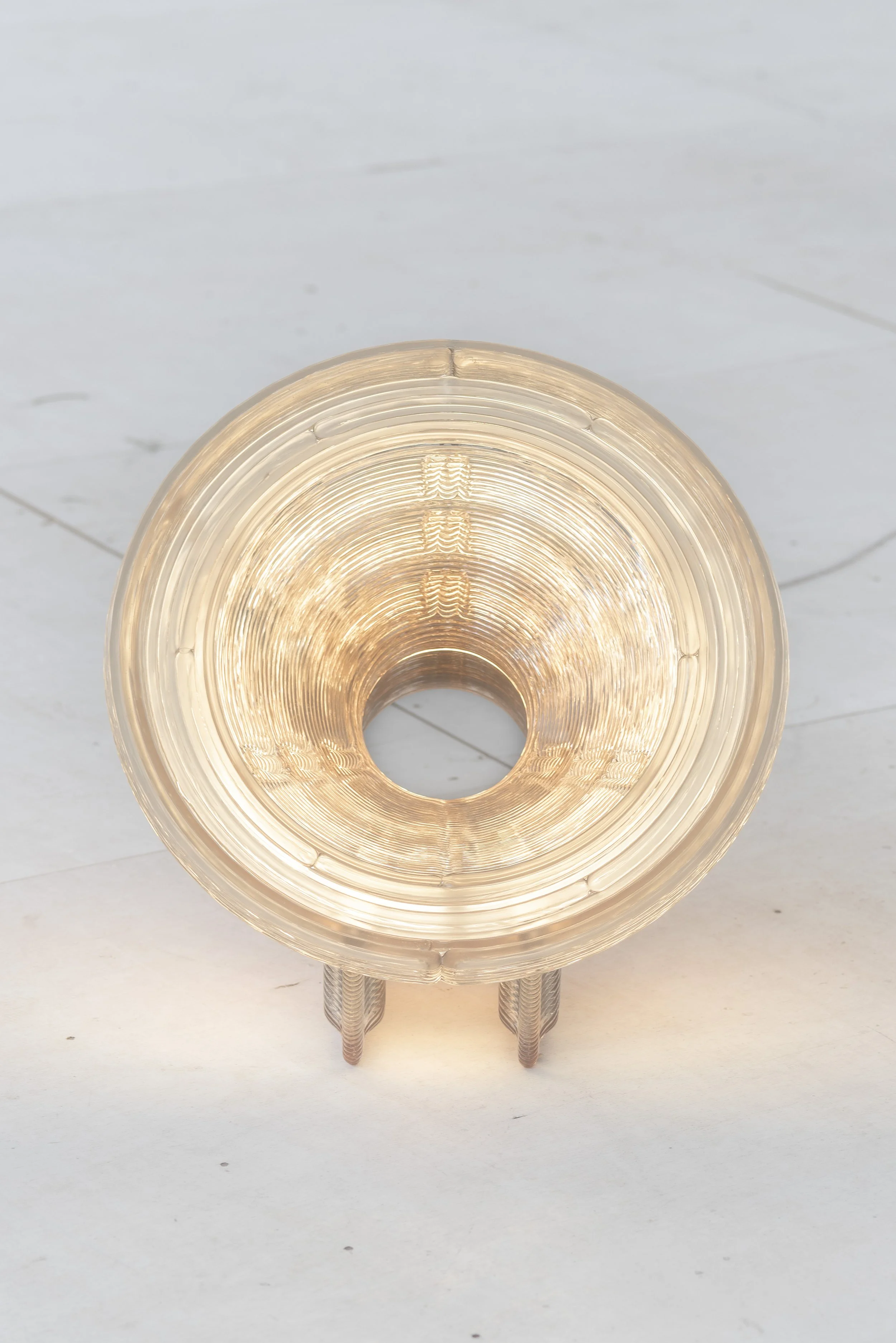 Image 4 of 13
Image 4 of 13

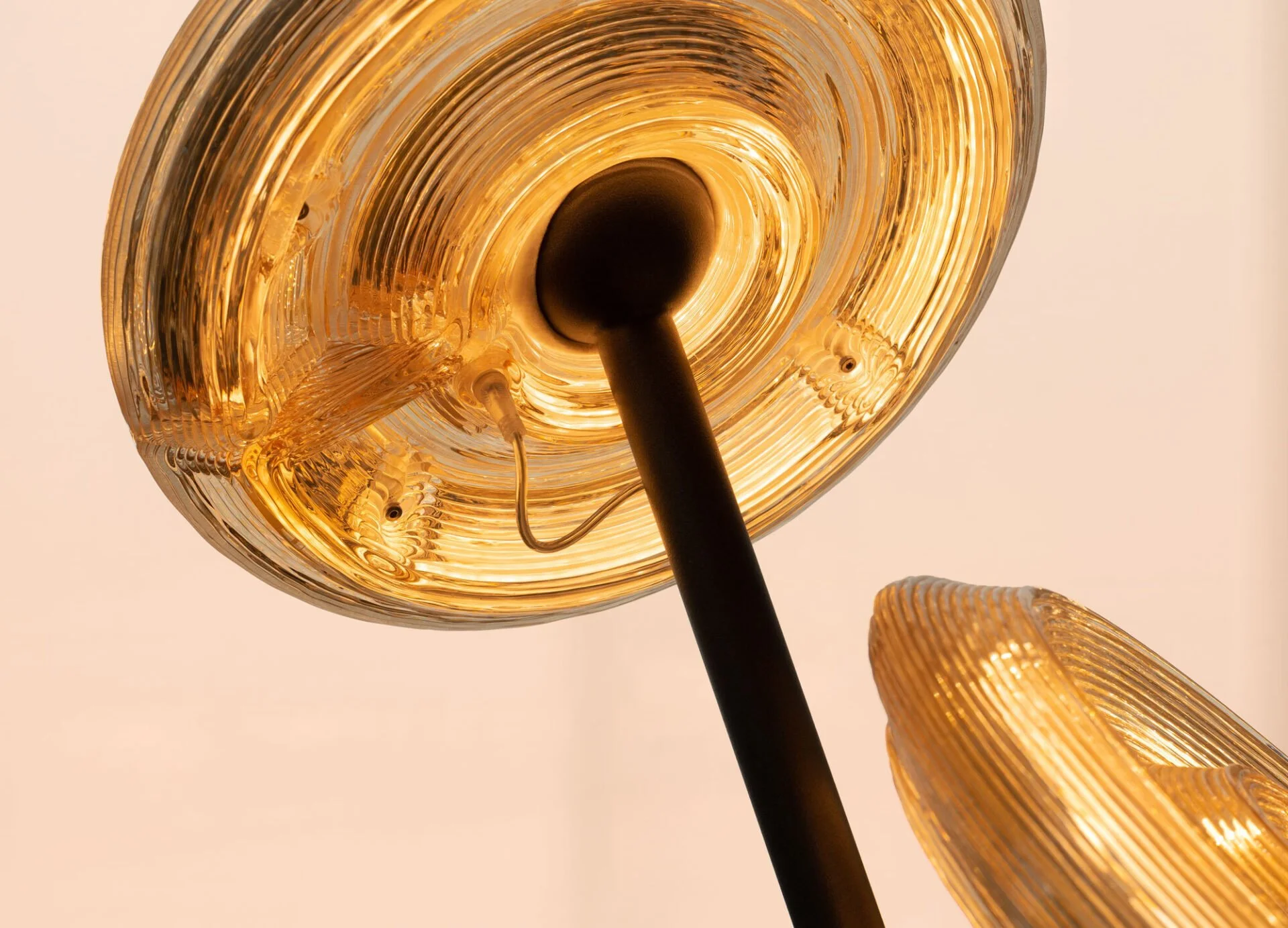 Image 5 of 13
Image 5 of 13

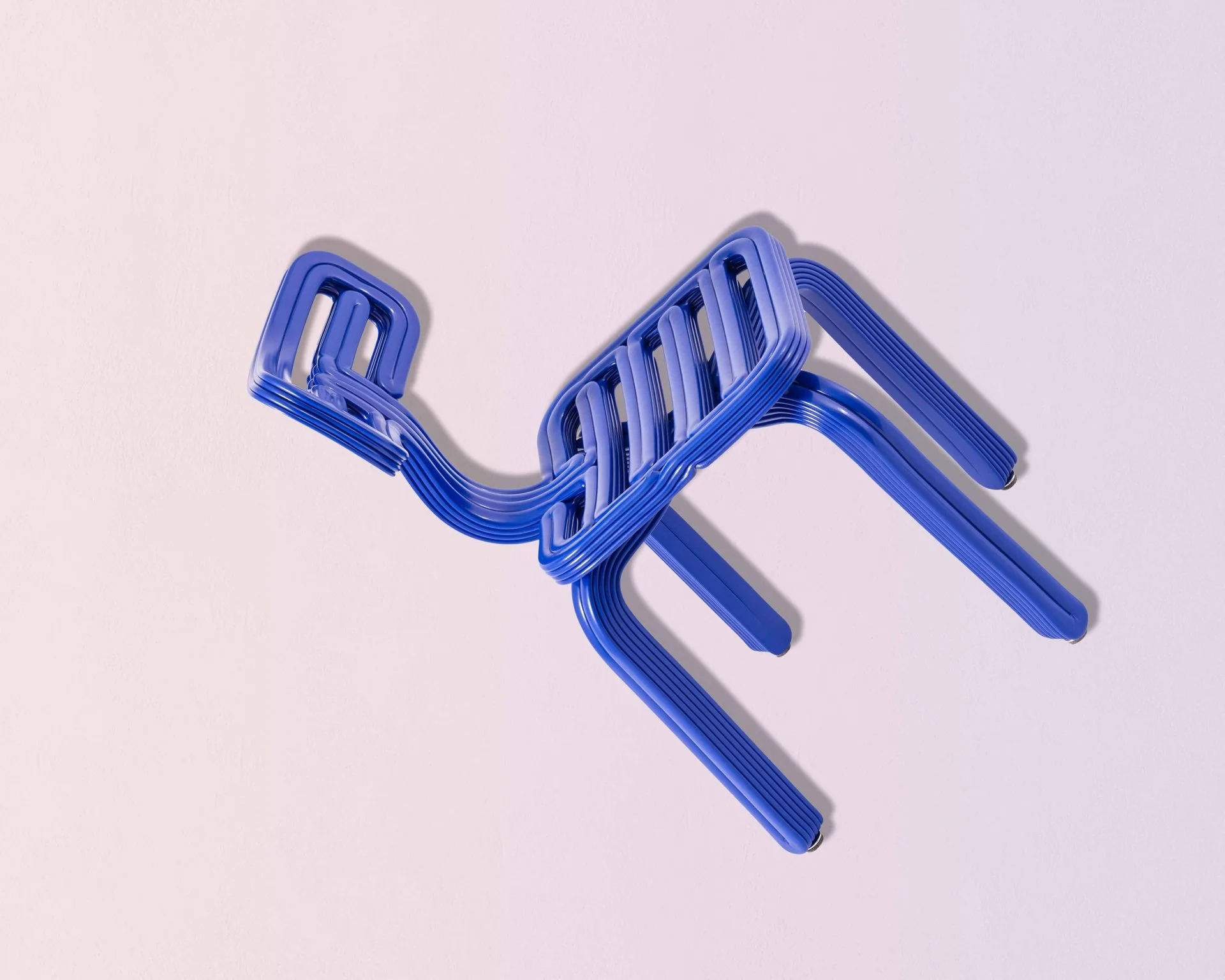 Image 6 of 13
Image 6 of 13

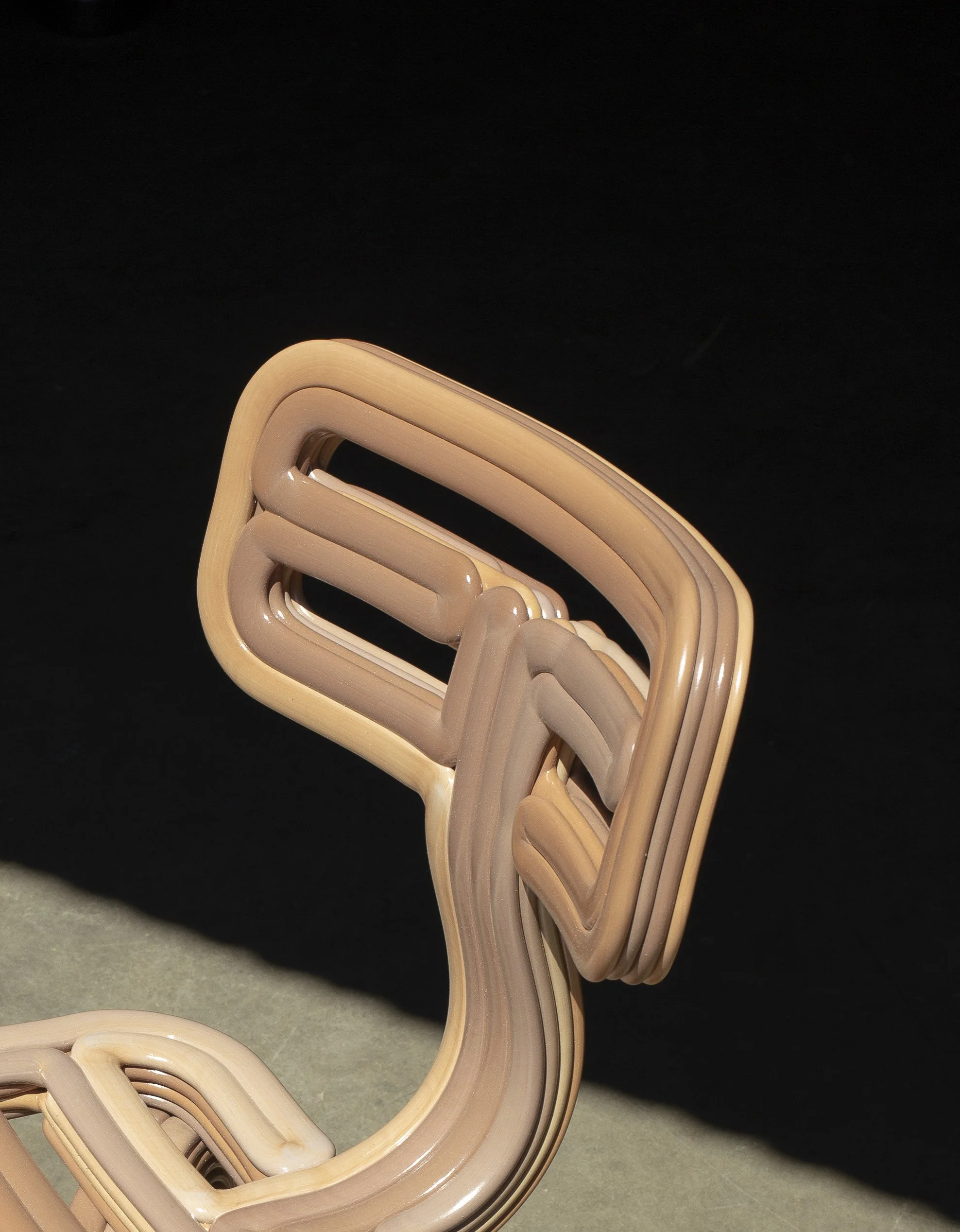 Image 7 of 13
Image 7 of 13

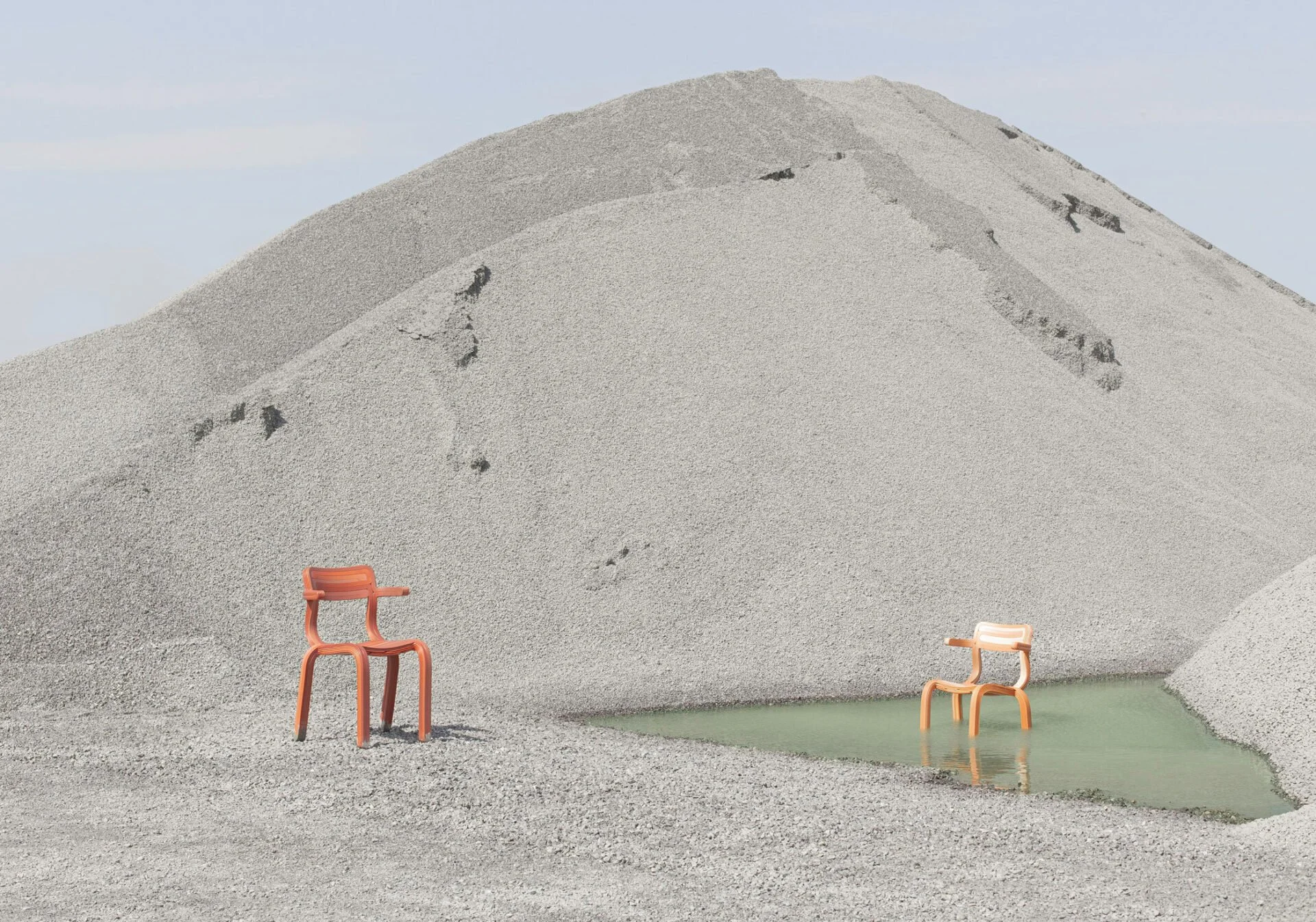 Image 8 of 13
Image 8 of 13

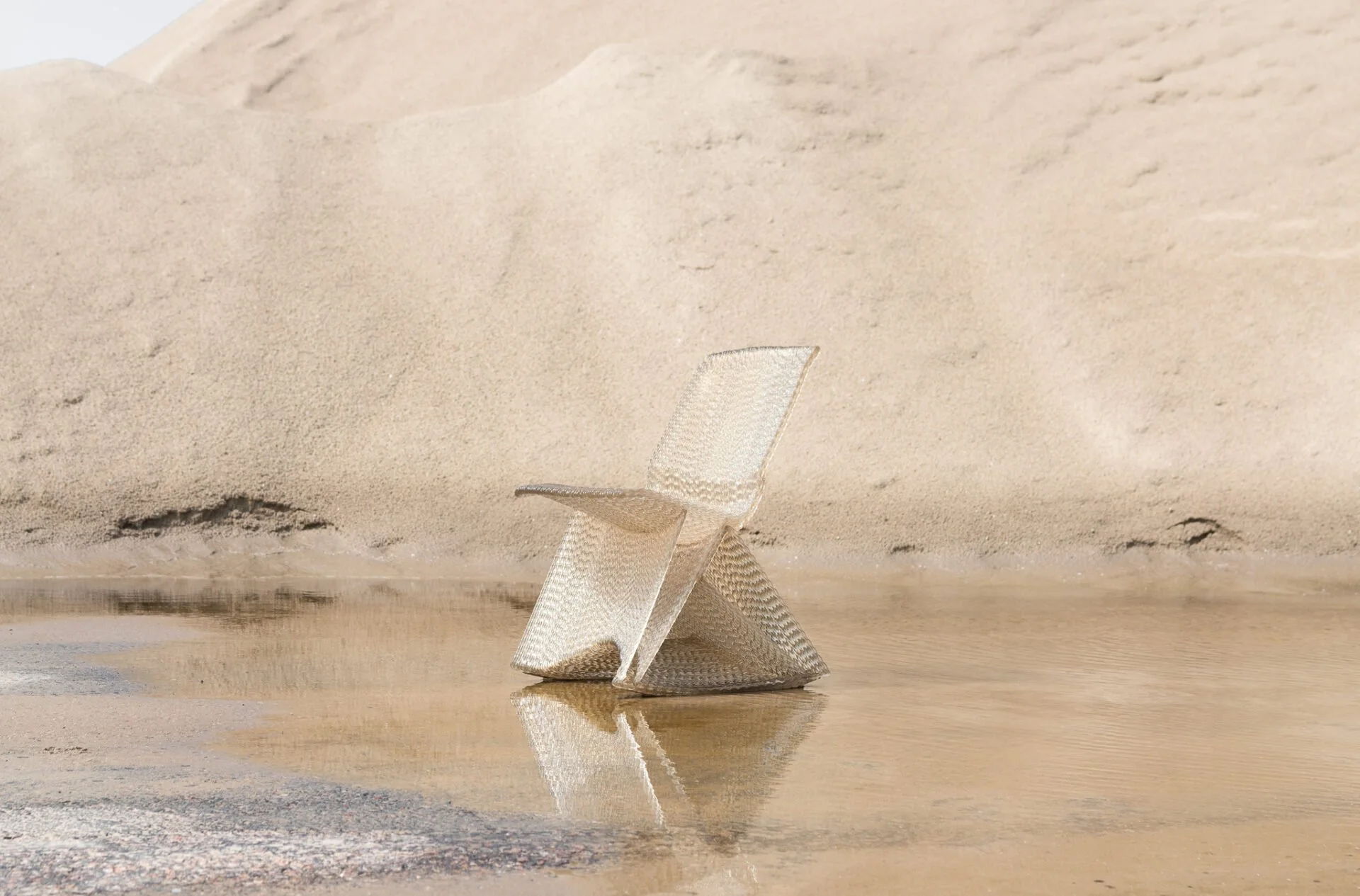 Image 9 of 13
Image 9 of 13

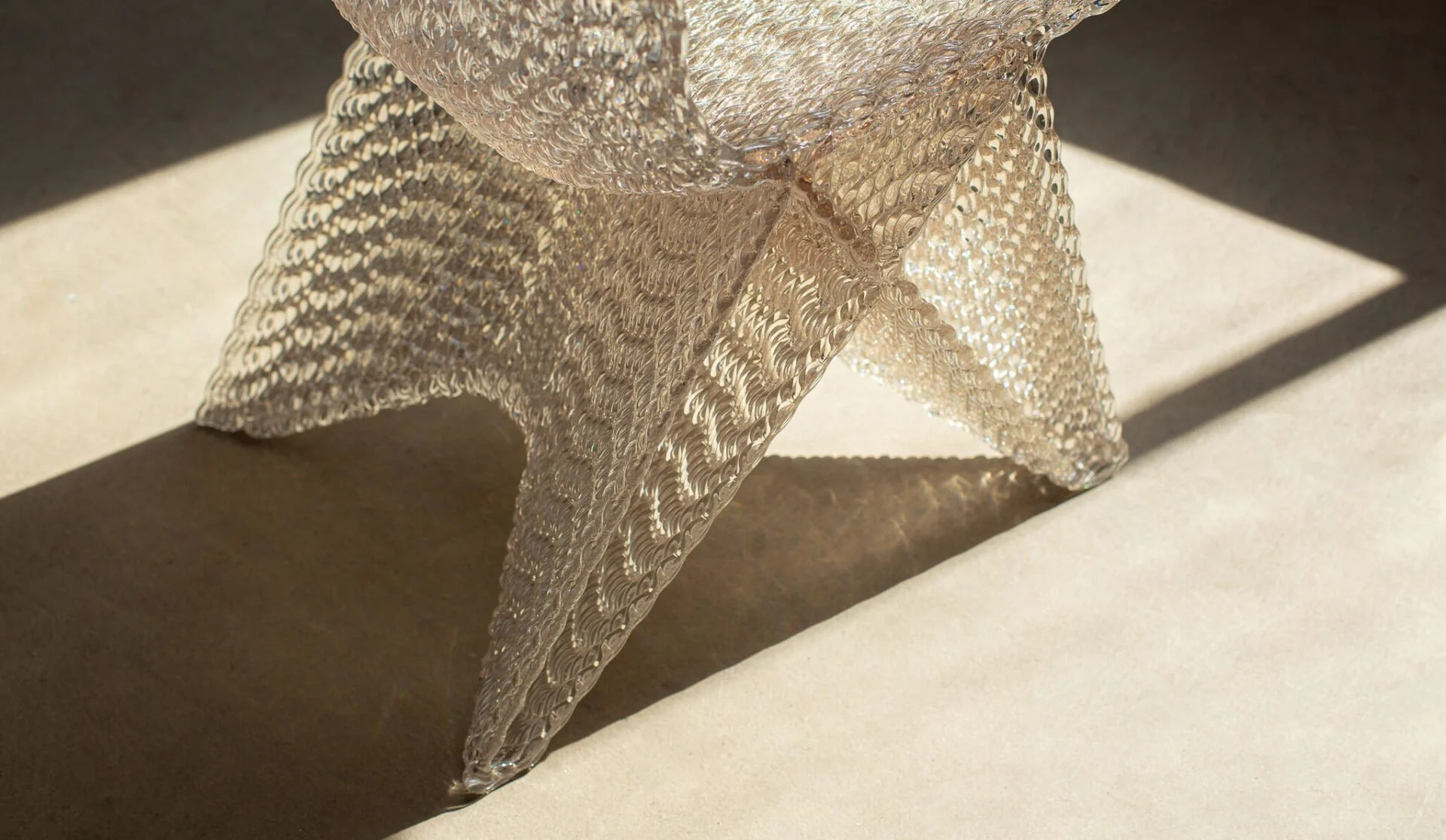 Image 10 of 13
Image 10 of 13

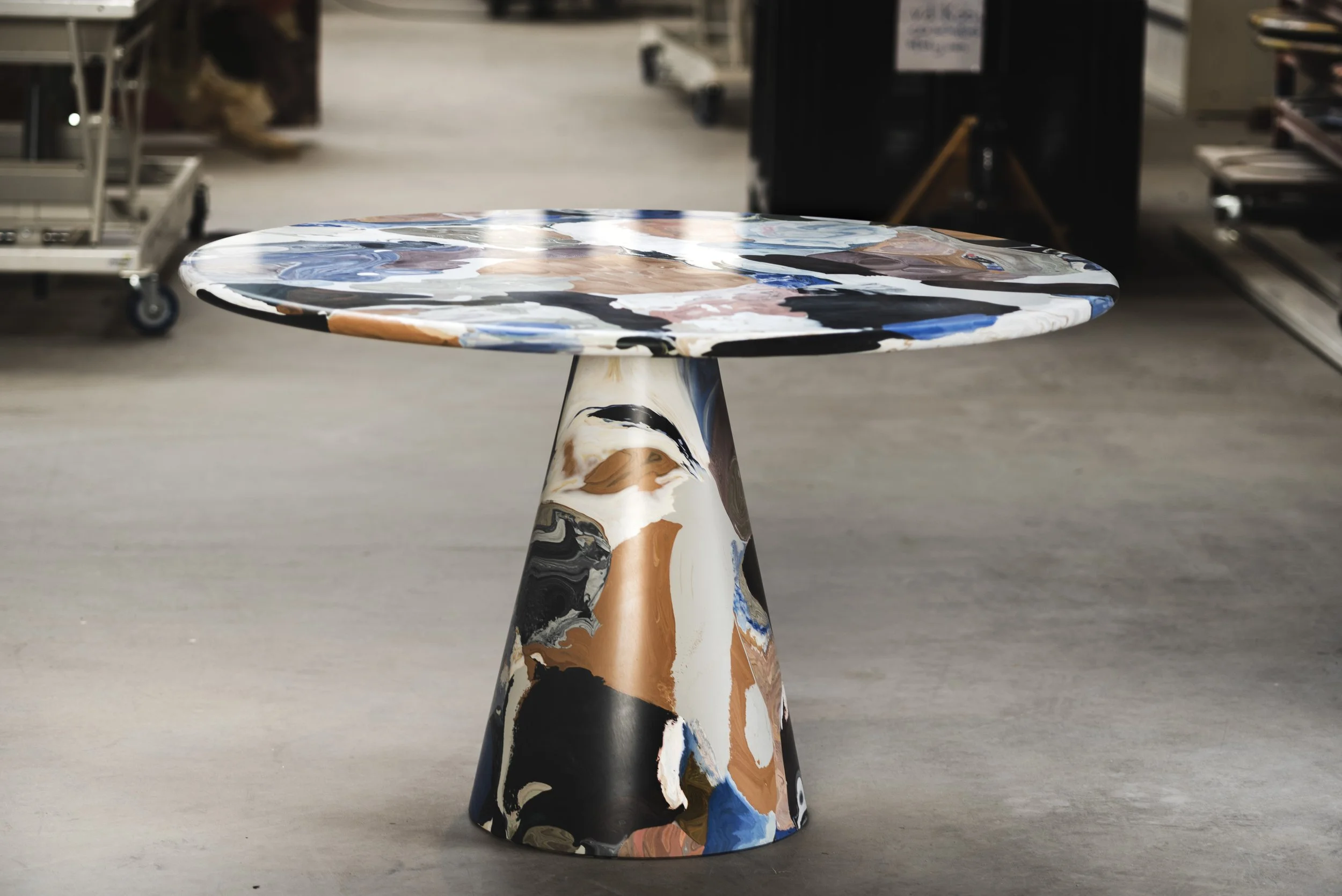 Image 11 of 13
Image 11 of 13

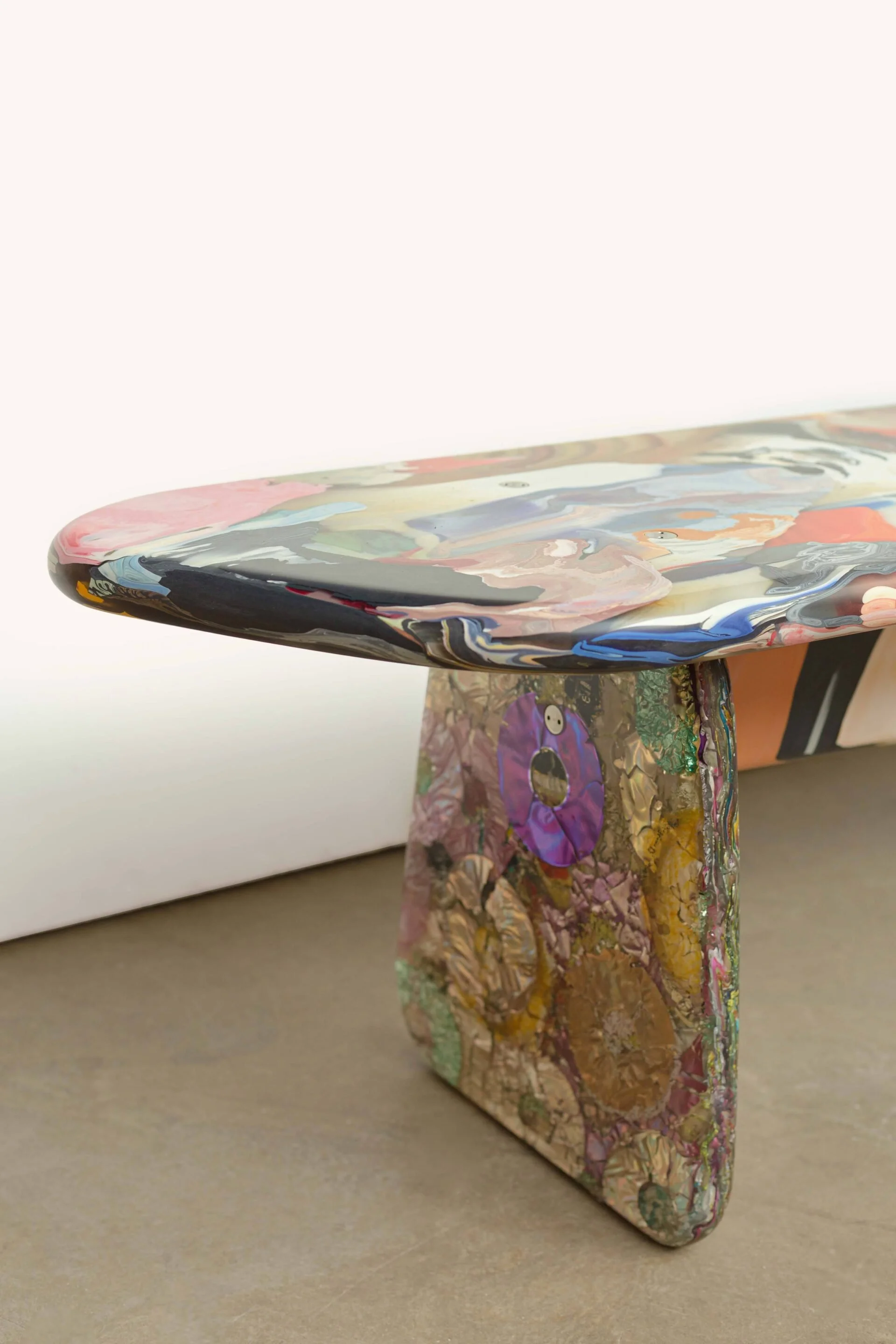 Image 12 of 13
Image 12 of 13

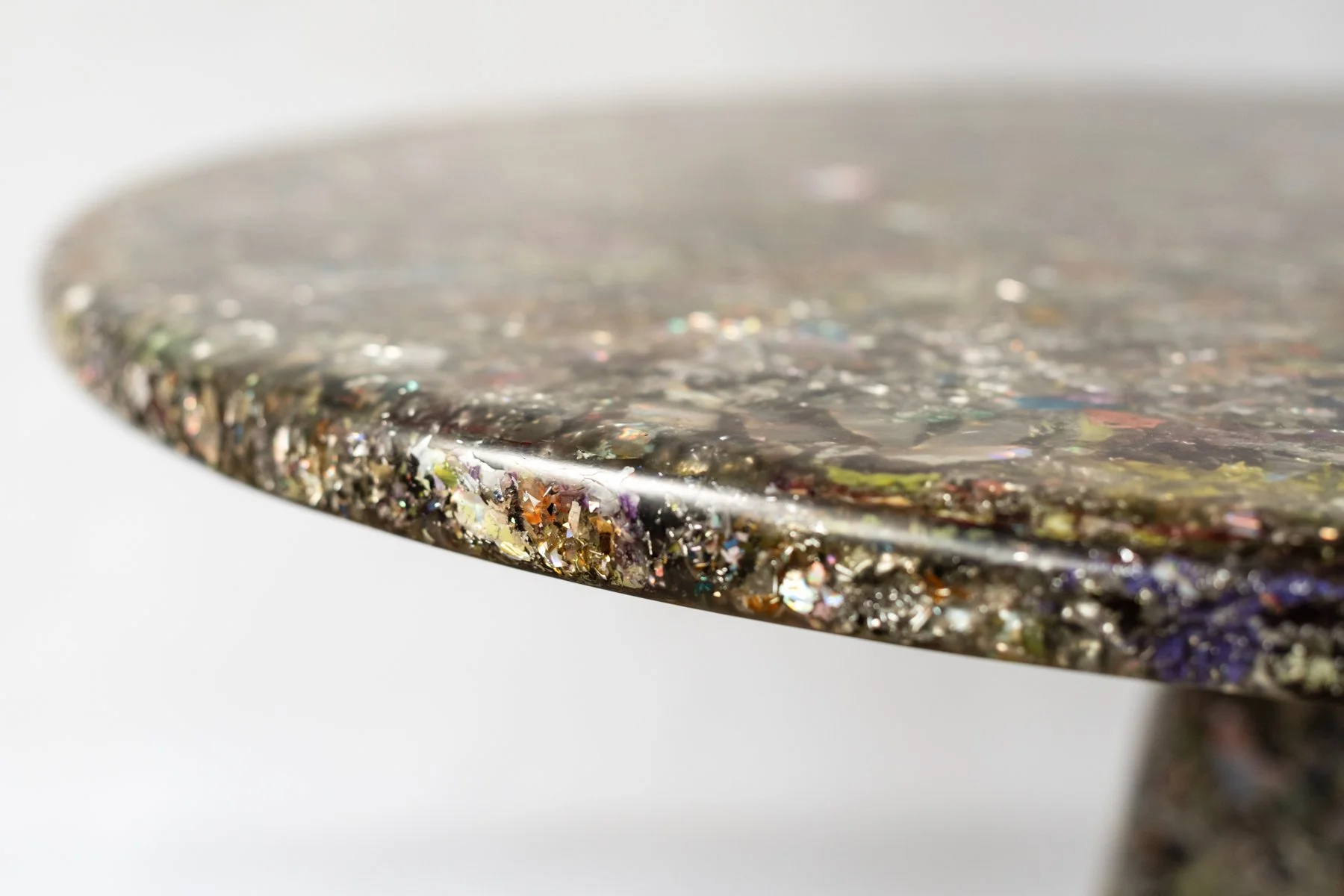 Image 13 of 13
Image 13 of 13














Dirk van der Kooij is transforming waste materials
Dirk van der Kooij is a design studio founded in 2009 in the basement of the Design Academy Eindhoven. The studio was established with the mission to explore the potential of plastic as an honest, durable material. The founding inspiration came from the innovative use of six pizza ovens welded together to create the Elephant Skin series, which showcased the unique properties of recycled plastic. The current mission of the studio is to create "forever furniture" that sustains generations of use, guided by the core values of longevity, functionality, and joy. The purpose of Dirk van der Kooij's work is to transform waste materials into valuable, high-quality furniture through a delicate union of machine and craft.
Location
Headquarters: Amsterdam, Netherlands.
Primary manufacturing/operations locations: Amsterdam-based factory.
Note: The studio operates in a 1920’s ex-military warehouse, optimizing local sourcing and production.
The Circular Vision
Core circular economy principles: Designing out waste, using recycled materials, and creating products that are fully recyclable.
Key innovations: Development of furniture from waste plastic, discarded CDs, leather sofas, kitchen appliances, chocolate moulds, and diseased wood. Use of house-developed presses, robots, and extruders.
Prioritization of local sourcing and closed-loop supply chains: Emphasis on local materials and production to minimize environmental impact and support local economies.
Pioneering Solutions
Flagship products: Elephant Skin series, furniture made from recycled plastic and other unconventional materials.
Unique value propositions: High-quality, durable furniture made from waste materials, innovative design processes, and a strong focus on sustainability.
The Regenerative Future
R&D focus areas: Advancing recycling technologies, developing new sustainable materials, and optimizing circular design processes.
Ambitious goals: To scale circularity in the furniture industry, significantly reduce global waste and carbon emissions, and make high-quality design accessible to a broader audience.
Fact Sheet
Commercial Availability: Products available through direct purchase on the Dirk van der Kooij website and select retailers.
Environmental Product Declaration (EPD): Information not available.
Circularity Rating: 5/5 (Designed for full circularity).
Key Certifications: Information not available.
Cost Rating: 4/5 (Premium pricing with a focus on long-term value and sustainability).
Material Passport: Detailed material traceability and use of recycled and sustainable materials.
Designed for Disassembly: Yes, products are designed for easy disassembly and recycling.
Carbon Performance: Focus on reducing carbon footprint through sustainable materials and local production.
Key Takeaway
Dirk van der Kooij transforms waste into high-quality, durable furniture through innovative design and sustainable practices, setting a benchmark for circularity in the furniture industry.
Explore Further
Dirk van der Kooij website: https://www.dirkvanderkooij.com
Sustainability overview: https://www.dirkvanderkooij.com/about
Example product: Elephant Skin series - https://www.dirkvanderkooij.com/elephant-skin
Dirk van der Kooij is a design studio founded in 2009 in the basement of the Design Academy Eindhoven. The studio was established with the mission to explore the potential of plastic as an honest, durable material. The founding inspiration came from the innovative use of six pizza ovens welded together to create the Elephant Skin series, which showcased the unique properties of recycled plastic. The current mission of the studio is to create "forever furniture" that sustains generations of use, guided by the core values of longevity, functionality, and joy. The purpose of Dirk van der Kooij's work is to transform waste materials into valuable, high-quality furniture through a delicate union of machine and craft.
Location
Headquarters: Amsterdam, Netherlands.
Primary manufacturing/operations locations: Amsterdam-based factory.
Note: The studio operates in a 1920’s ex-military warehouse, optimizing local sourcing and production.
The Circular Vision
Core circular economy principles: Designing out waste, using recycled materials, and creating products that are fully recyclable.
Key innovations: Development of furniture from waste plastic, discarded CDs, leather sofas, kitchen appliances, chocolate moulds, and diseased wood. Use of house-developed presses, robots, and extruders.
Prioritization of local sourcing and closed-loop supply chains: Emphasis on local materials and production to minimize environmental impact and support local economies.
Pioneering Solutions
Flagship products: Elephant Skin series, furniture made from recycled plastic and other unconventional materials.
Unique value propositions: High-quality, durable furniture made from waste materials, innovative design processes, and a strong focus on sustainability.
The Regenerative Future
R&D focus areas: Advancing recycling technologies, developing new sustainable materials, and optimizing circular design processes.
Ambitious goals: To scale circularity in the furniture industry, significantly reduce global waste and carbon emissions, and make high-quality design accessible to a broader audience.
Fact Sheet
Commercial Availability: Products available through direct purchase on the Dirk van der Kooij website and select retailers.
Environmental Product Declaration (EPD): Information not available.
Circularity Rating: 5/5 (Designed for full circularity).
Key Certifications: Information not available.
Cost Rating: 4/5 (Premium pricing with a focus on long-term value and sustainability).
Material Passport: Detailed material traceability and use of recycled and sustainable materials.
Designed for Disassembly: Yes, products are designed for easy disassembly and recycling.
Carbon Performance: Focus on reducing carbon footprint through sustainable materials and local production.
Key Takeaway
Dirk van der Kooij transforms waste into high-quality, durable furniture through innovative design and sustainable practices, setting a benchmark for circularity in the furniture industry.
Explore Further
Dirk van der Kooij website: https://www.dirkvanderkooij.com
Sustainability overview: https://www.dirkvanderkooij.com/about
Example product: Elephant Skin series - https://www.dirkvanderkooij.com/elephant-skin
